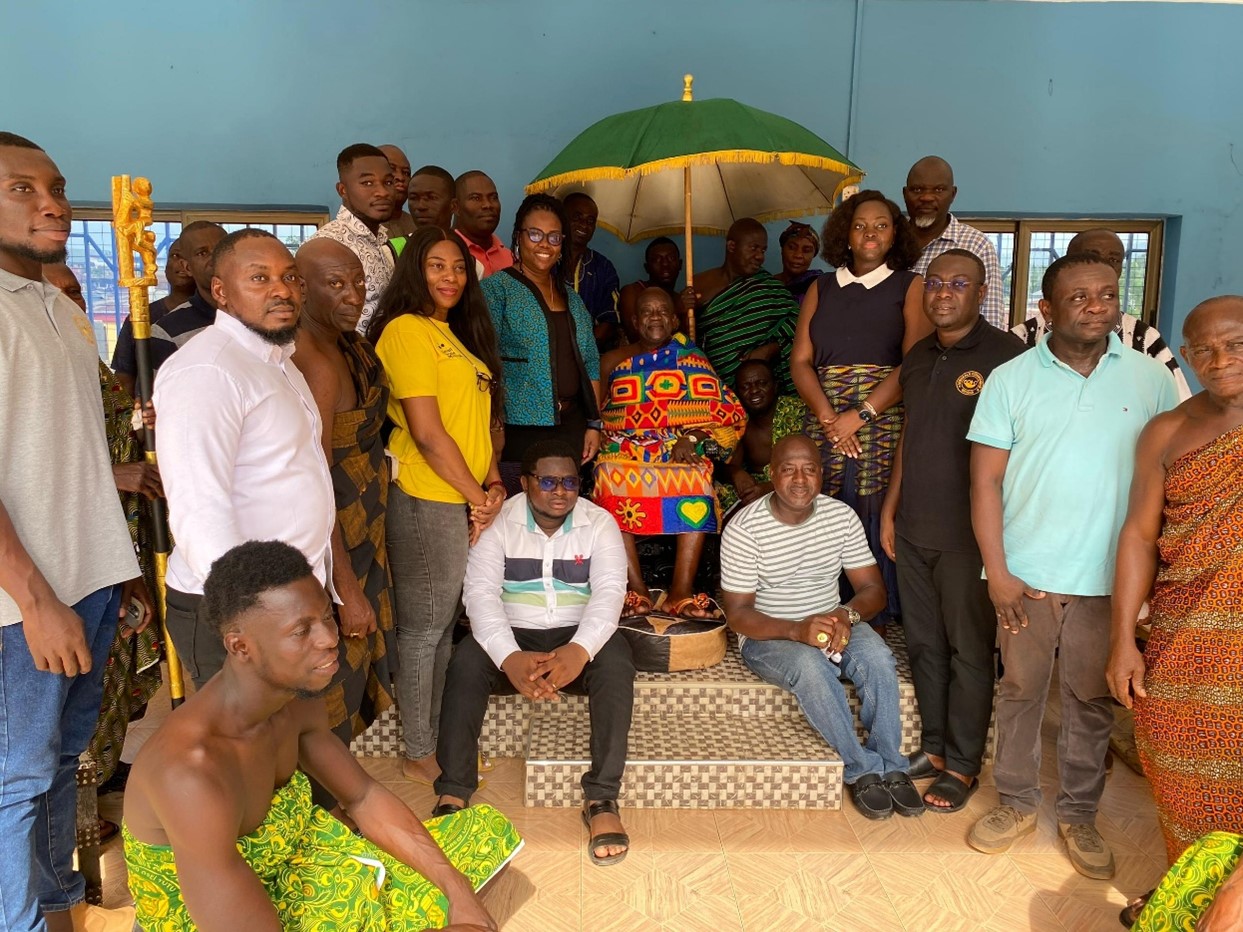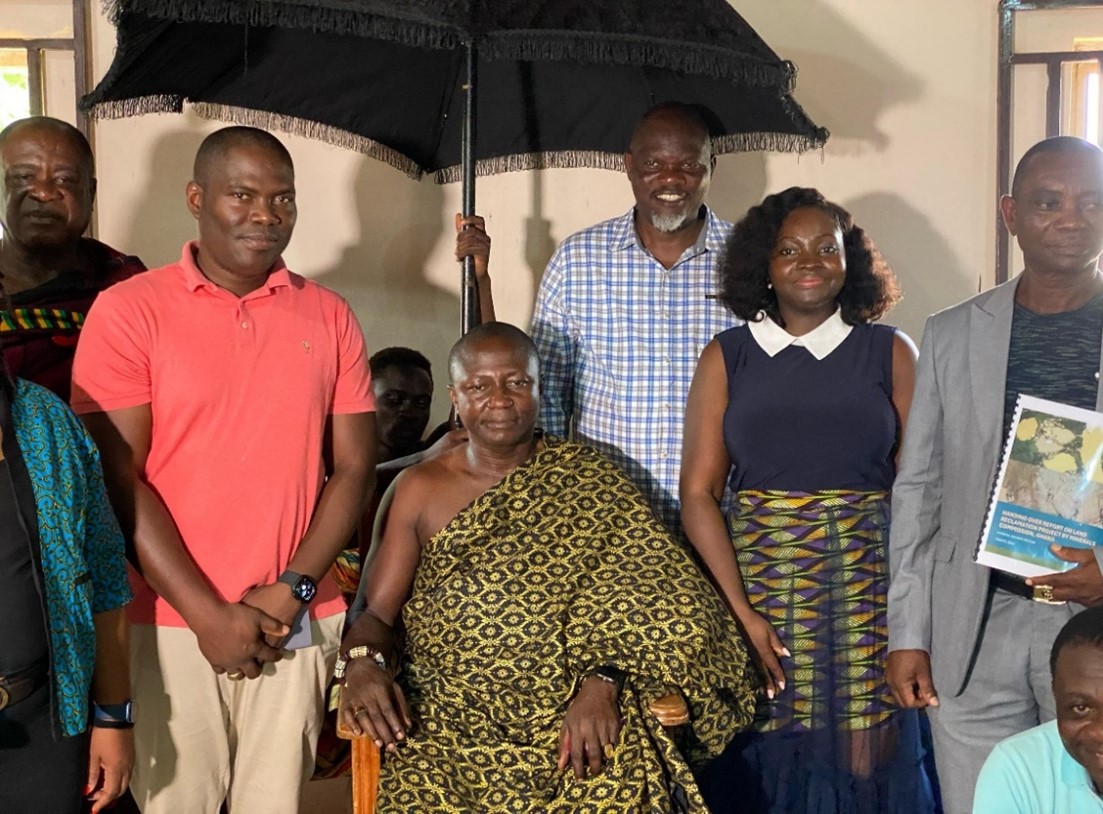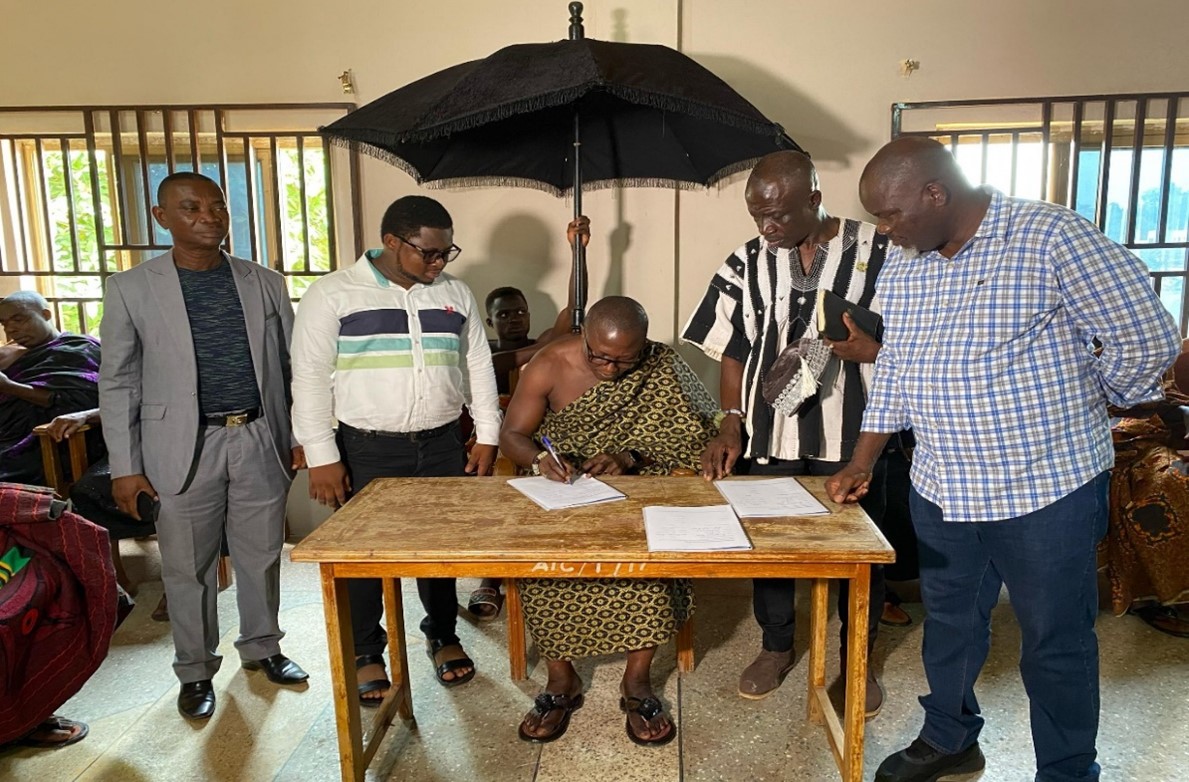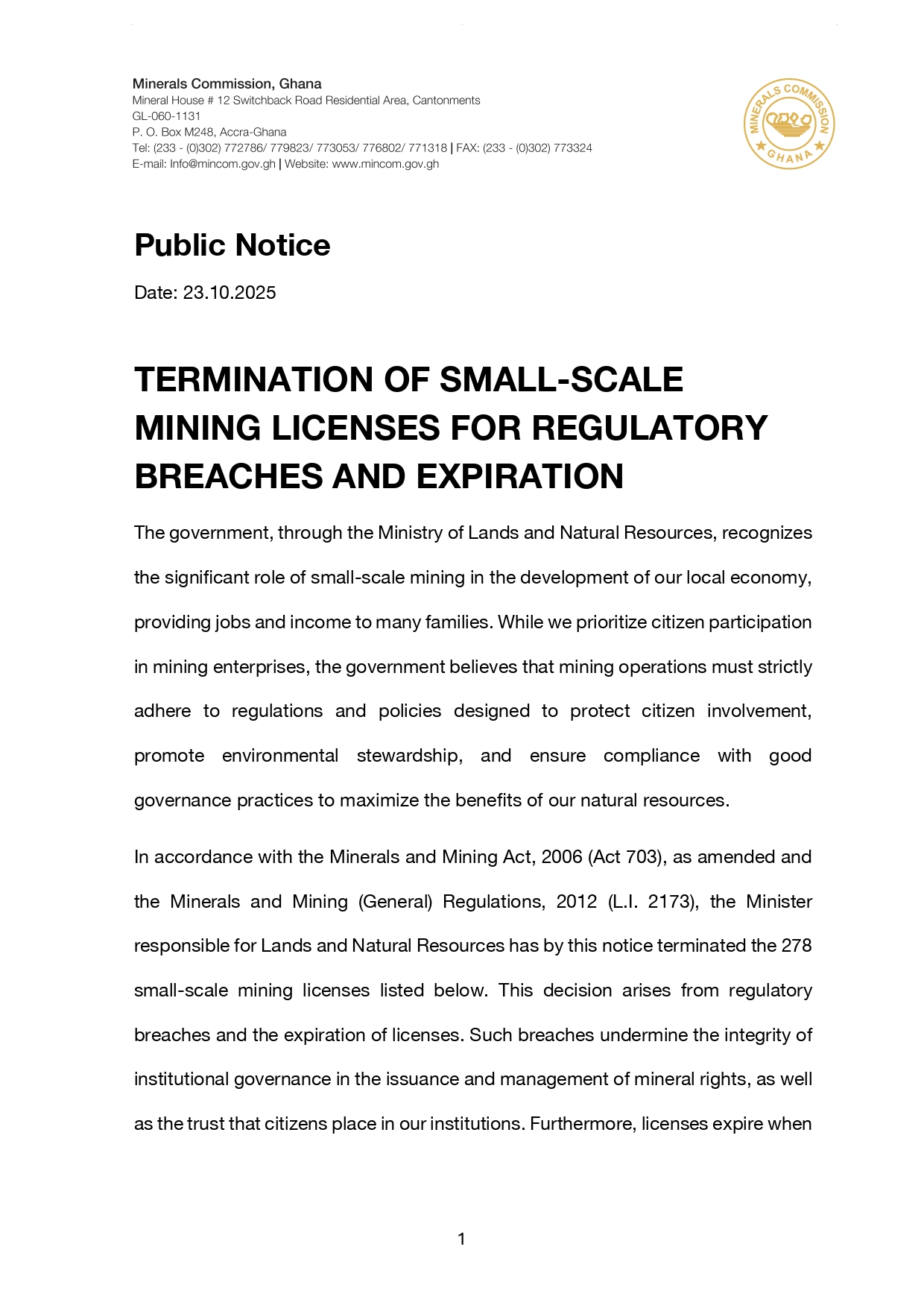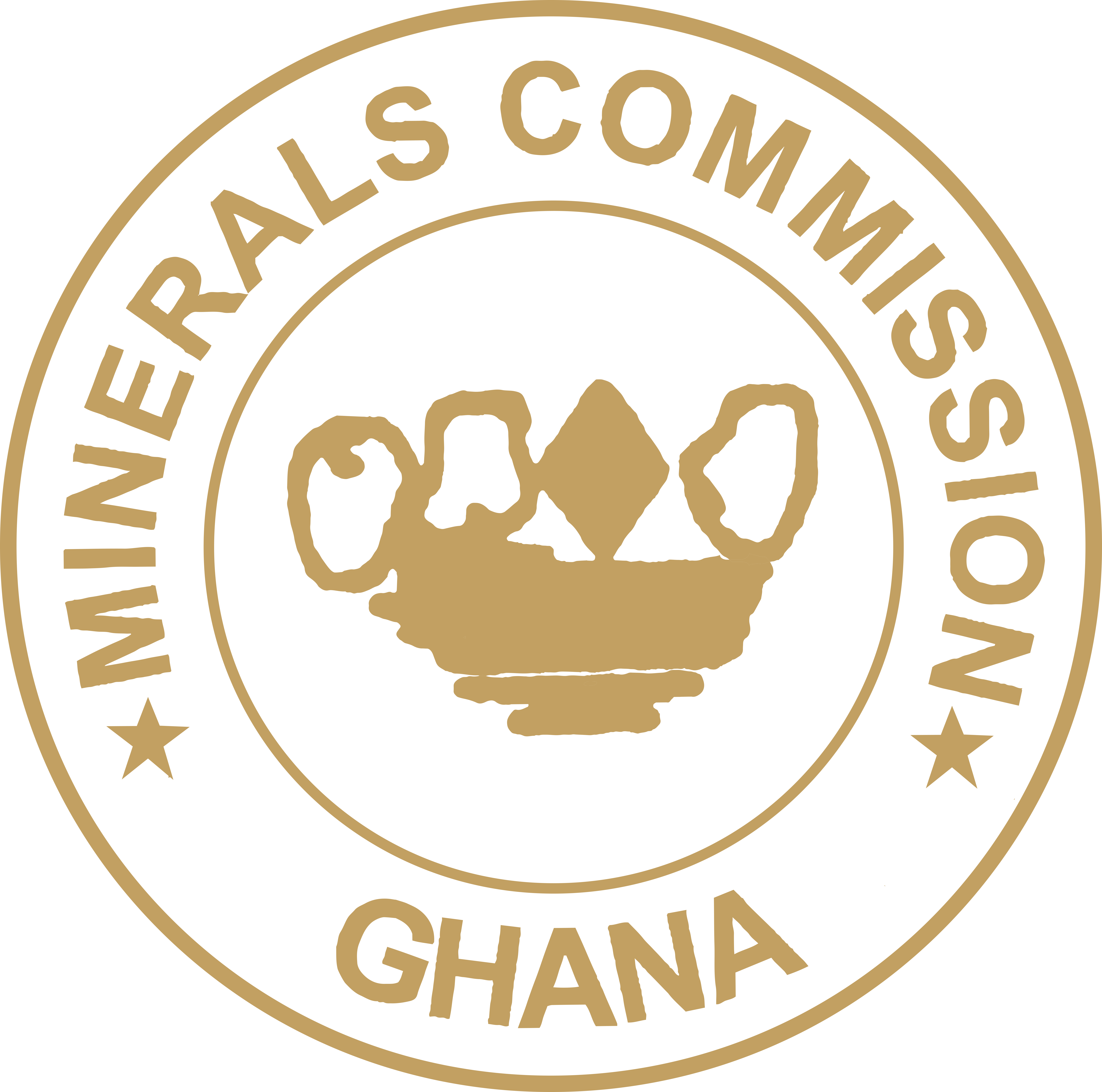Africa Must Define Its Own Critical Minerals, Says Minerals Commission CEO
Africa Must Define Its Own Critical Minerals – Says Minerals Commission CEO
The CEO of the Minerals Commission, Mr. Isaac Tandoh, is calling for a radical shift in how the continent views its natural wealth. He argues that Africa must reject “foreign-imposed” definitions of critical minerals. Speaking on the future of the continent’s extractive sector, the CEO warned that adhering to the Global North’s energy-transition agenda risks turning Africa into a mere source of raw materials. Instead, he proposed an Africa-centered framework designed to fuel domestic industrialization and regional sovereignty.
Mr. Tandoh made these remarks on February 10, 2026, during a roundtable discussion titled, “Is the Term ‘Critical Minerals’ Right for Africa?” The event was held at the Ngorongoro Crater Stage as part of the 2026 African Mining Indaba activities. “Africa should define critical minerals in Africa’s own terms, anchored in our development objectives, our people’s needs, and our continent’s sustainable future,” he stressed.
The CEO expressed the view that the continent is urbanizing, industrializing, and pursuing inclusive growth. “Minerals in Africa are not just inputs for the clean energy revolution. They are the bricks and mortar of African factories, power plants, and digital economies. If we simply adopt foreign definitions, we risk exporting raw ore while importing finished goods,” he stated.
Mr. Tandoh urged that Africa must write its own definition, proposing a three-tier framework:
Core Development Minerals: Those that power Africa’s own industrialization and electrification. These must be processed locally, creating jobs and adding value at home.
Global Energy Transition Minerals: Resources in demand abroad, which should be supplied responsibly but leveraged to build regional processing capacity.
Guardrail Minerals: Those with high environmental or social risks, requiring strict governance and transparency.
He further highlighted three non-negotiable principles: governance, value addition, and adaptability. “Transparent licensing, beneficiation, and a Pan-African monitoring system are not optional; they are obligations to future generations,” Mr. Tandoh said.
The CEO reiterated that Africa should harmonize standards, build regional ecosystems for steel, batteries, and electronics, and engage with partners as co-investors in skills and technology transfer – not merely as buyers of ore.
Mr. Tandoh called for the establishment of a Critical Minerals Charter to set governance standards, beneficiation targets, and milestones for skills development and environmental stewardship on the continent. He urged that it must be co-created with governments, communities, civil society, and industry to ensure every voice is heard.
“Africa’s minerals are critical, but not because the world says so. They are critical because they hold the key to our sovereignty, resilience, and prosperity. If we define them ourselves, mining becomes a catalyst for broad-based growth. If we don’t, we remain a warehouse for other people’s transitions,” he concluded.
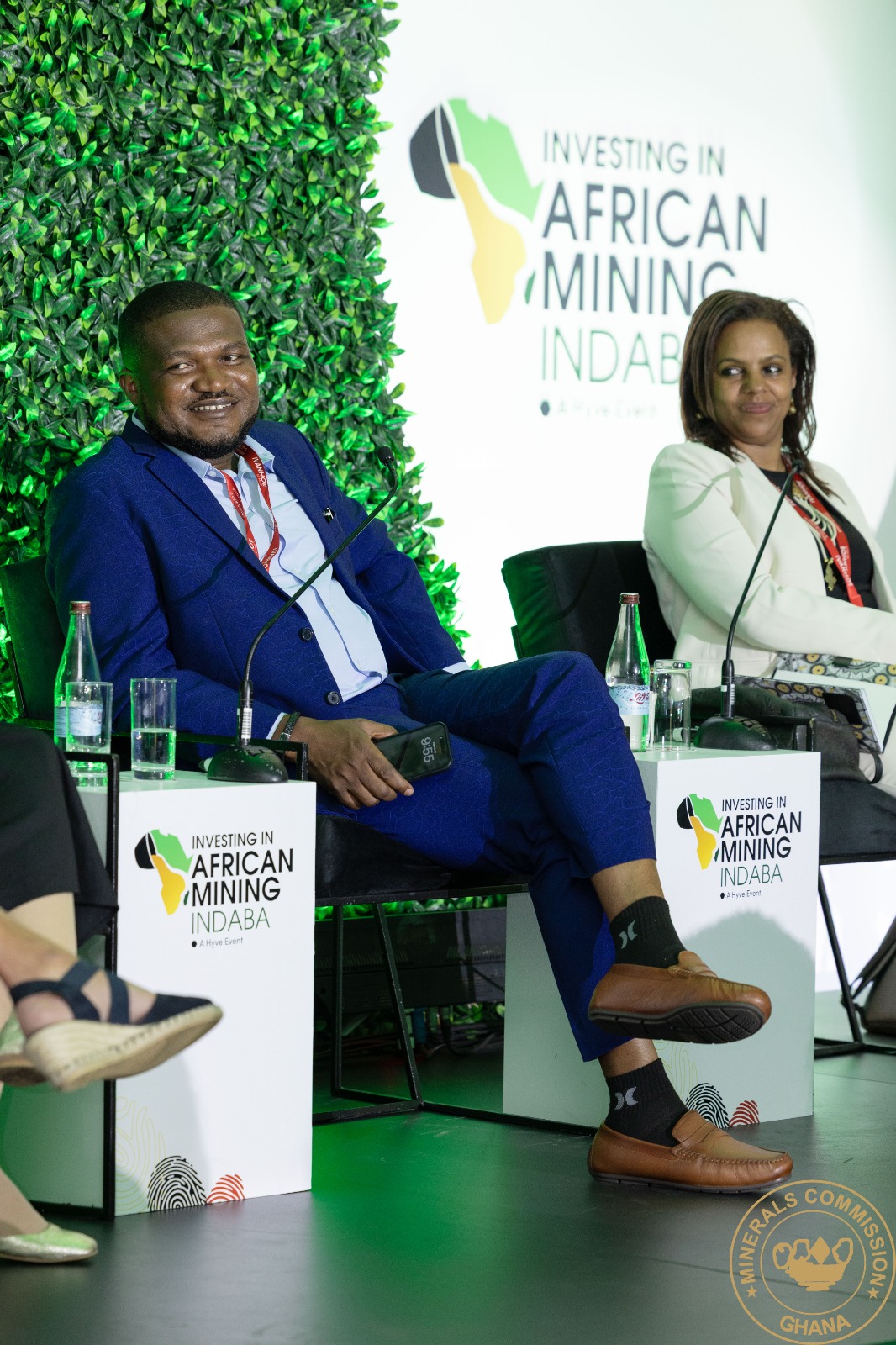
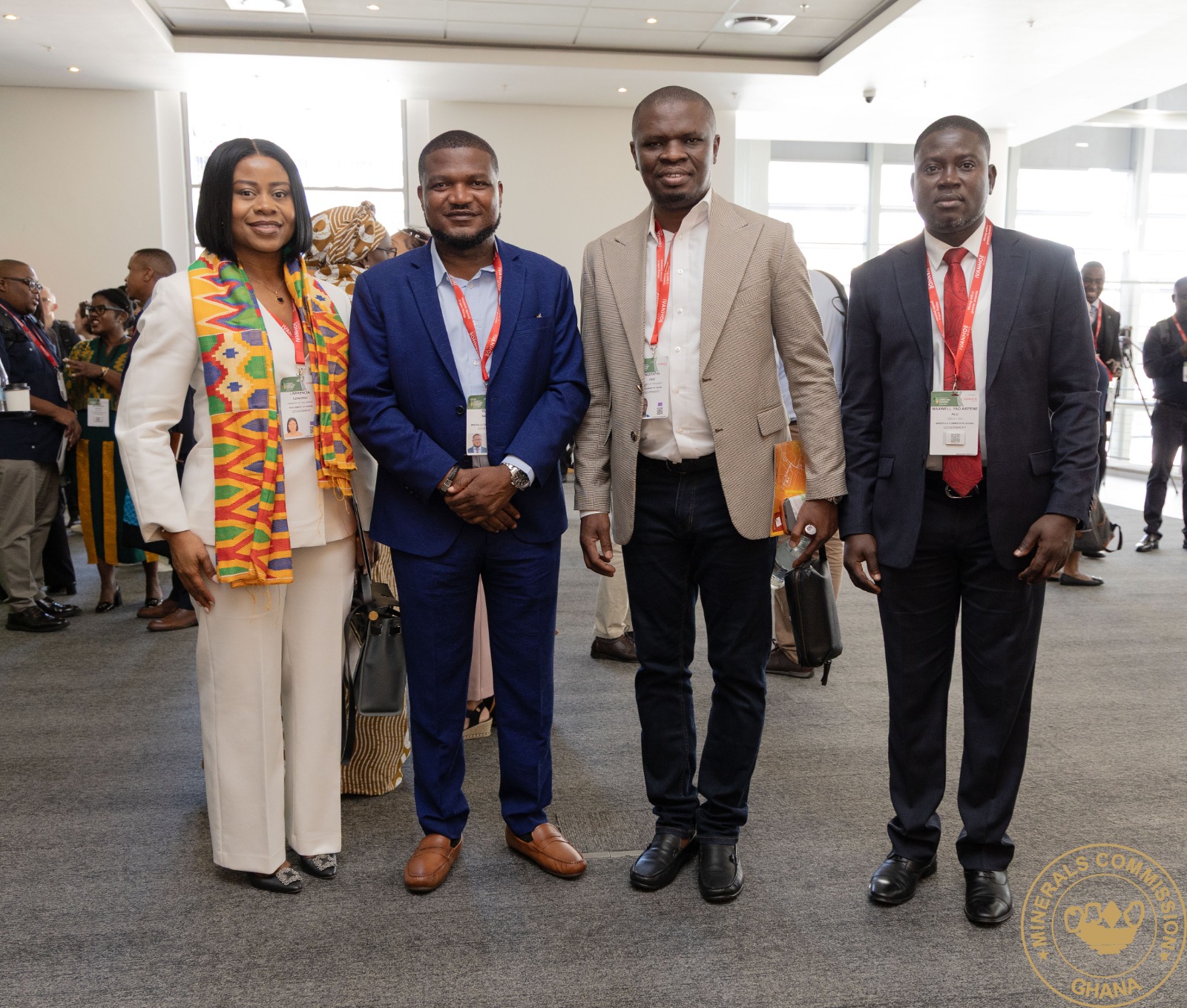
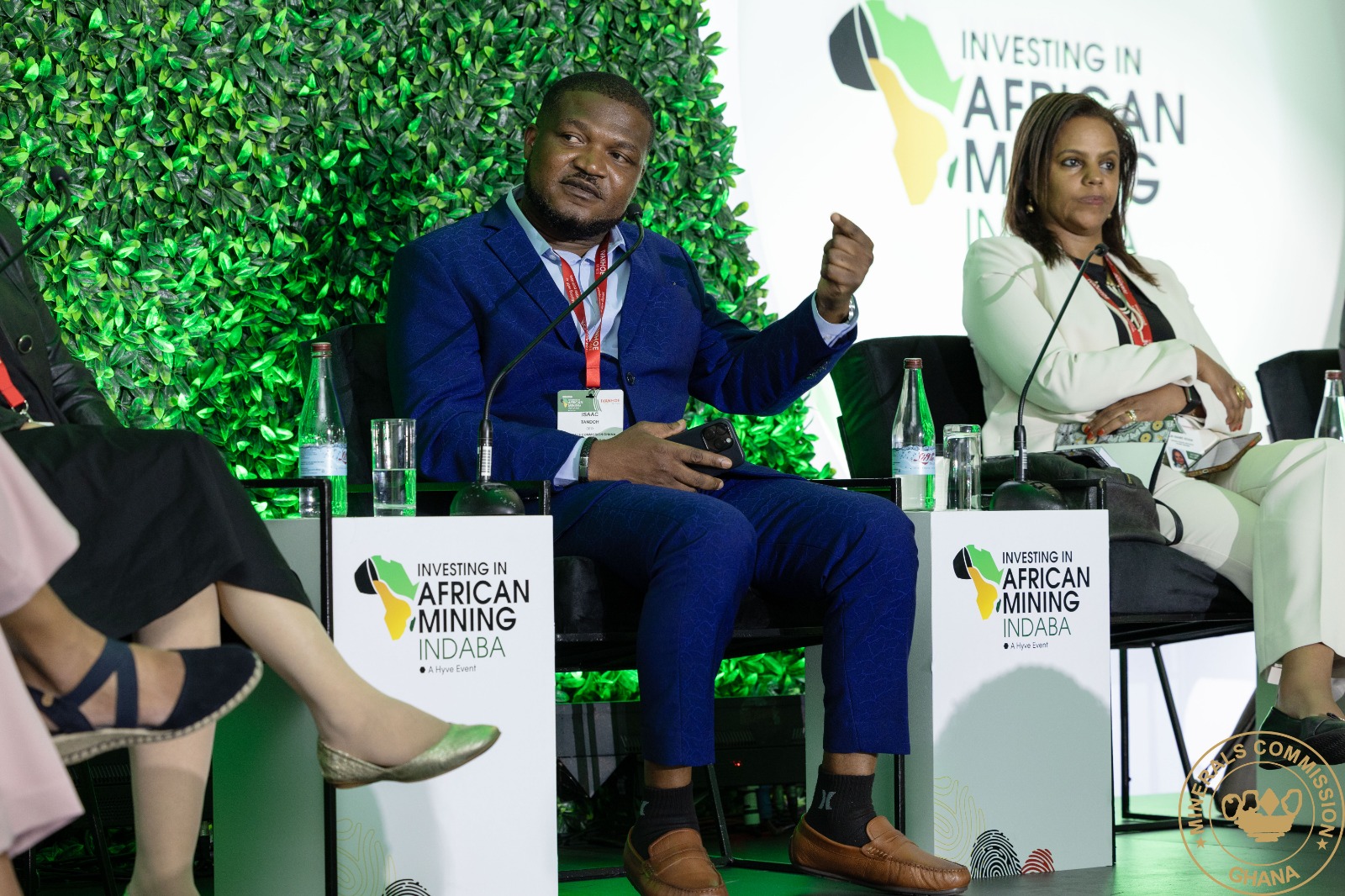
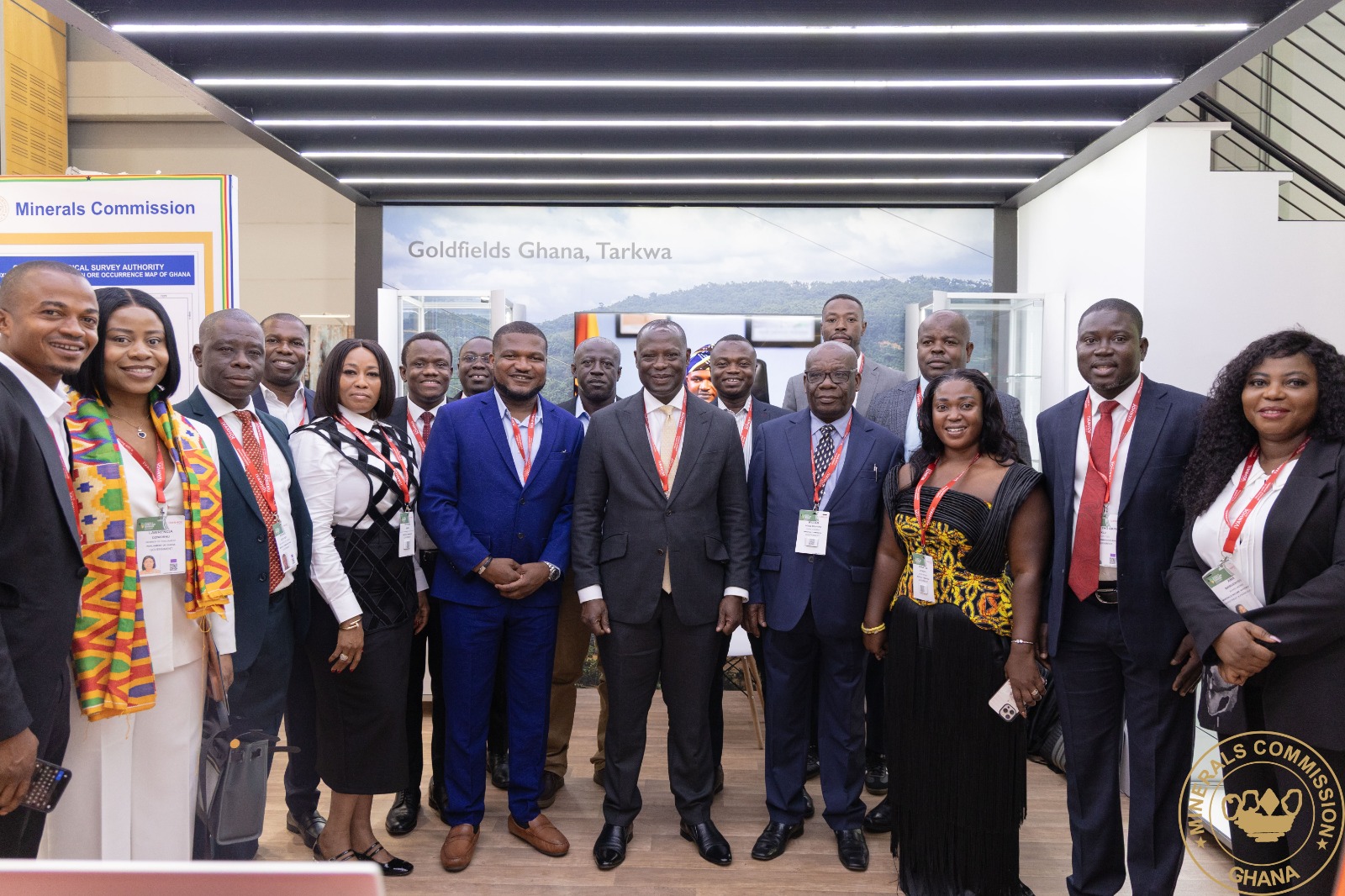
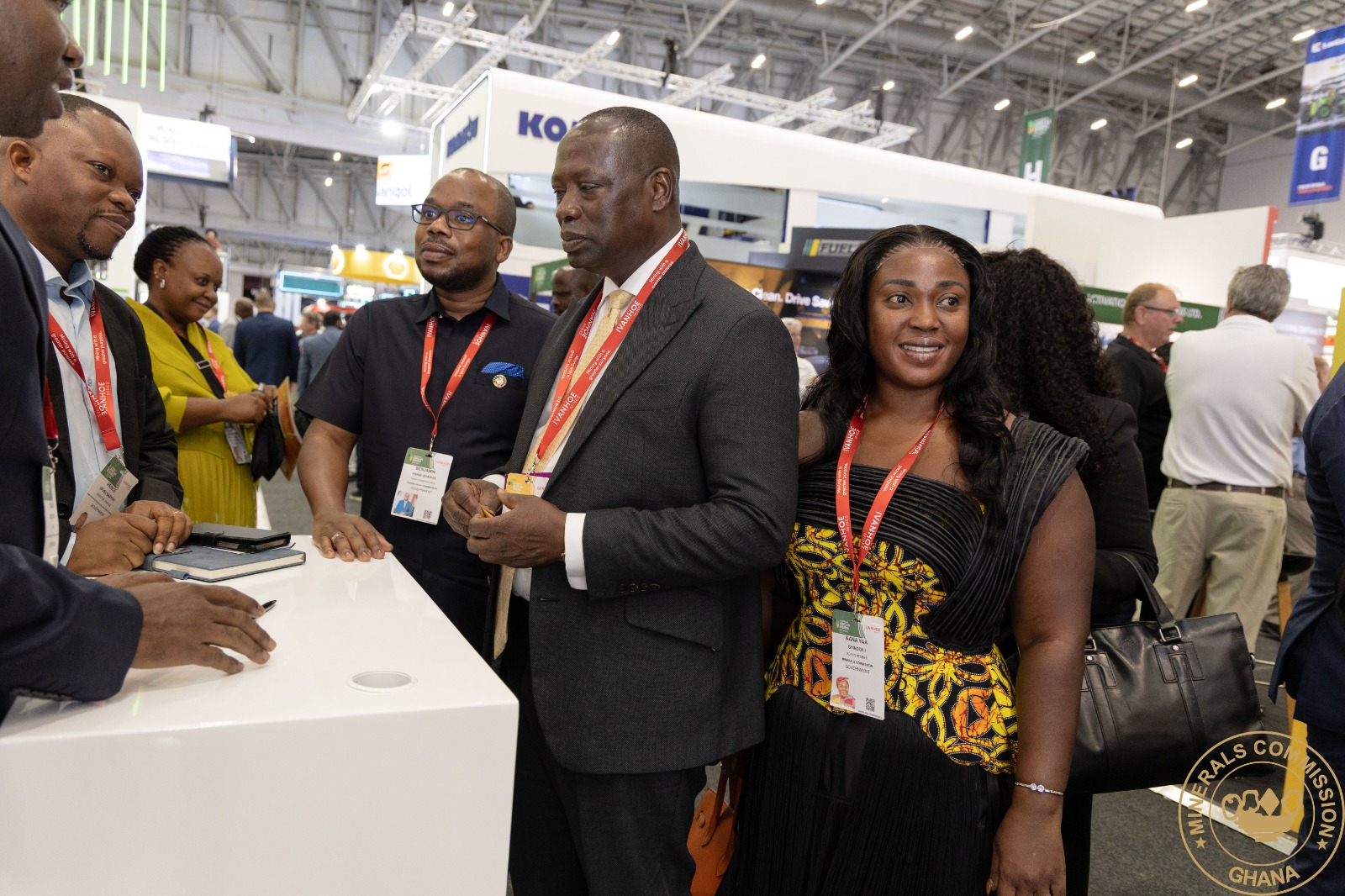
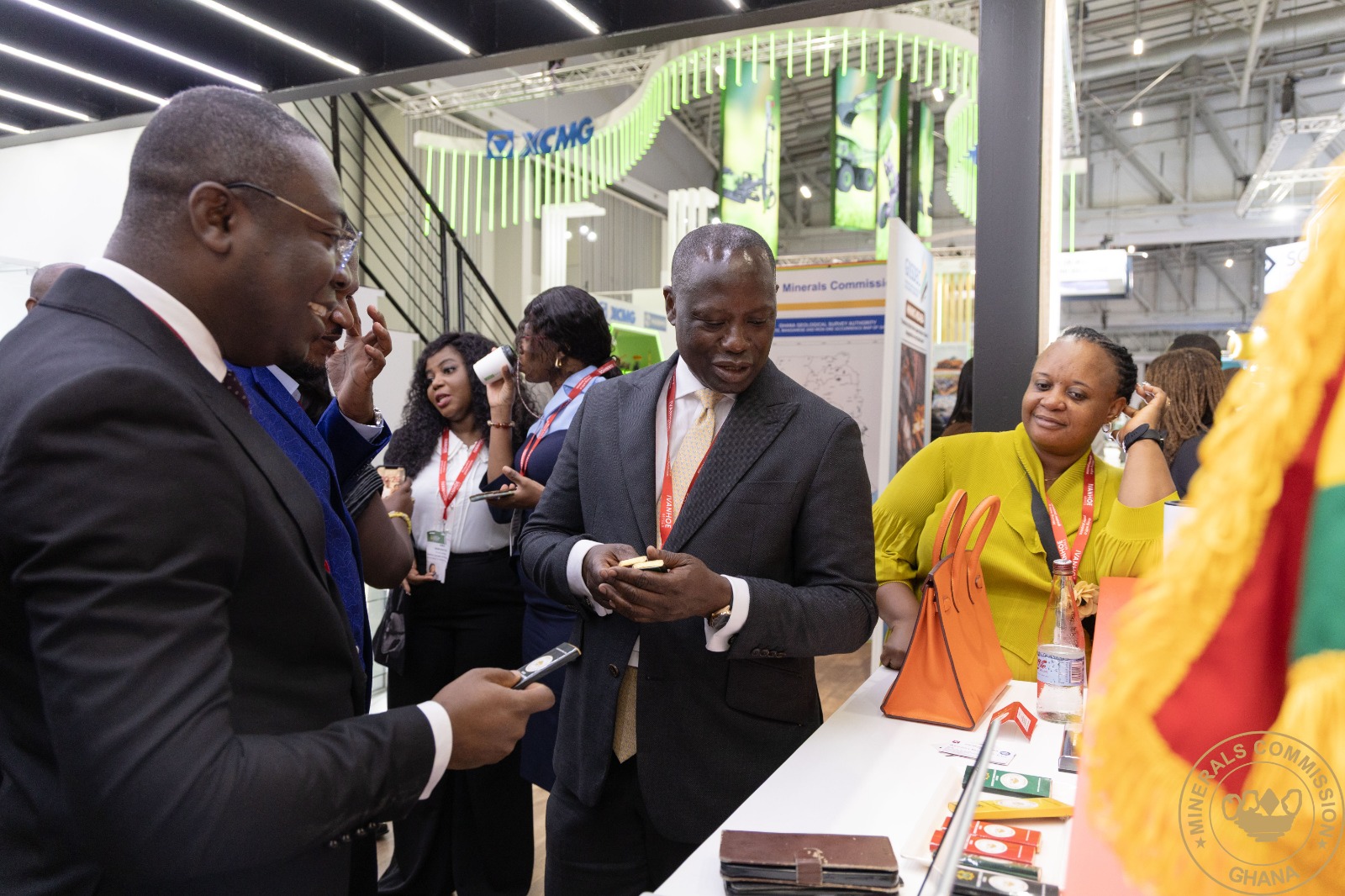
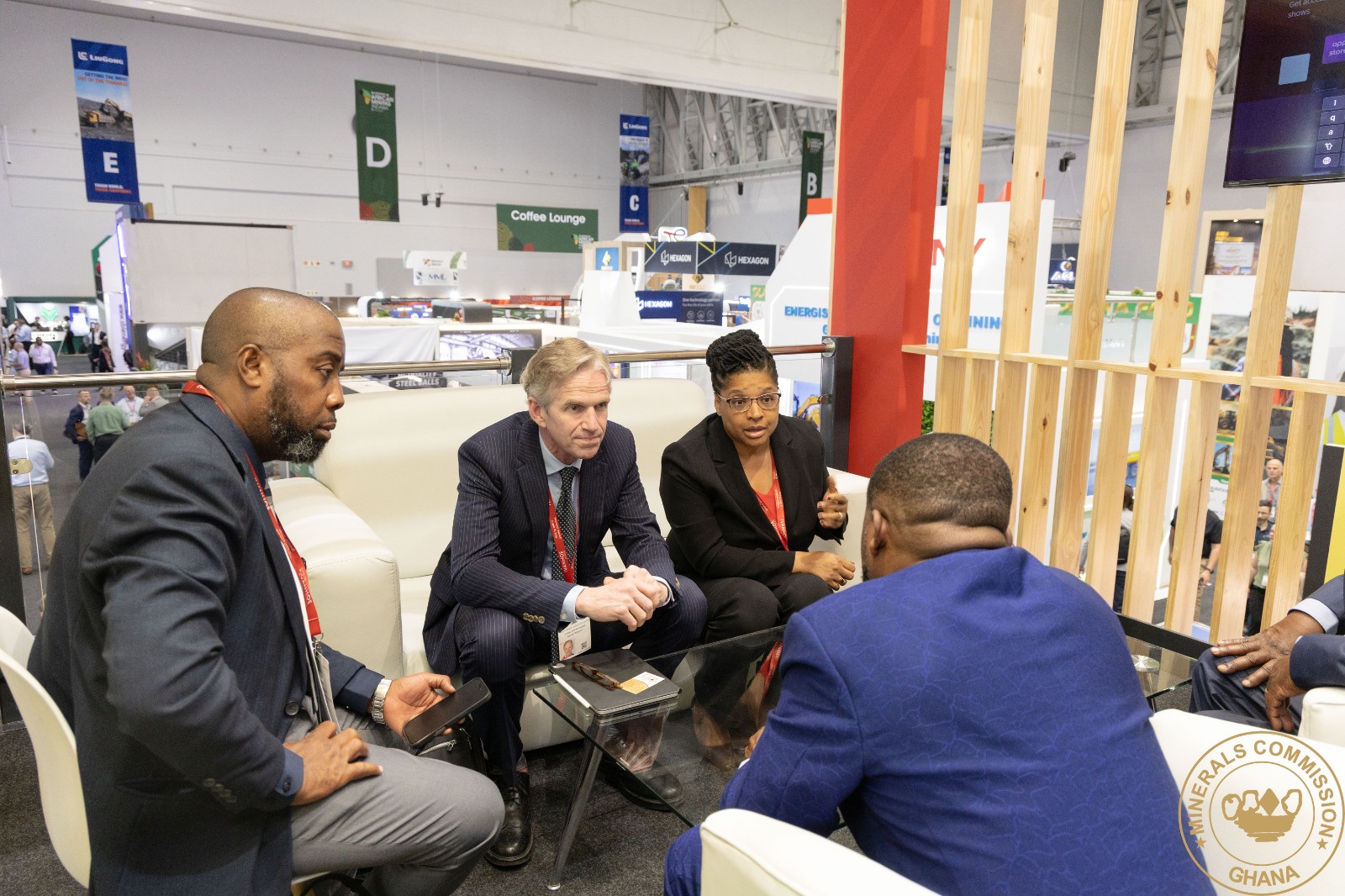
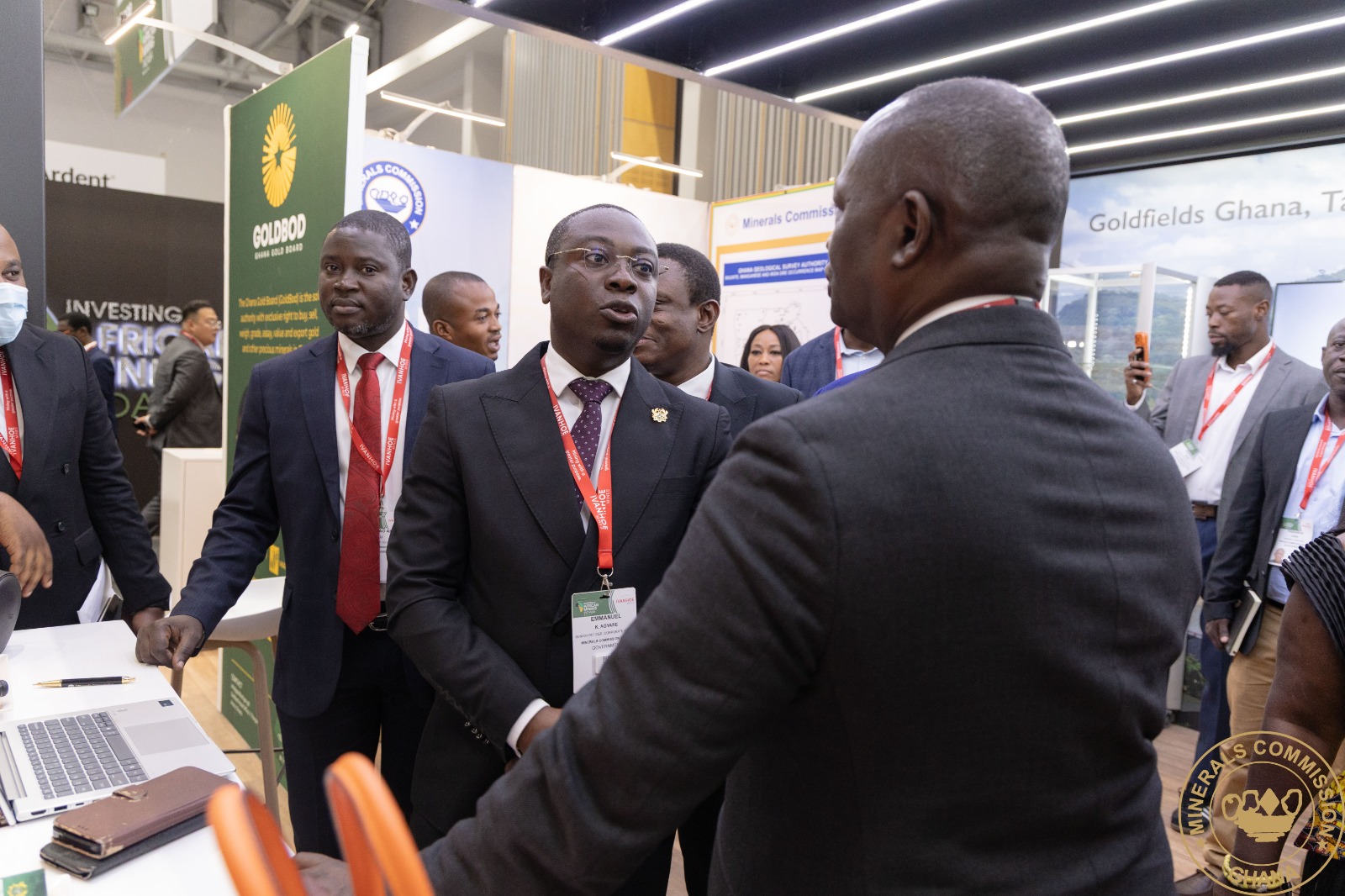
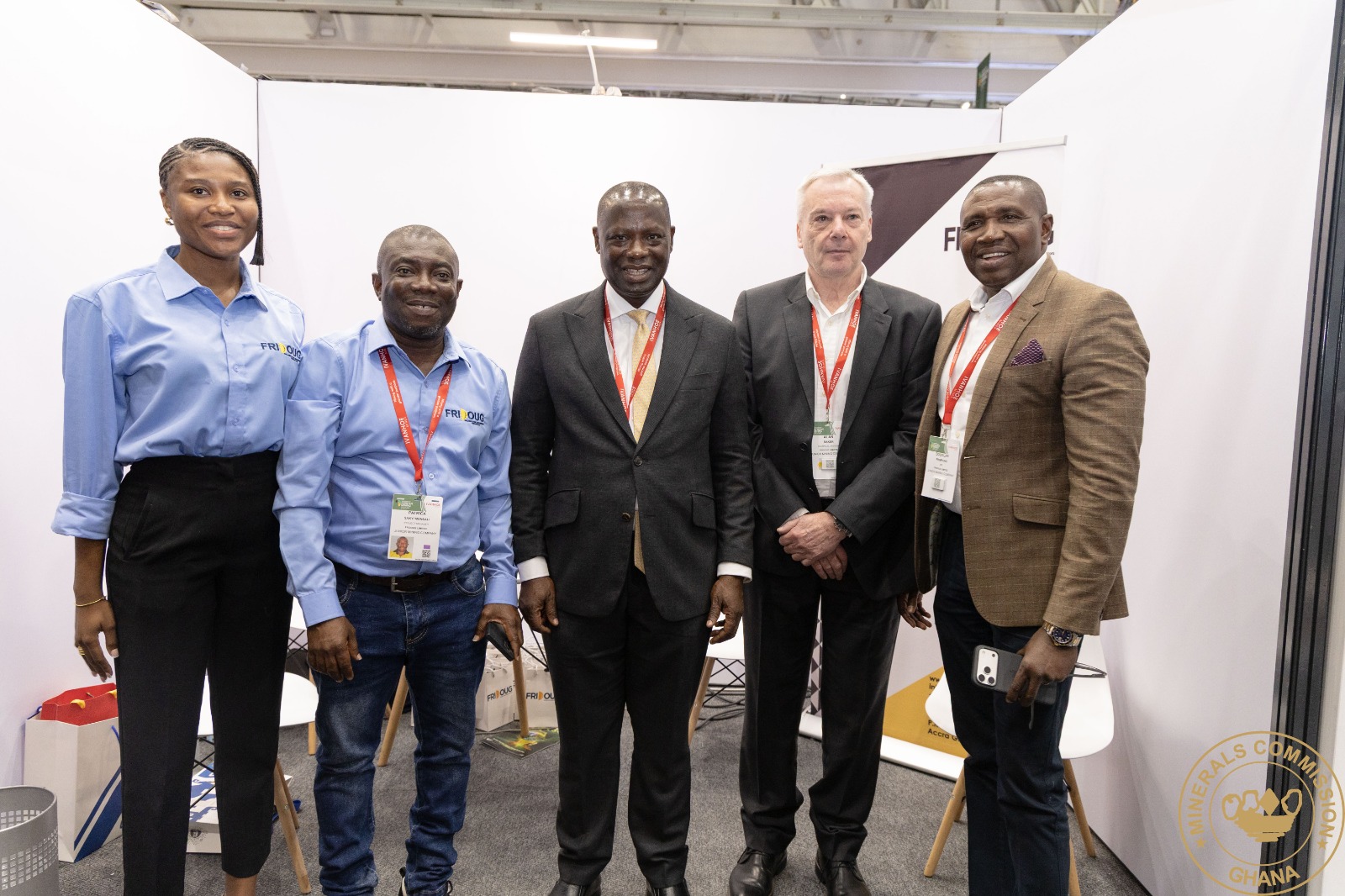
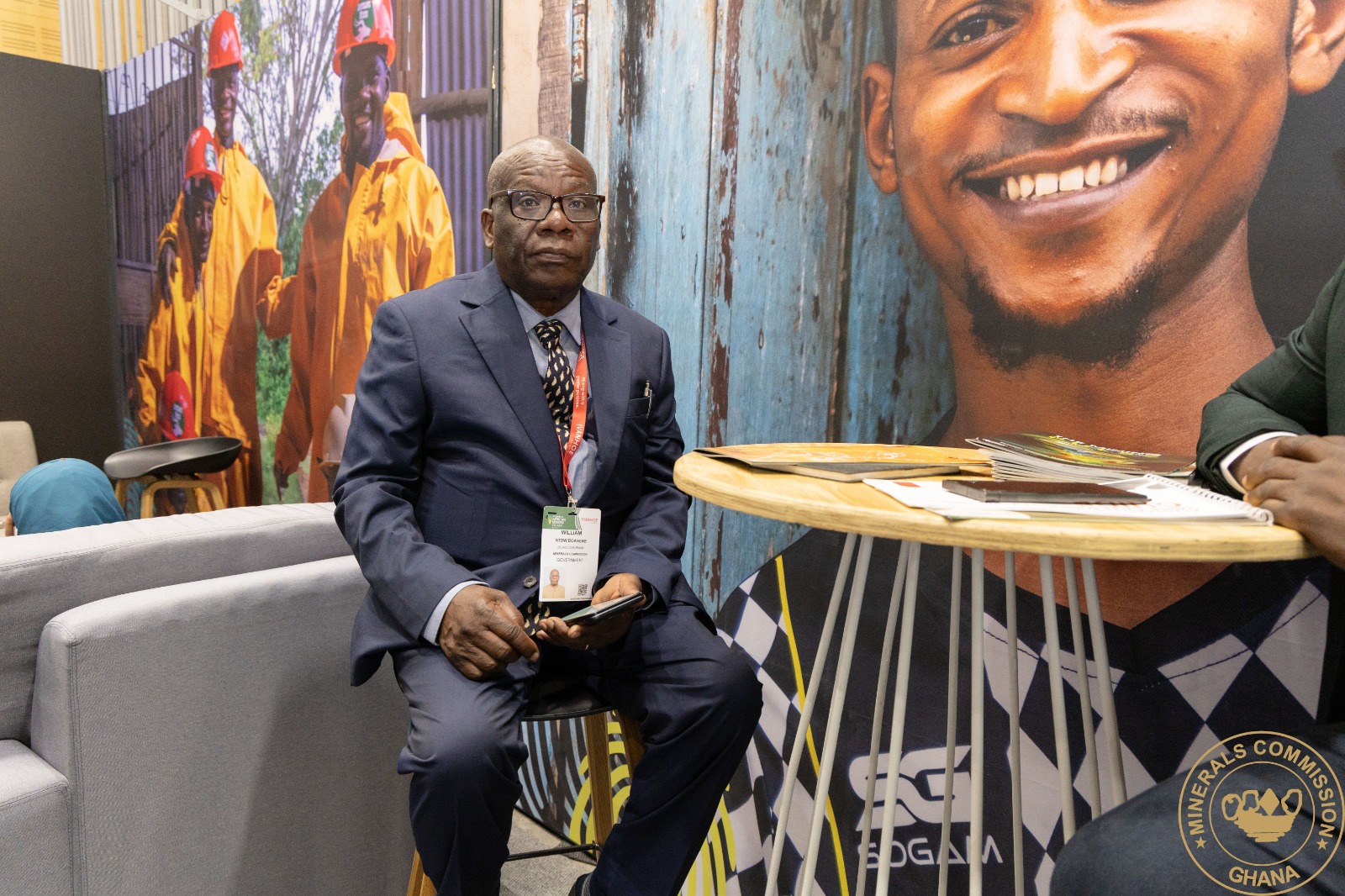
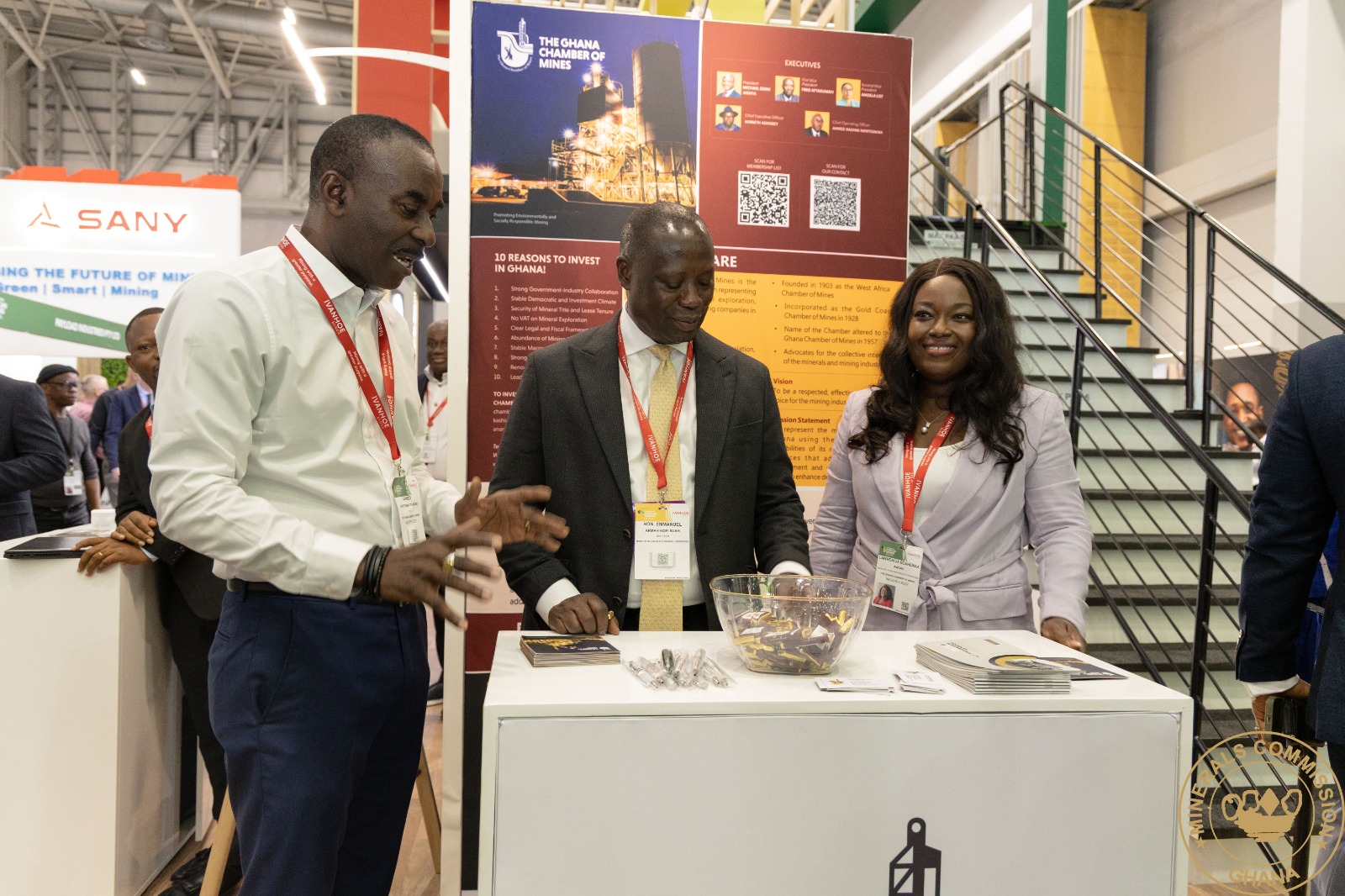
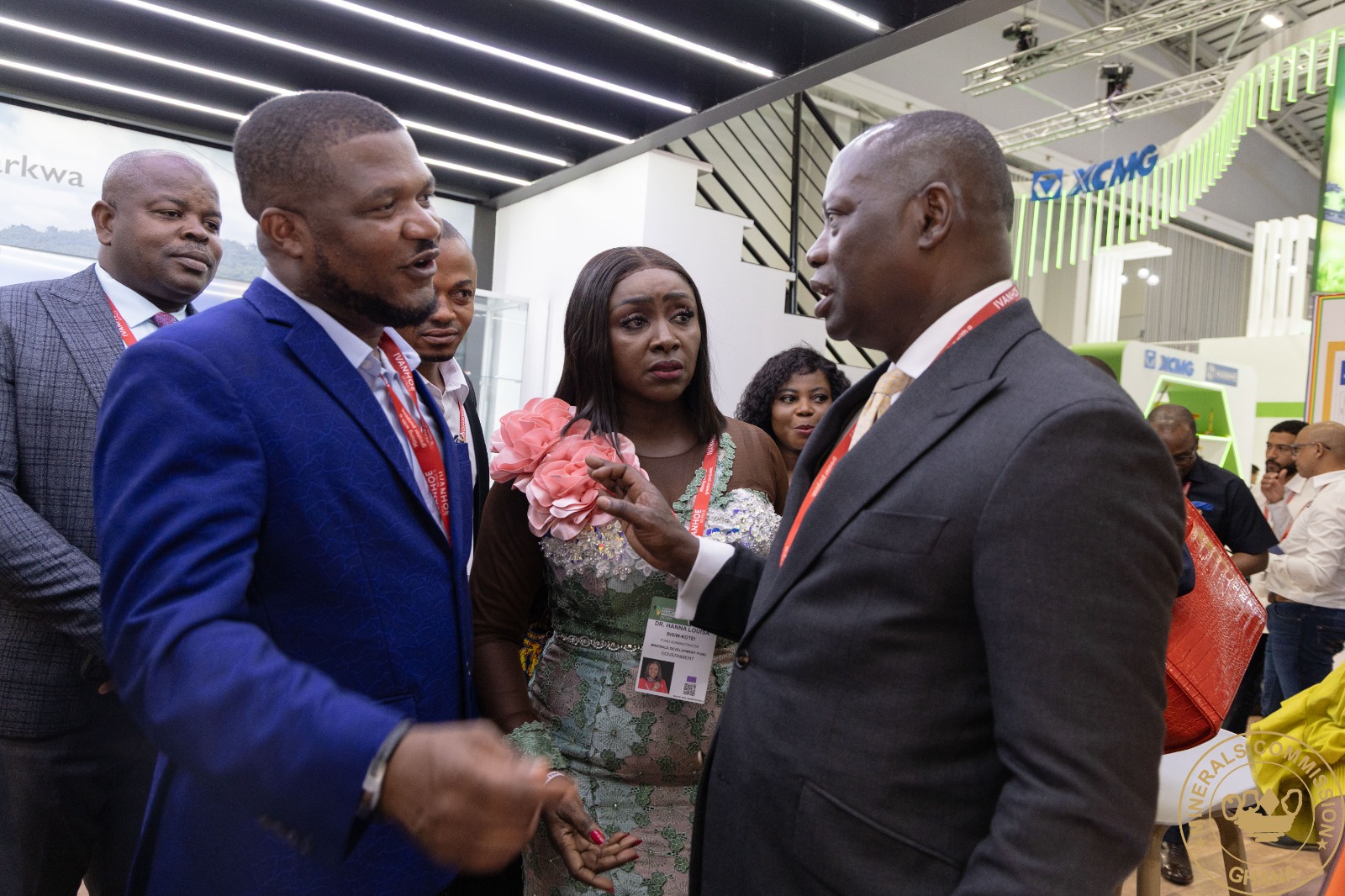
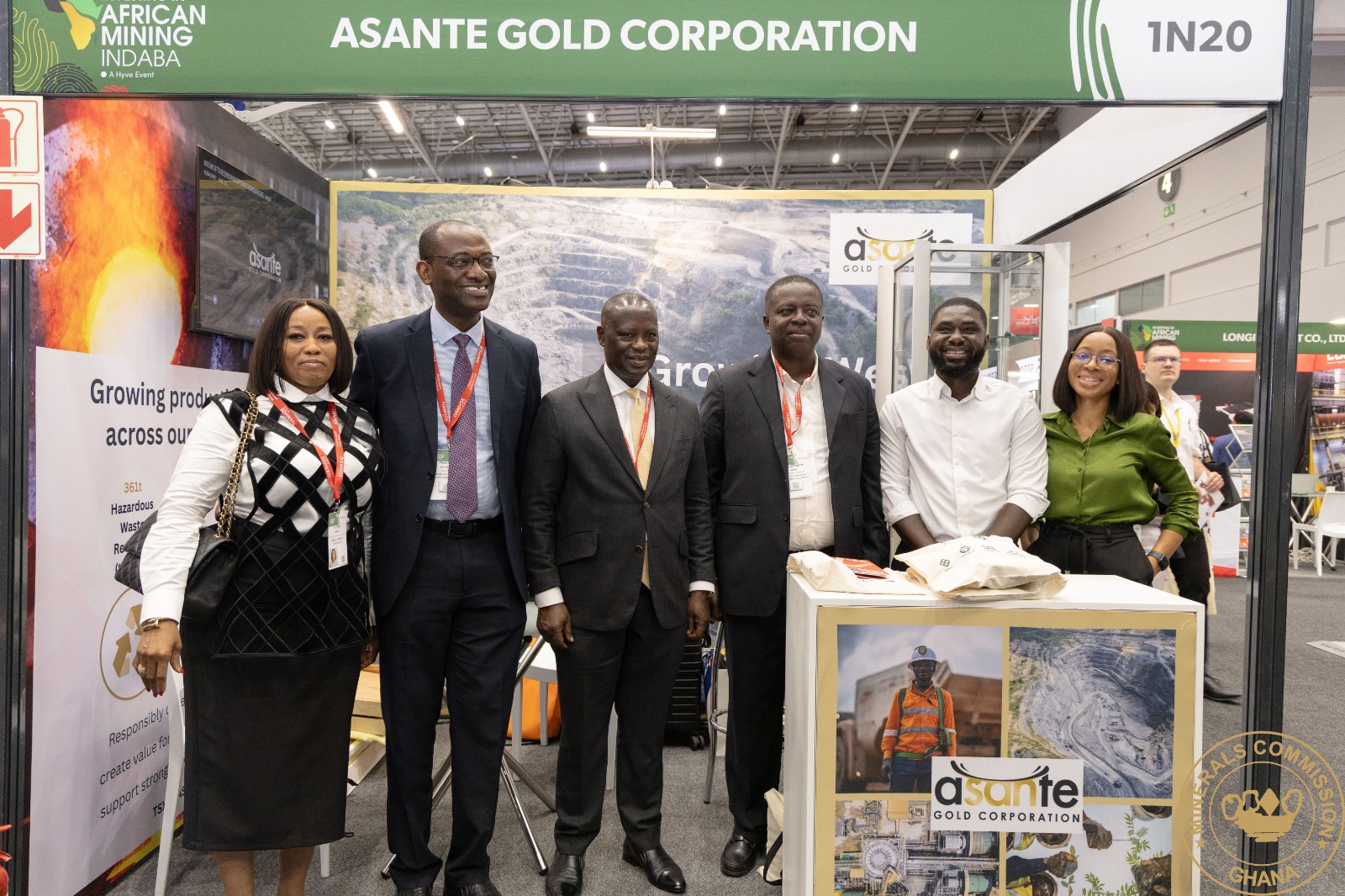
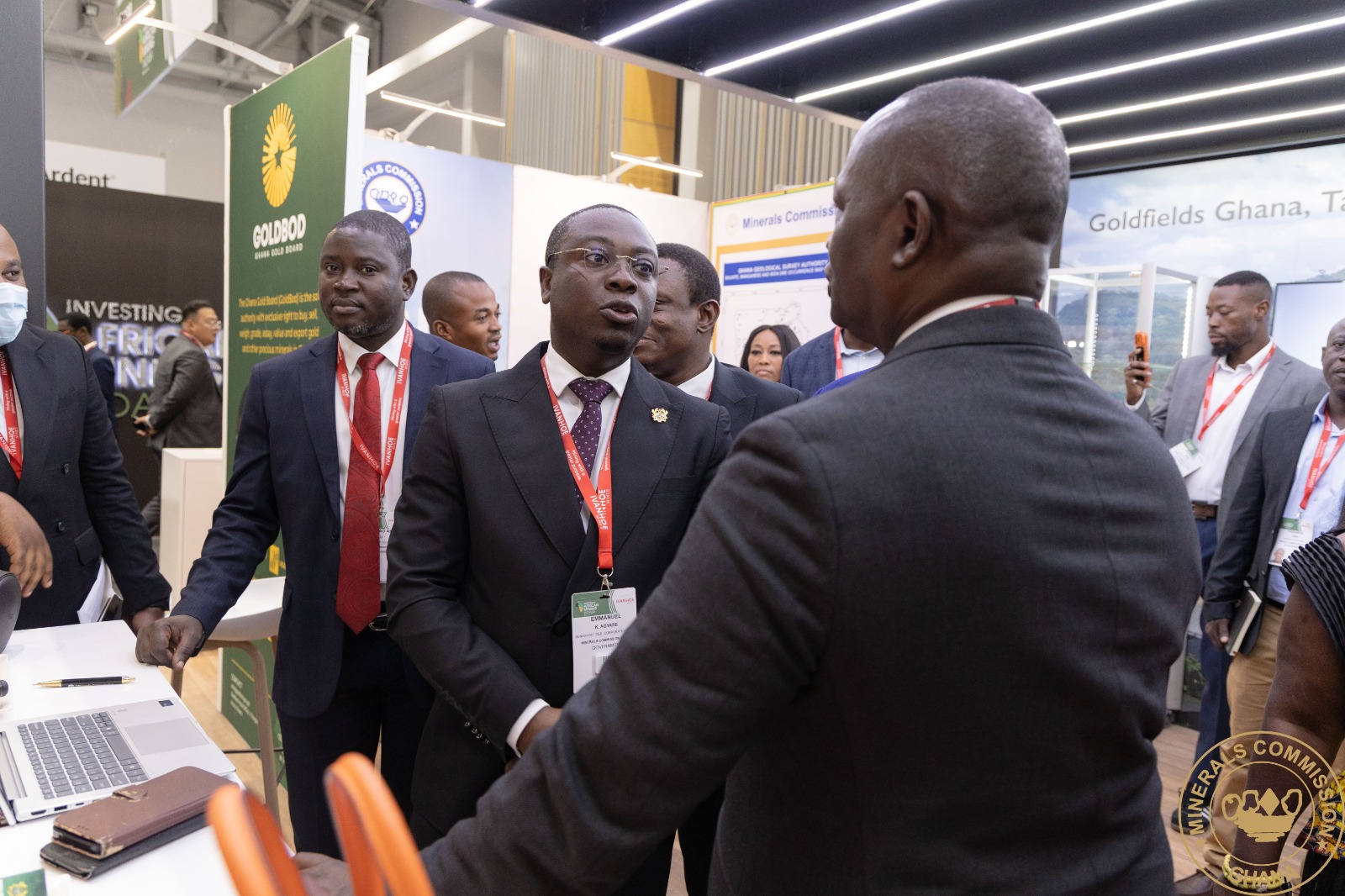
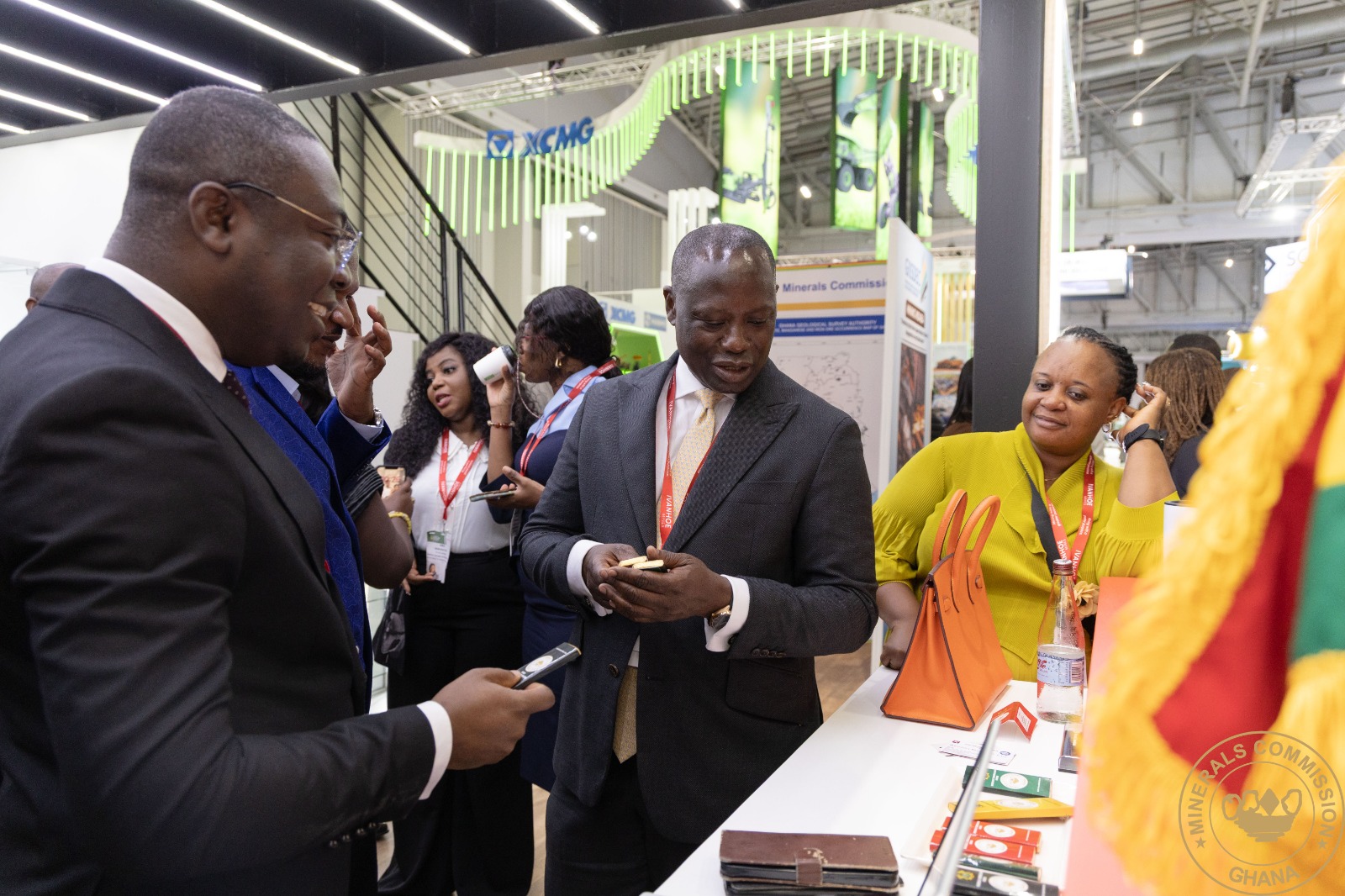
Ghana Reaffirms Position as a Premier Mining Investment Destination at Indaba 2026
Ghana Reaffirms Position as a Premier Mining Investment Destination at Indaba 2026
Ghana reaffirmed its status as a leading destination for responsible and sustainable mining investment at the annual Investing in African Mining Indaba, underscoring its commitment to strong governance, transparent regulation, and long-term industry partnerships.
On Monday, February 9, 2026, a high-level Ghanaian delegation, led by Hon. Emmanuel Armah-Kofi Buah, Minister for Lands and Natural Resources, and joined by Mr. Isaac Tandoh, Chief Executive Officer of the Minerals Commission, participated in the conference’s opening ceremony at the Cape Town International Convention Centre. The delegation later engaged with stakeholders at the Ghana Pavilion, which showcased key institutions and companies including the Minerals Income Investment Fund (MIIF), Ghana Gold Board (GoldBod), Ghana Integrated Iron and Steel Development Corporation (GIISDEC), Cardinal Resources, and The Ghana Chamber of Mines, among others.
On the sidelines of the event, the delegation held strategic meetings with ministers, ambassadors, high commissioners, and industry leaders, focusing on strengthening bilateral partnerships and exploring new strategic opportunities for the sector.
Hon. Buah met with senior leadership from the African Export-Import Bank (Afreximbank) to advance strategic collaboration in the development of Ghana’s mineral resources. Discussions centered on mobilizing long-term financing for priority gold, bauxite, and iron ore projects, with a focus on value addition and regional supply chain enhancement. The Minister also presented Ghana’s formalization initiative, the Responsible Cooperative Mining and Skills Development Programme (rCOMSDEP), and invited Afreximbank to support a proposed pan-African ministerial forum aimed at promoting policy harmonization and creating a more coherent investment environment across the continent.
The Minister also held discussions with Mr. Samaila Zubairu, President and Chief Executive Officer of the Africa Finance Corporation (AFC), exploring ways to boost collaboration in mobilizing capital for Ghana’s mineral sector and Africa’s broader resource potential. Their engagement focused on advancing priority projects in bauxite, gold, and iron ore, emphasizing value addition, project financing, and mechanisms to de-risk large-scale investments in support of Ghana’s industrialization agenda. Hon. Buah underscored the importance of aligning financing, infrastructure, and policy to maximize national benefits and proposed hosting a ministerial convening in Ghana to enhance policy harmony, cross-border cooperation, and the development of sustainable mineral value chains across Africa.
Further strengthening investor engagement, the Lands Minister addressed the Australian Mining in Africa reception forum, where he reaffirmed Ghana’s dedication to stable and transparent mining partnerships. He highlighted the country’s robust regulatory framework, democratic governance, and business-friendly environment, emphasizing Ghana’s preference for long-term partnerships. He outlined new investment opportunities in exploration, processing, and green technologies, and announced tax waivers for exploration activities to enhance the investment climate. The forum reinforced the growing strength of Ghana–Australia mining relations.
Throughout the various meetings, the delegation emphasized Ghana’s commitment to building mutually beneficial, long-term partnerships with global investors. They highlighted key areas for collaboration, including advanced geological exploration, mineral value addition, and development of critical mineral value chains. Ghana’s readiness to adopt green and innovative mining technologies was presented alongside recent policy measures and incentives designed to stimulate exploration while upholding strong regulatory oversight.
Supporting this vision, Mr. Tandoh reiterated the Minerals Commission’s pivotal role in facilitating responsible mineral development. He underscored the Commission’s commitment to transparent licensing, effective monitoring, and strict enforcement of environmental, safety, and operational standards. He was accompanied by members of the Commission’s Board, led by the Chairman, Amb. William Ntow Boahene (Esq.).
The first day of Mining Indaba 2026 concluded with renewed confidence in Ghana’s mining governance. The Minerals Commission reaffirmed its dedication to working closely with the Ministry and international partners to advance a sustainable, well-regulated, and competitive mining sector.
END
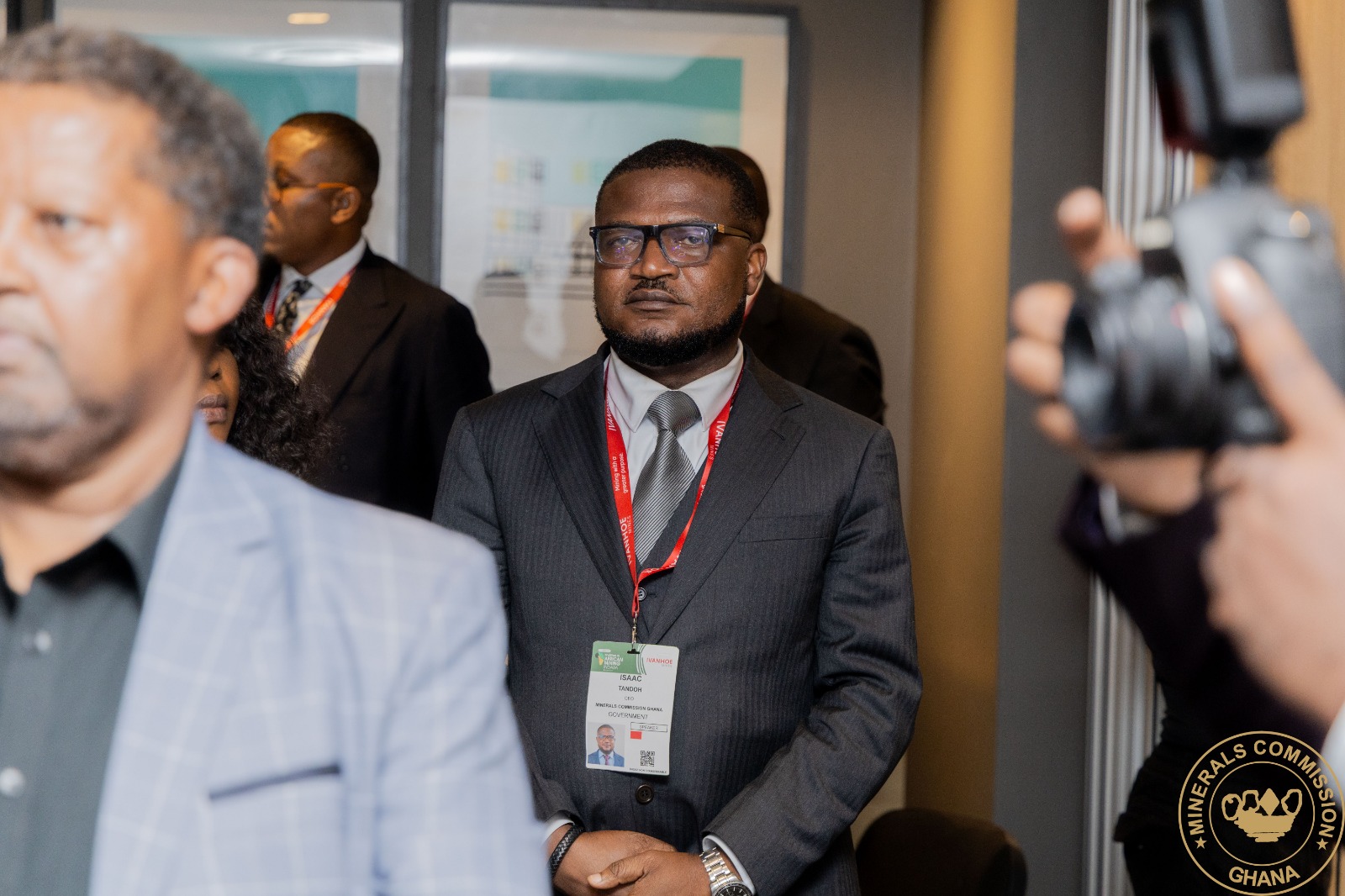
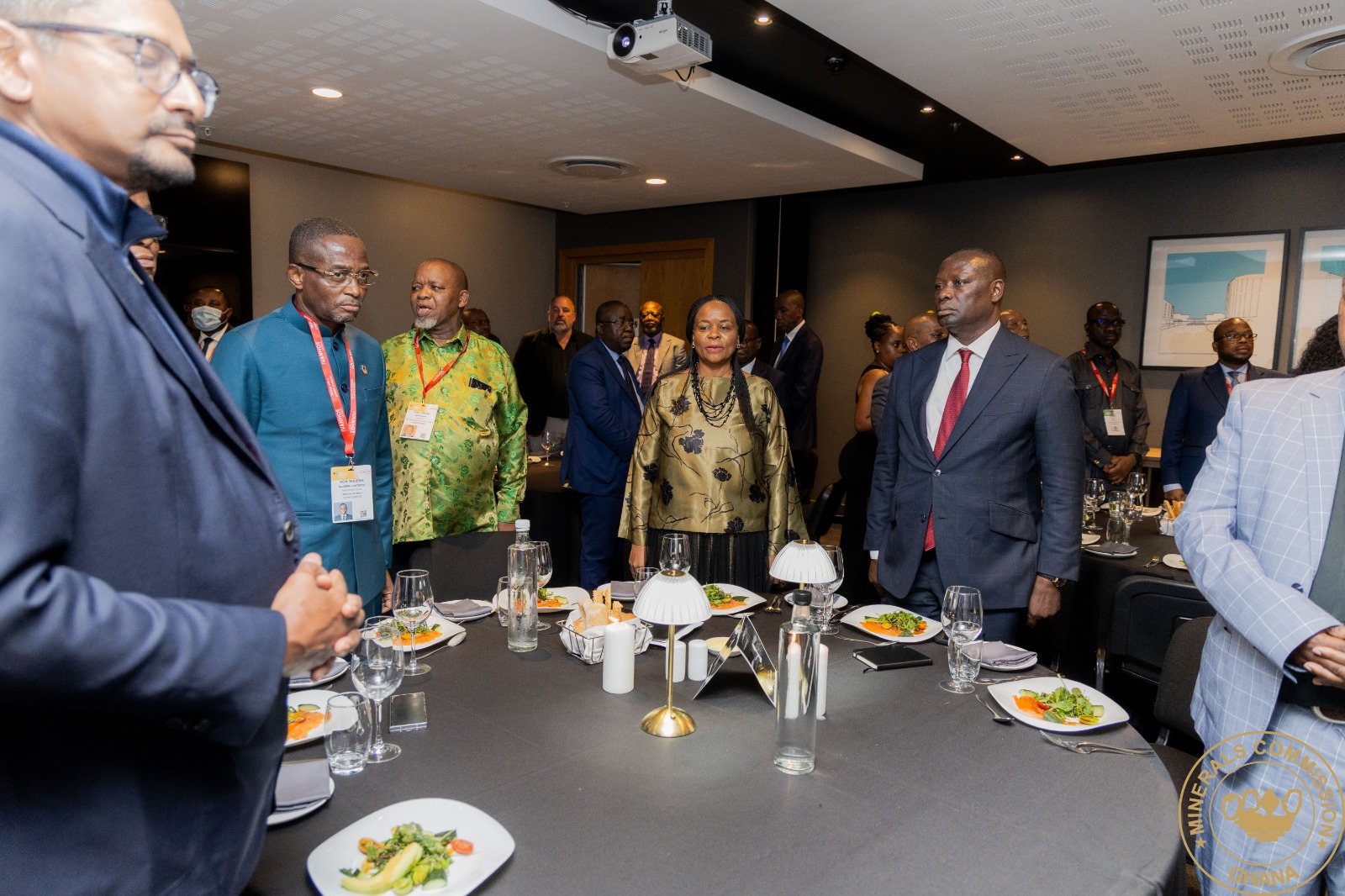
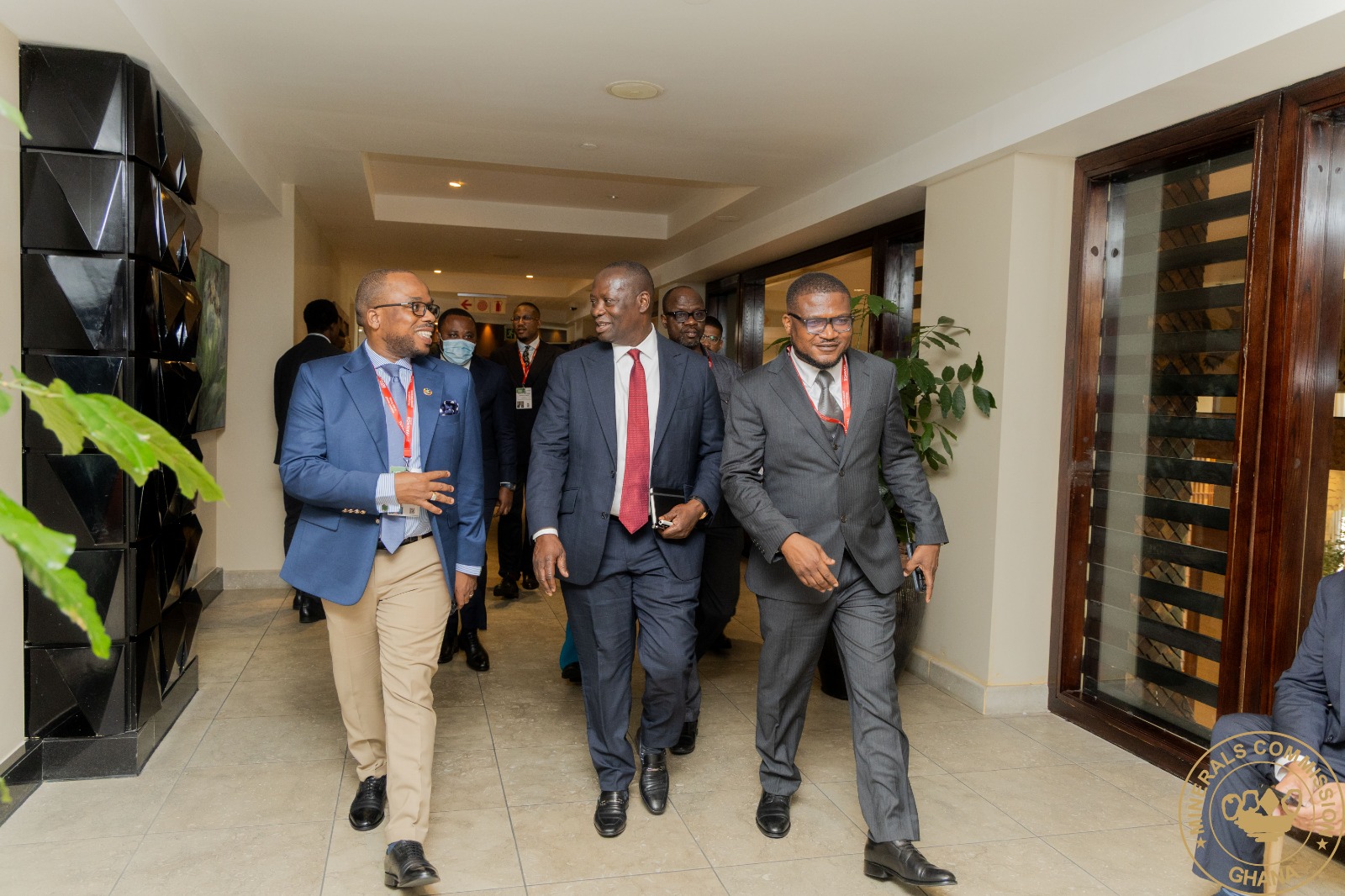
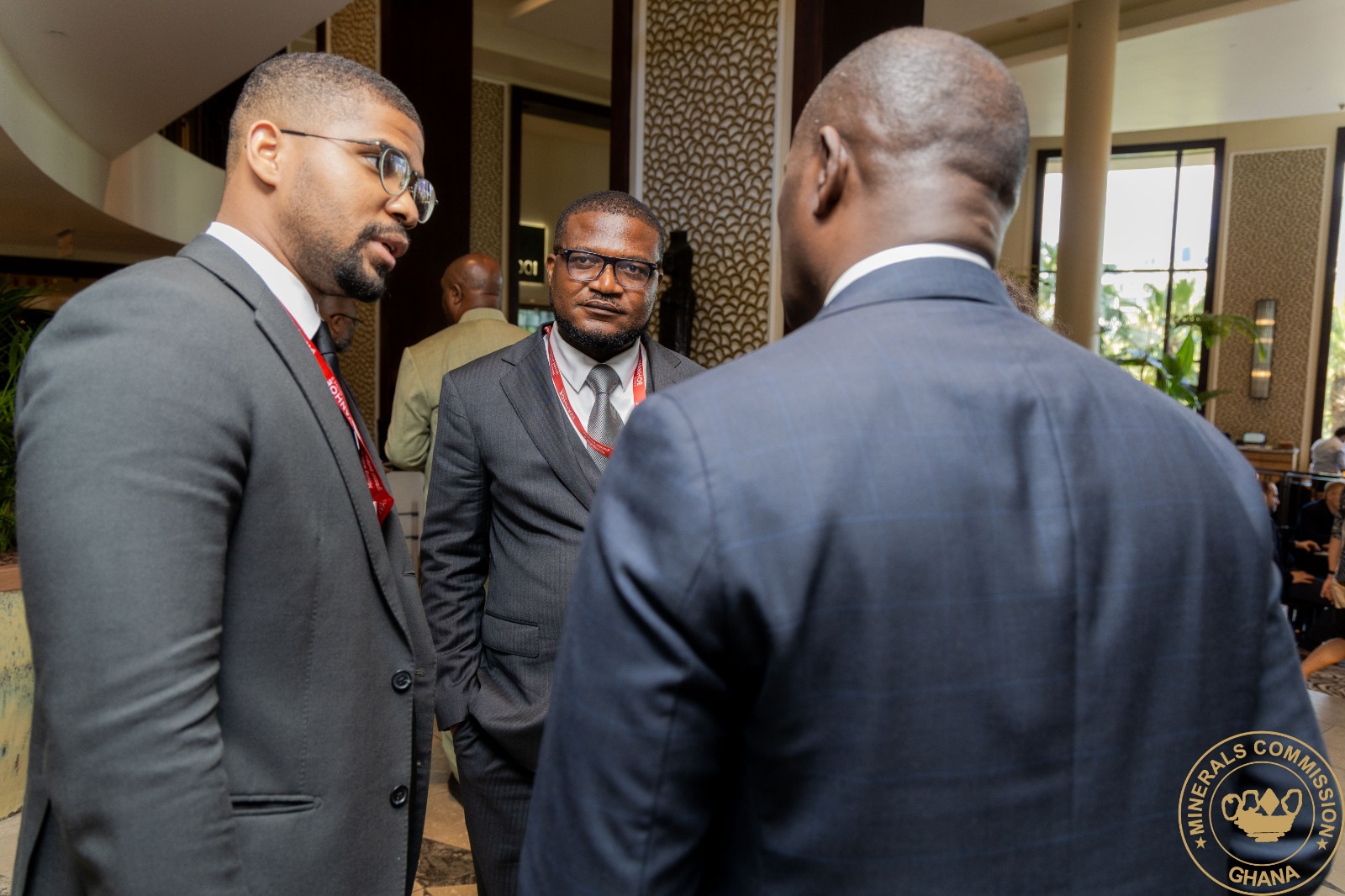
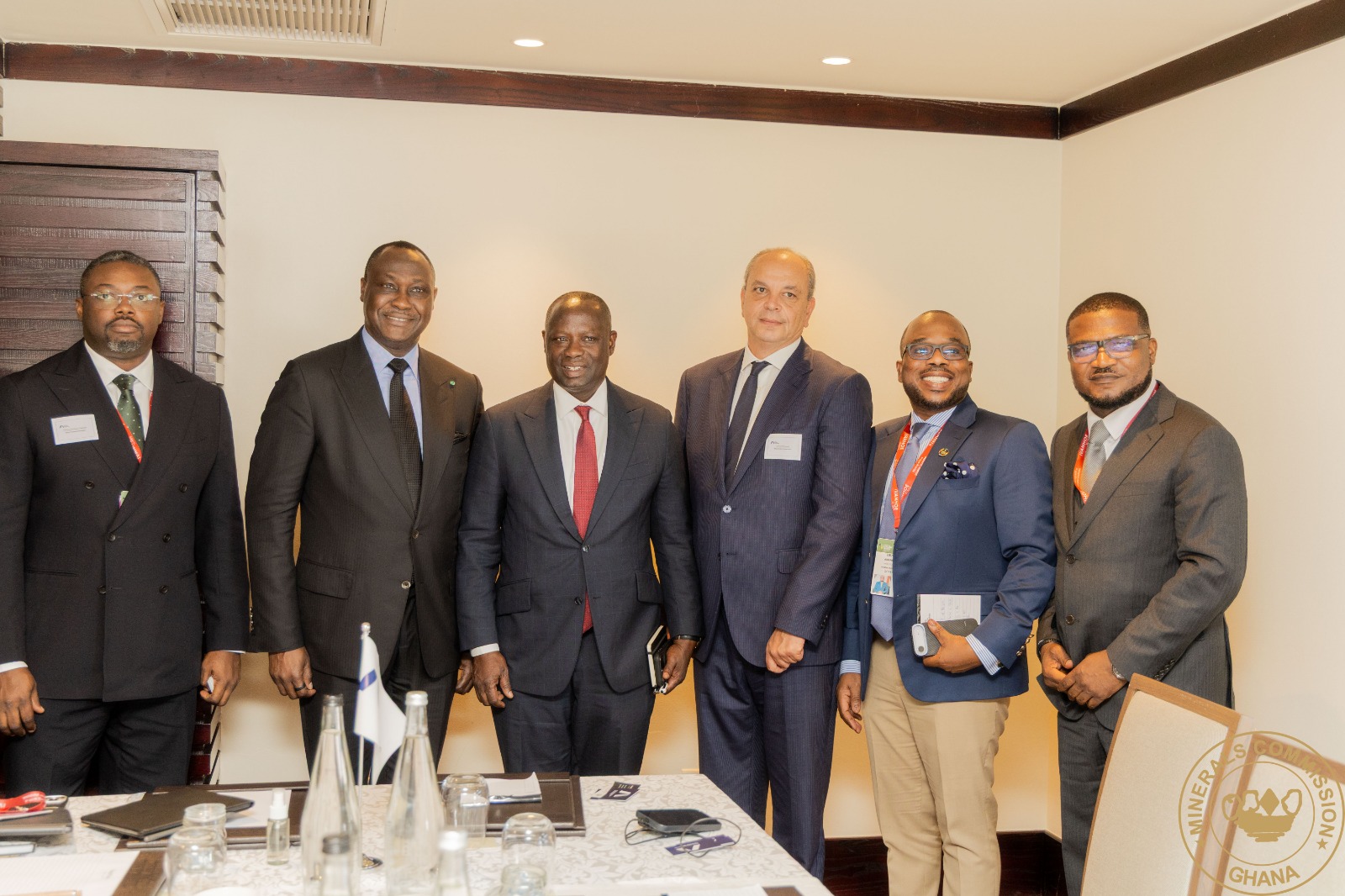
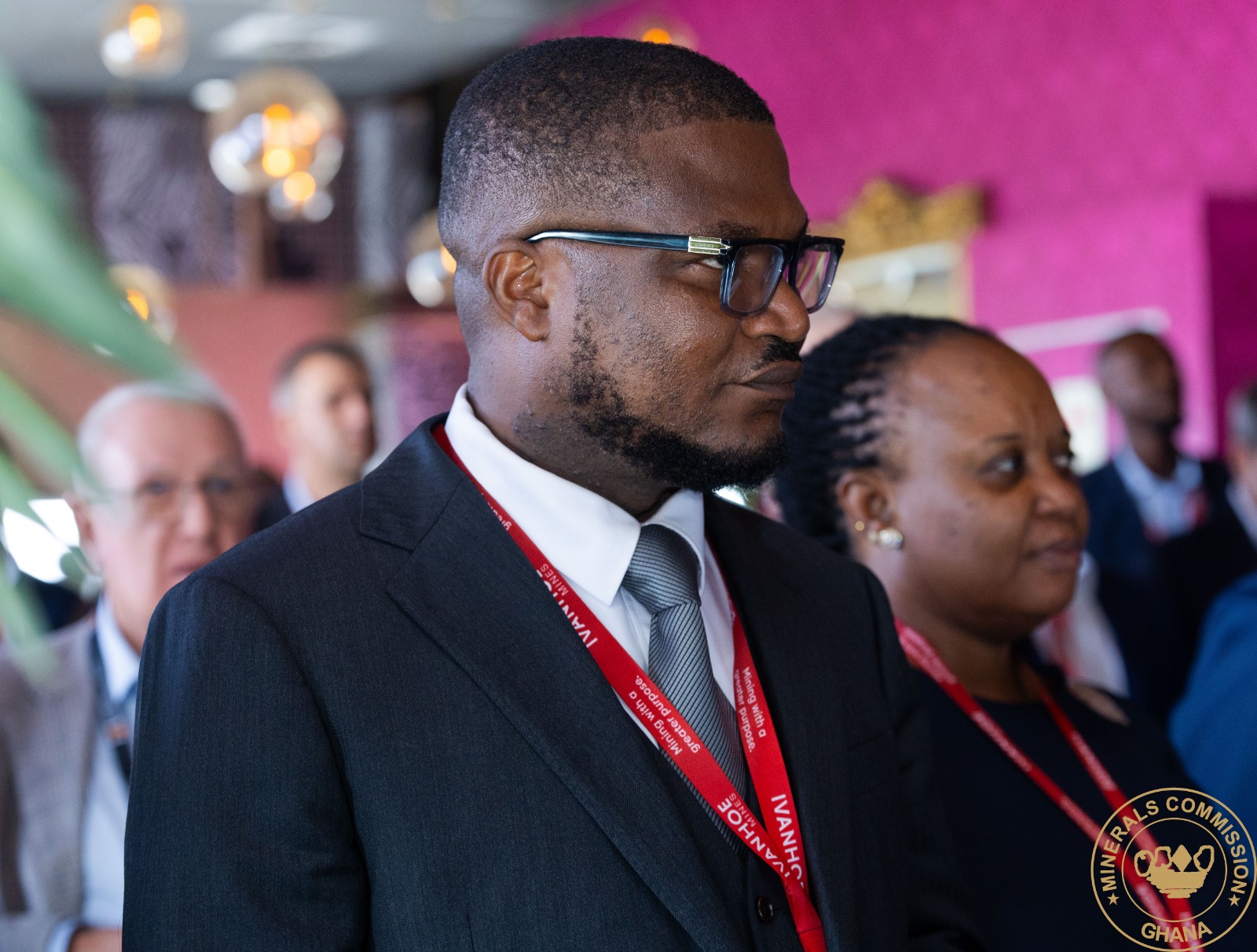
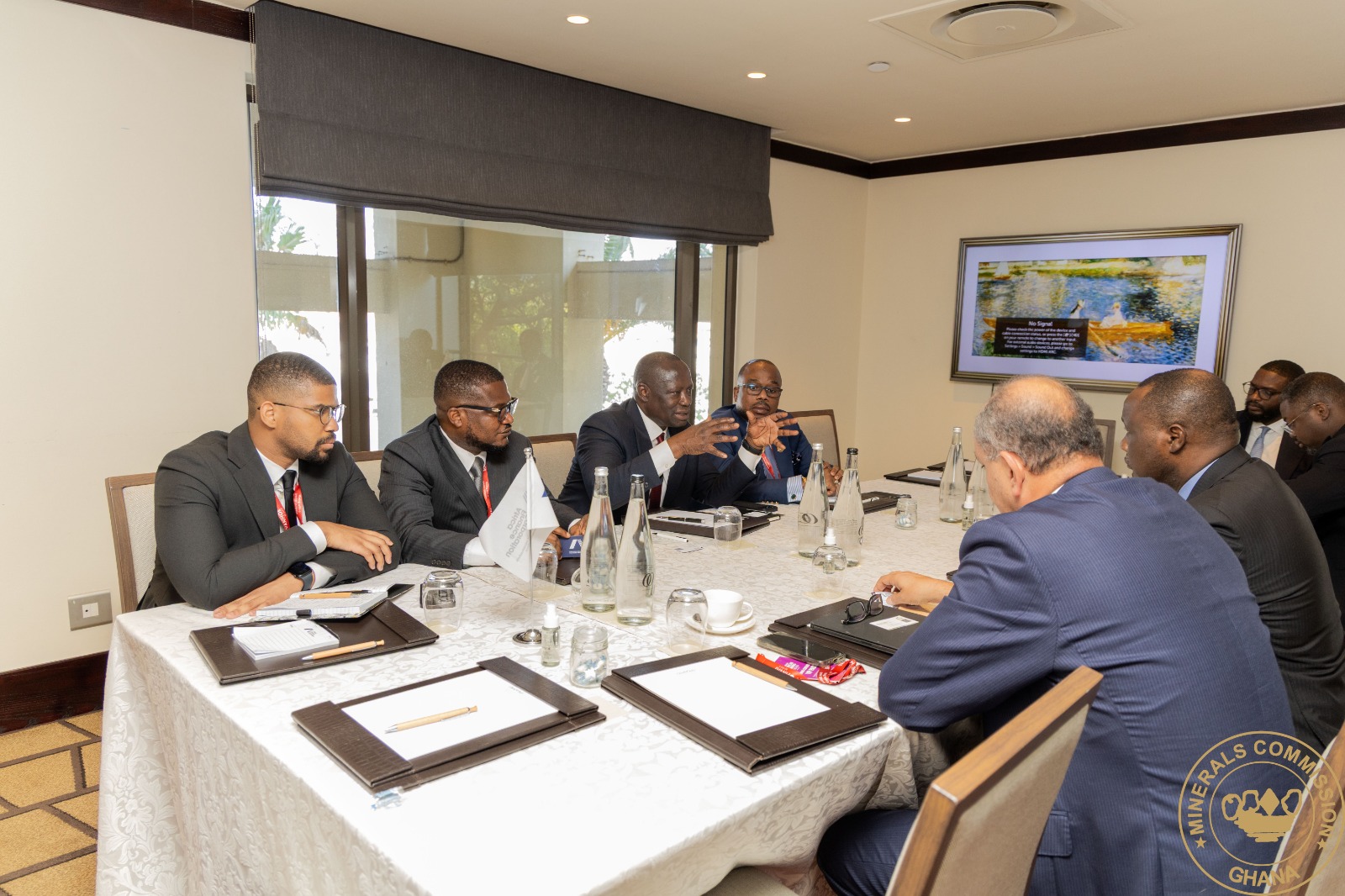
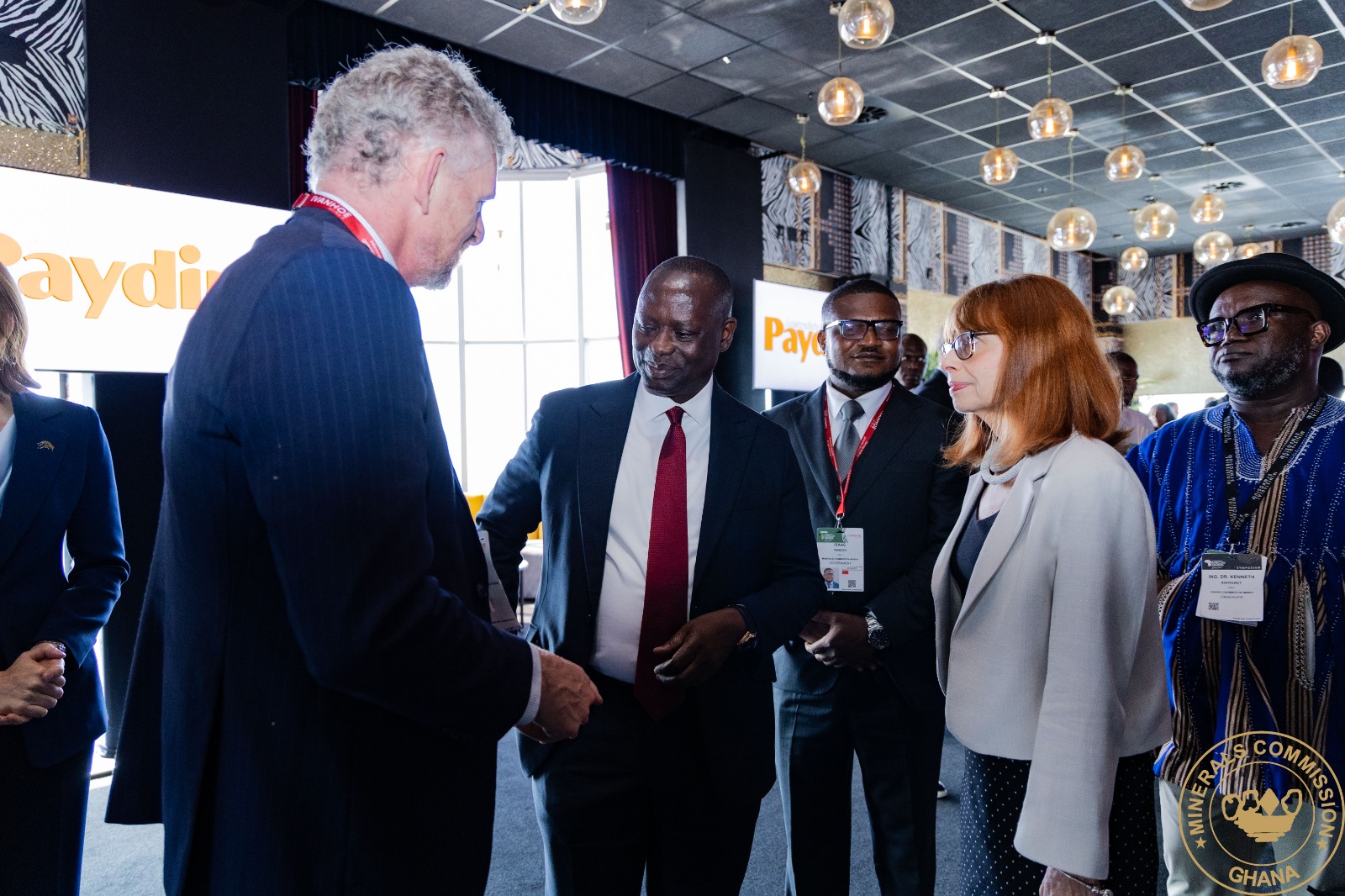
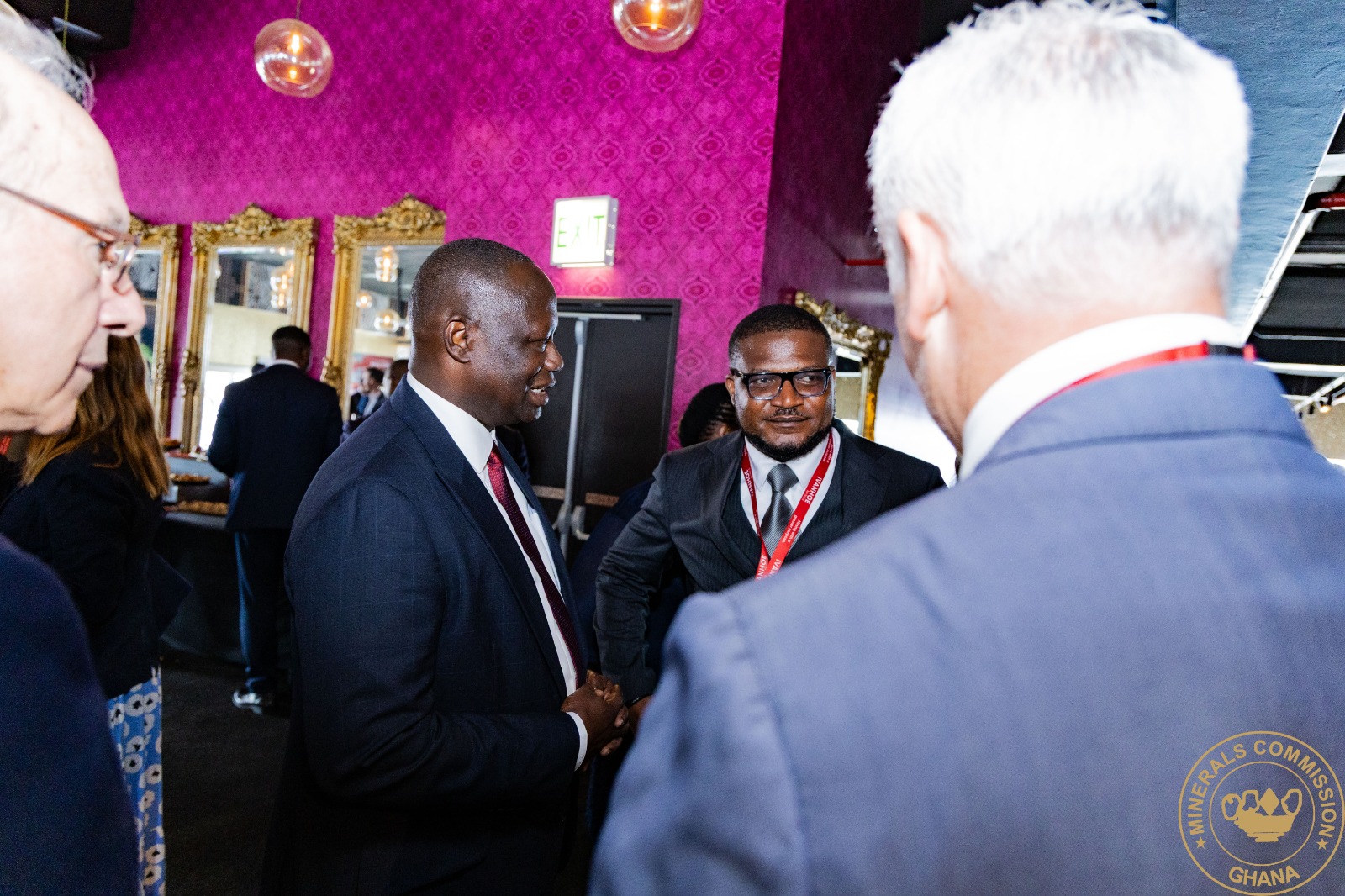
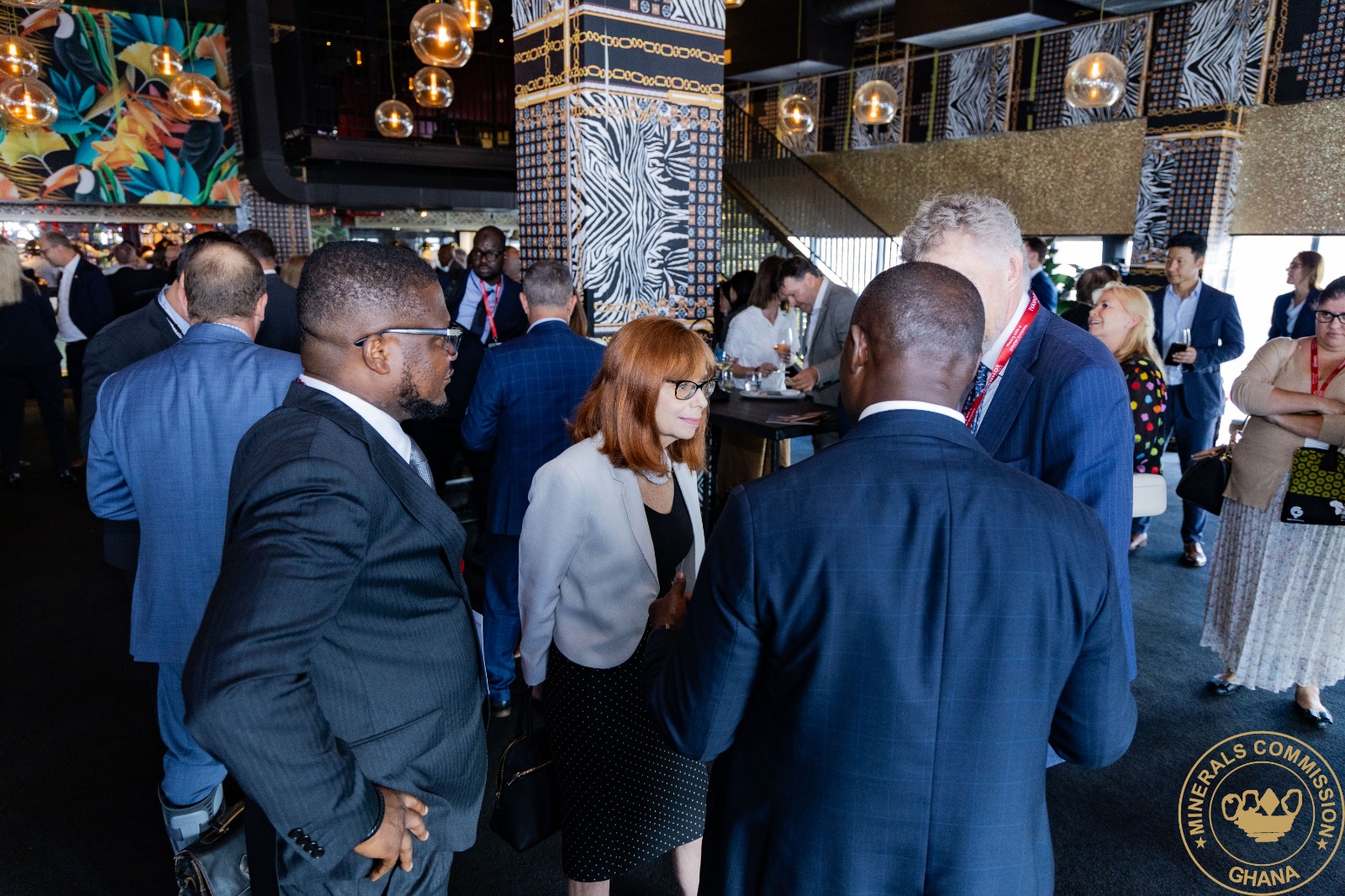
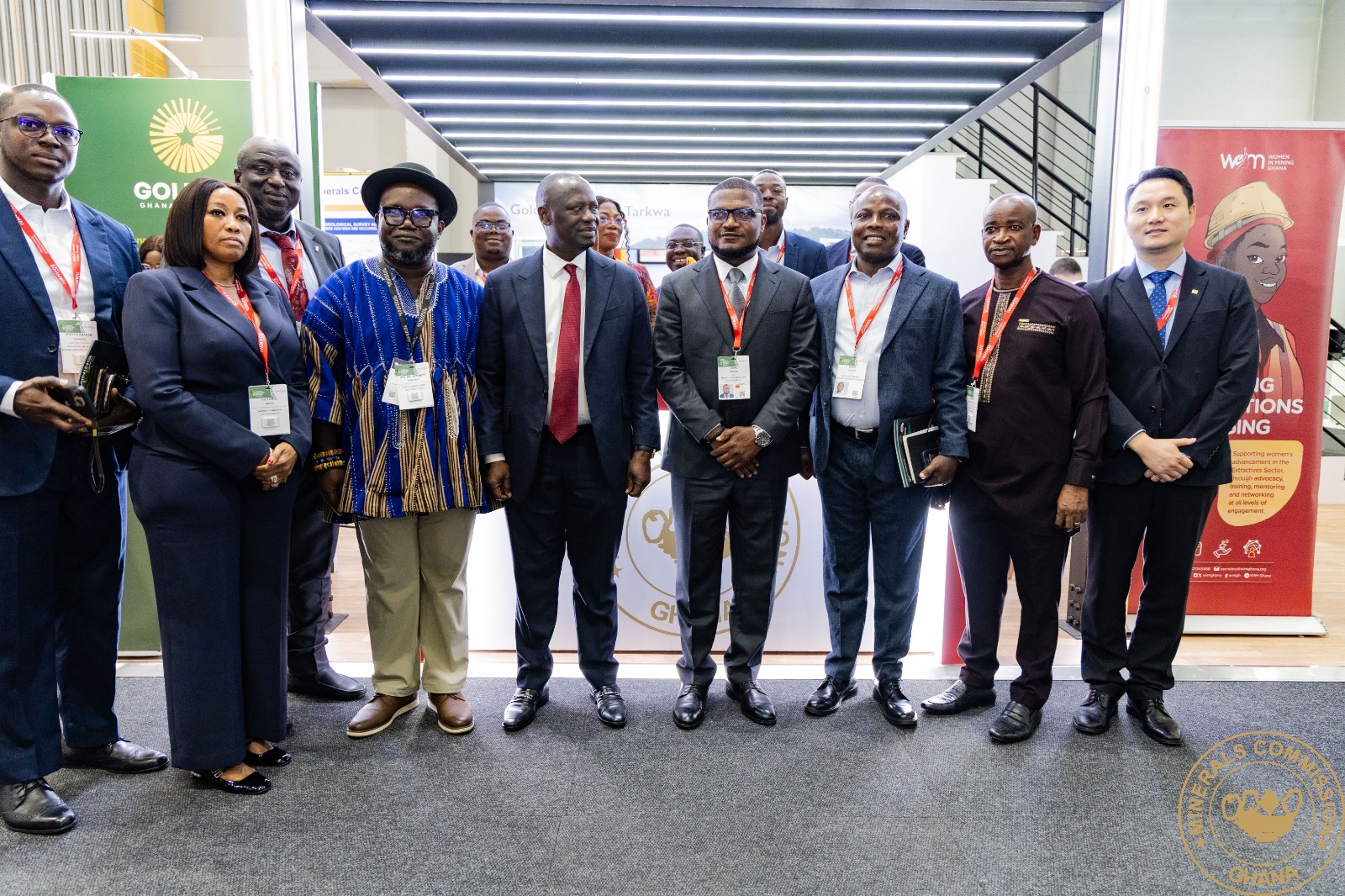
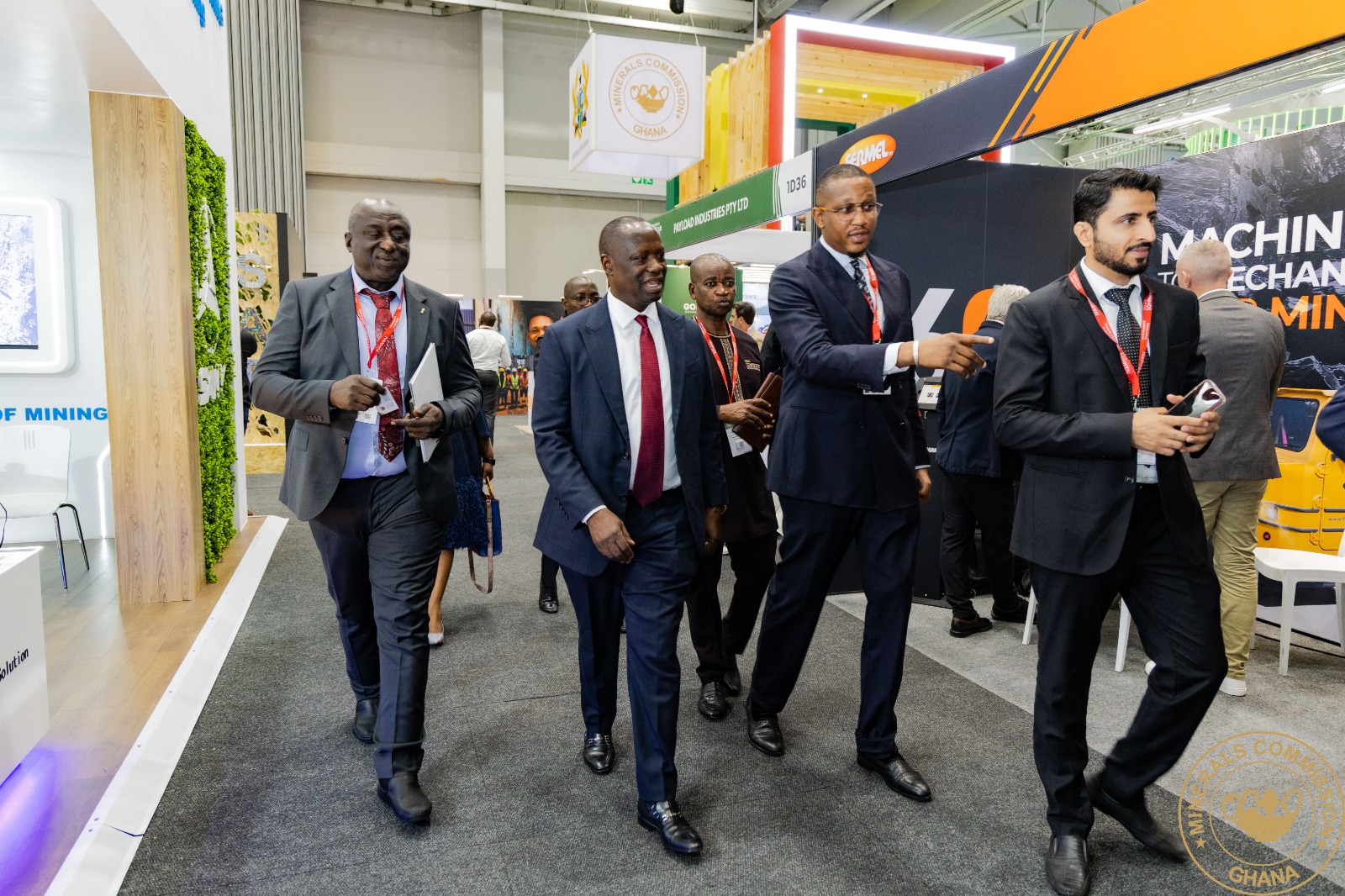
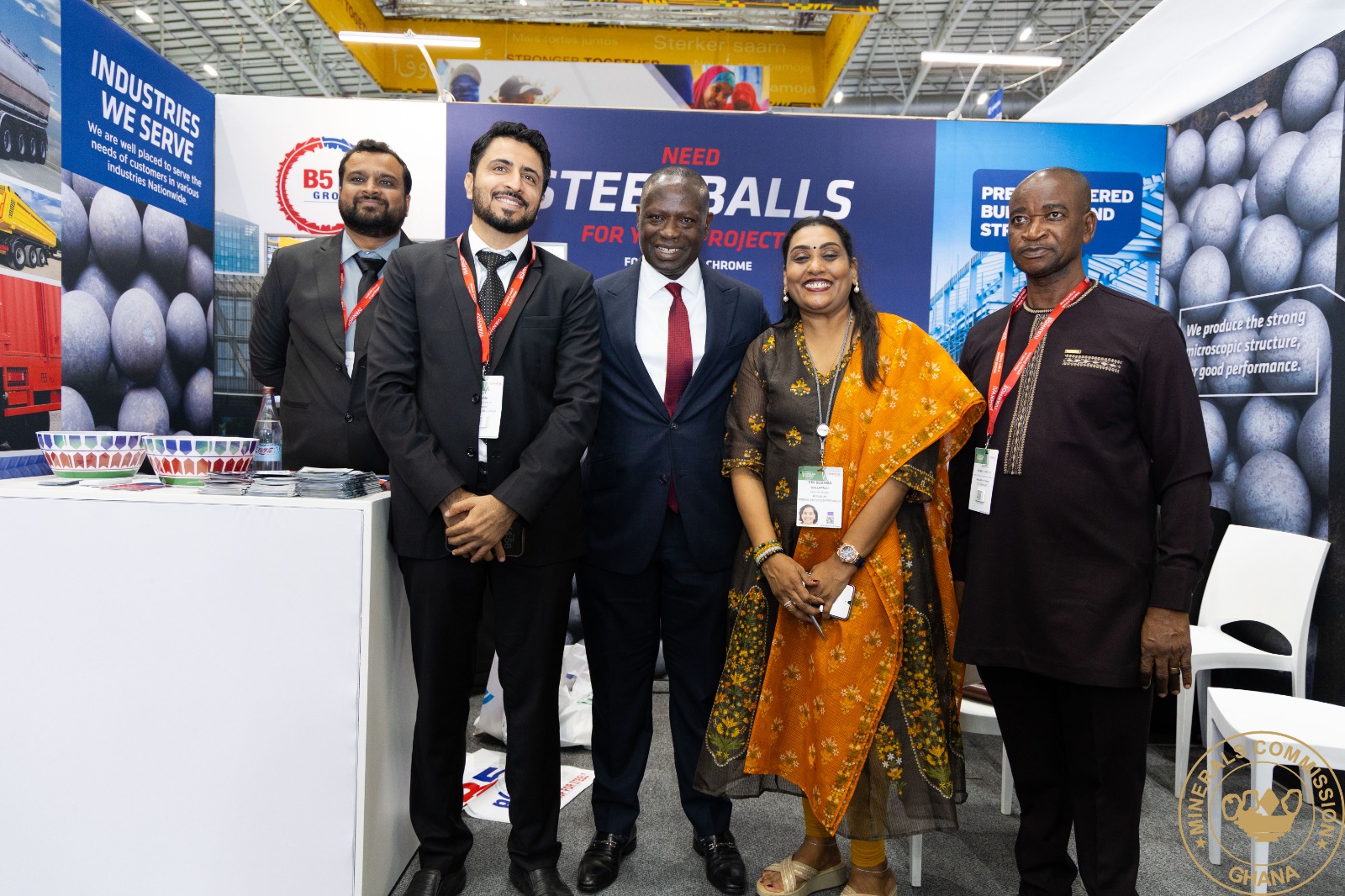
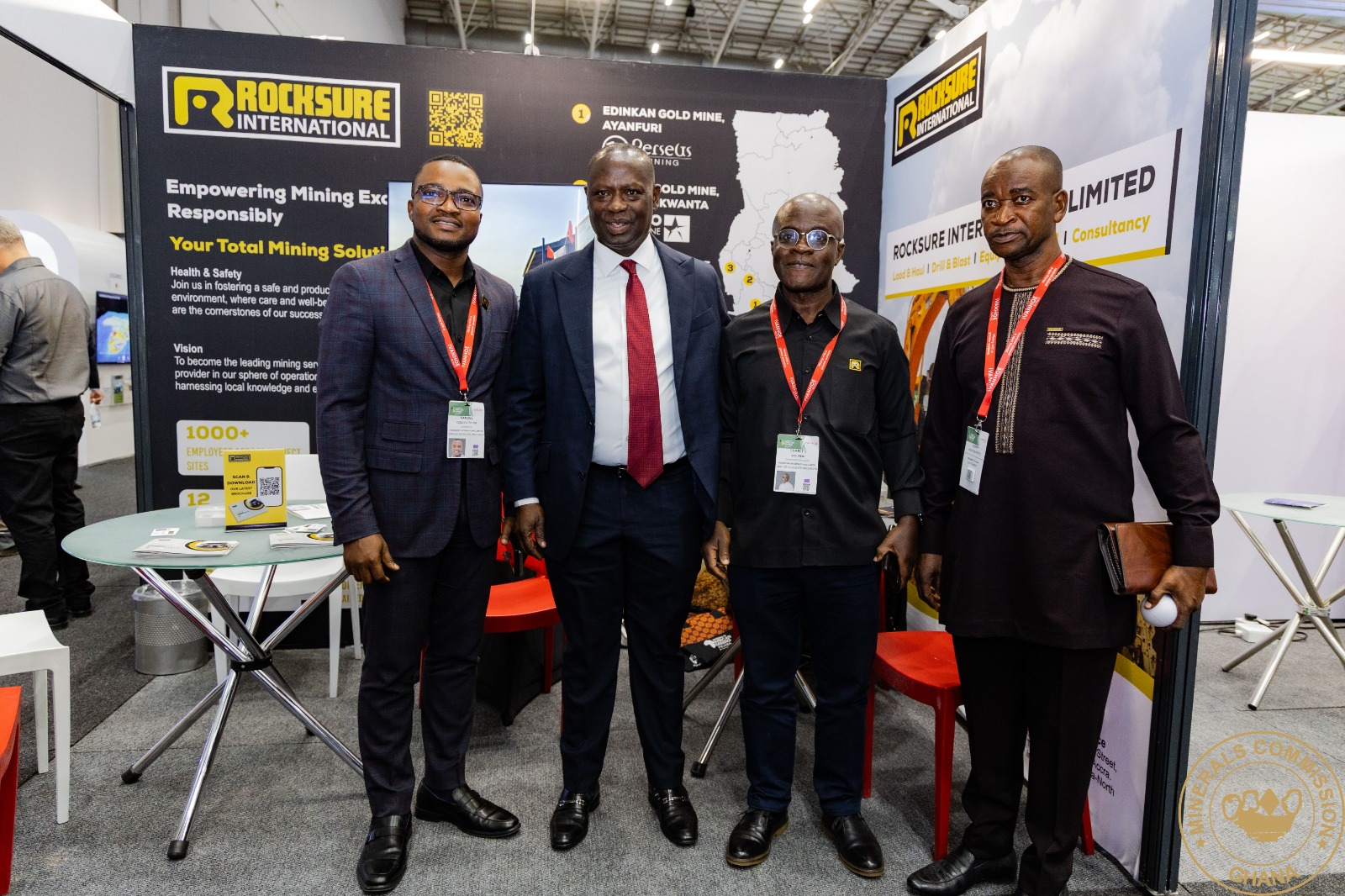
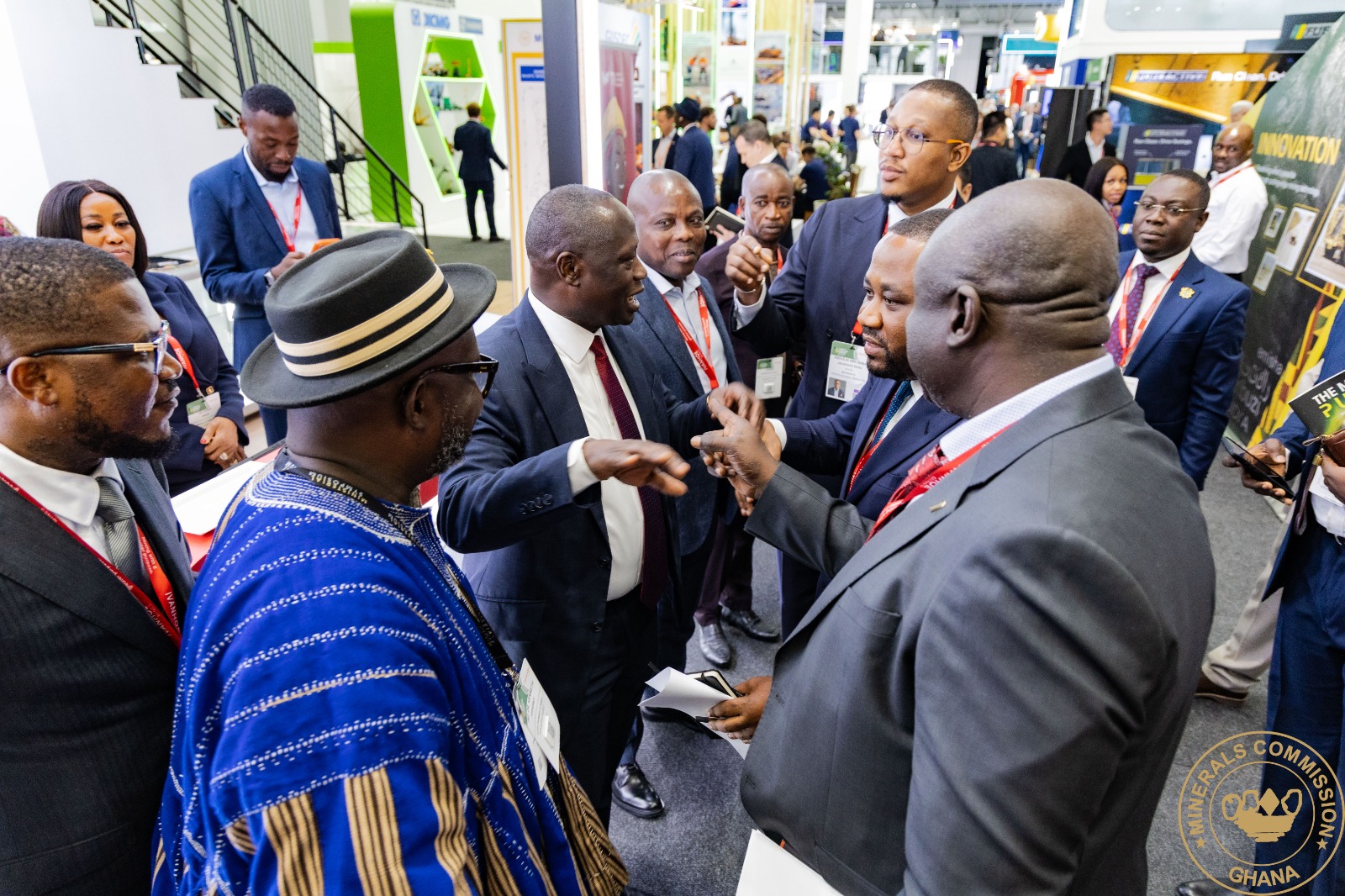
Lands Minister Pays Visit to Minerals Commission Board
Lands Minister Pays Visit to Minerals Commission Board, Signals Reform-Driven Collaboration
Accra, January 28, 2026 – In a significant move to advance institutional collaboration and sectoral reform, the Minister for Lands and Natural Resources, Hon. Emmanuel Armah-Kofi Buah, (MP), paid a working visit to the Board of the Minerals Commission at the headquarters in Accra. The engagement underscores the Ministry’s commitment to fostering responsible mining, environmental stewardship, and transparent governance through a unified reform agenda.
The Board Chairman, Ambassador William Ntow Boahene (Esq.), welcomed the Minister’s visit as timely and forward-looking. He reaffirmed the Board’s full alignment with the Ministry’s strategic direction and assured the Minister of the Commission’s dedication to streamlining operations. Key focus areas include expediting licensing processes and rigorously applying Environmental, Social, and Governance (ESG) standards to enhance regulatory performance.
In his remarks, Hon. Buah emphasized the Commission’s pivotal role in achieving the government’s priorities for the mining sector. While commending the Board’s existing leadership, the Minister outlined key reforms centered on stringent licensing protocols, robust environmental safeguards, and strengthened community rights. This collaborative effort is designed to ensure Ghana’s regulatory framework meets international best practices.
This successful engagement marks a new era of policy coherence and institutional accountability for the sector. Both parties concluded with a joint commitment to track progress, resolve operational bottlenecks, and ensure the nation’s mineral wealth delivers equitable and sustainable development for all Ghanaians.
-END-
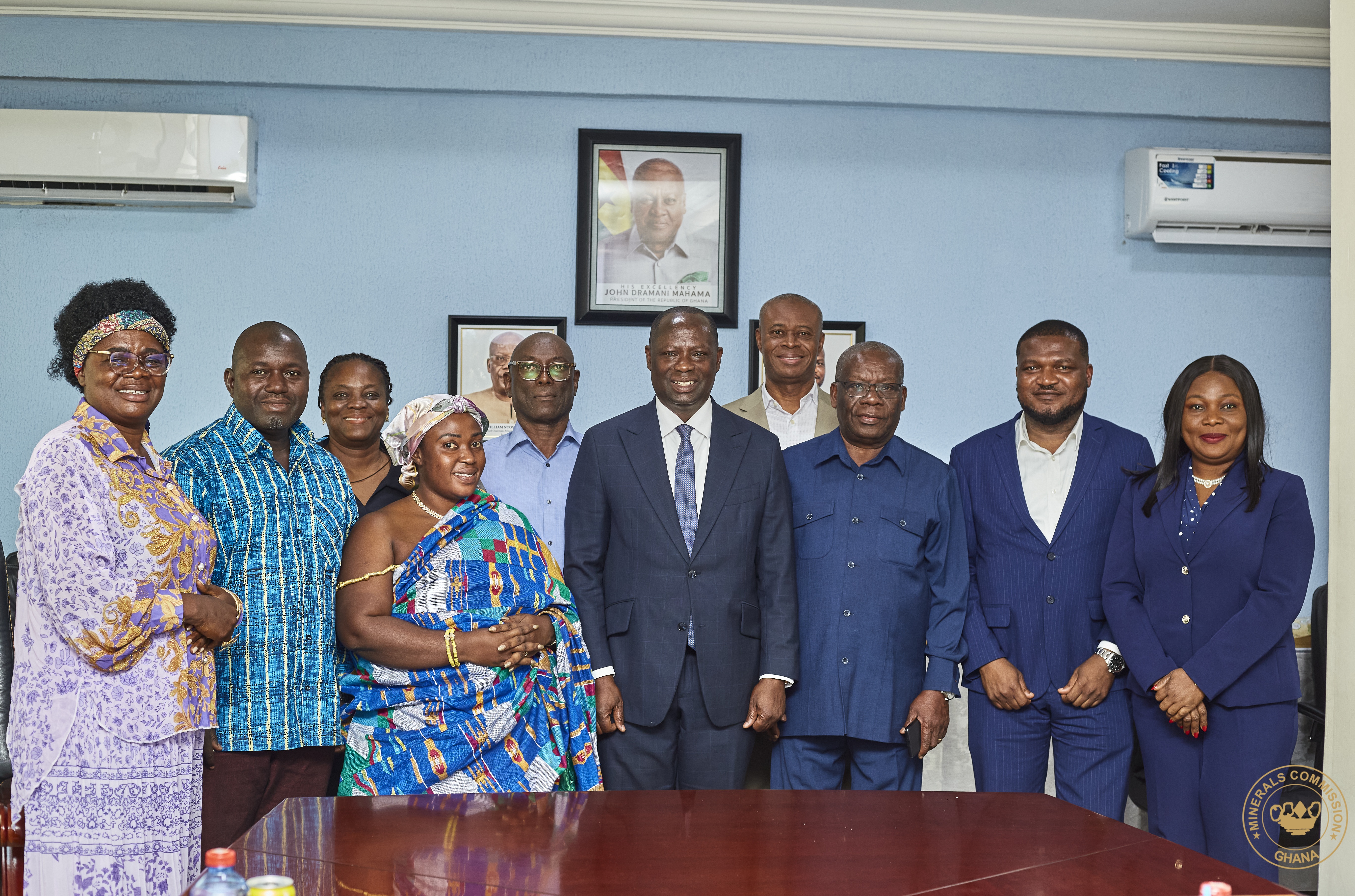
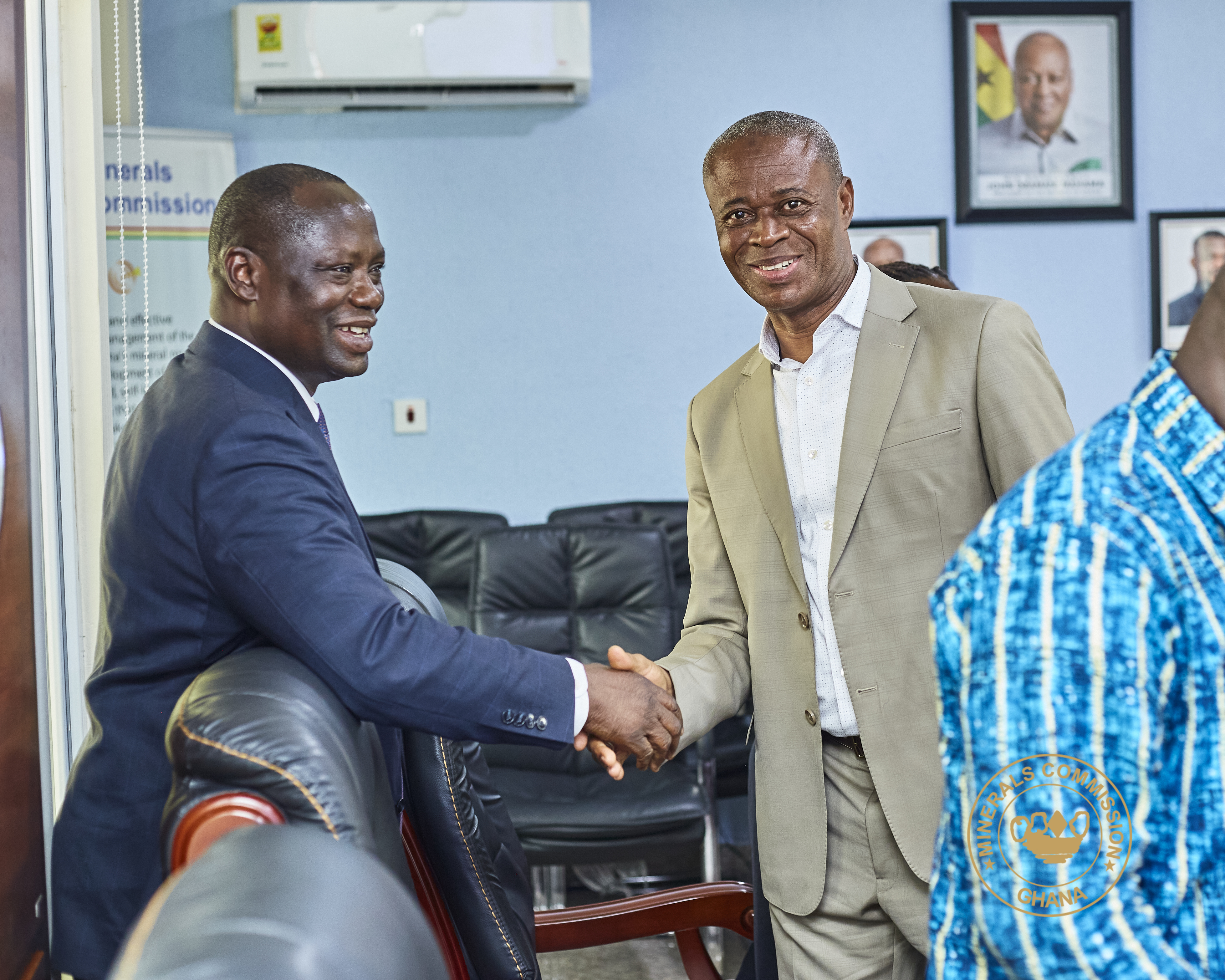
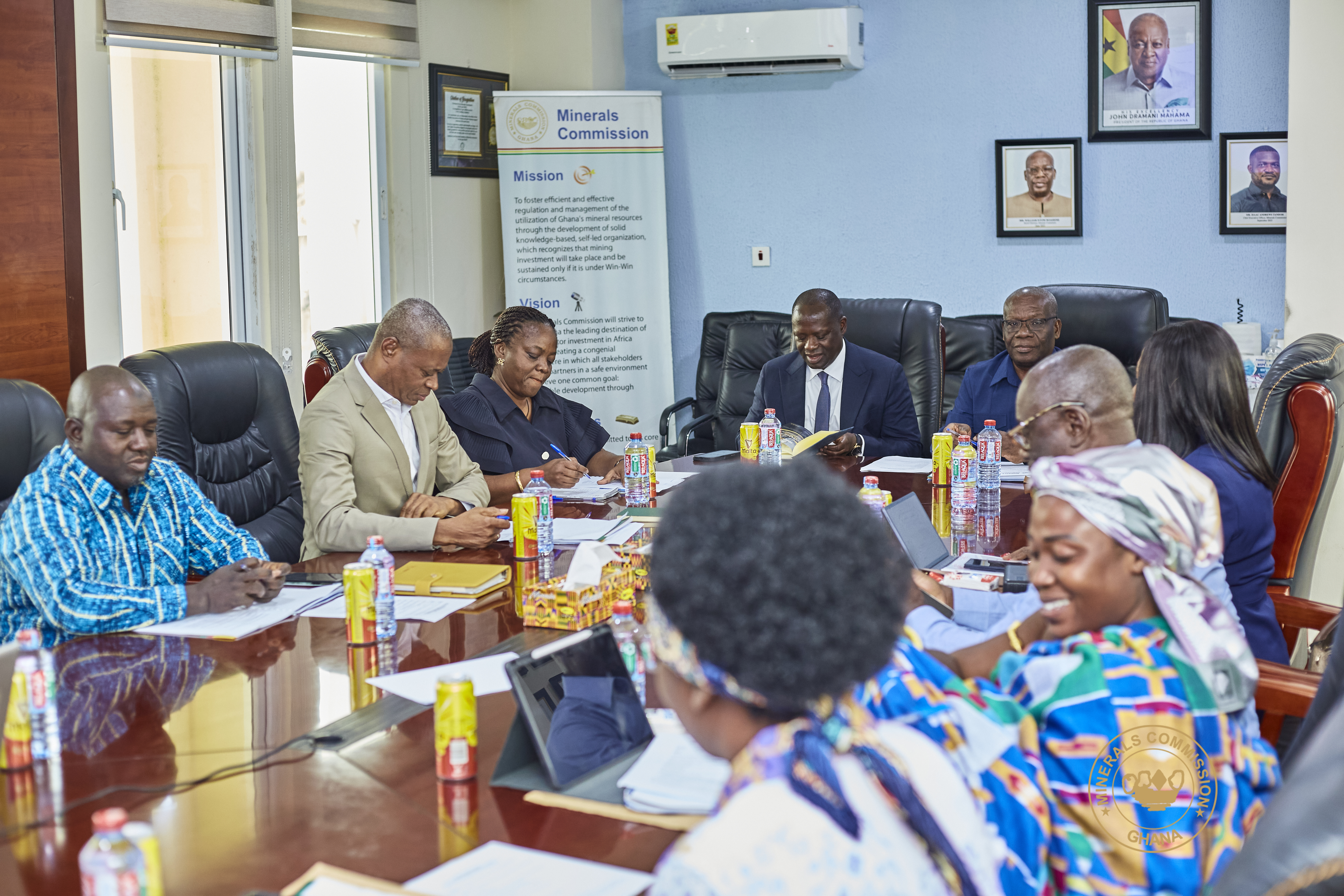
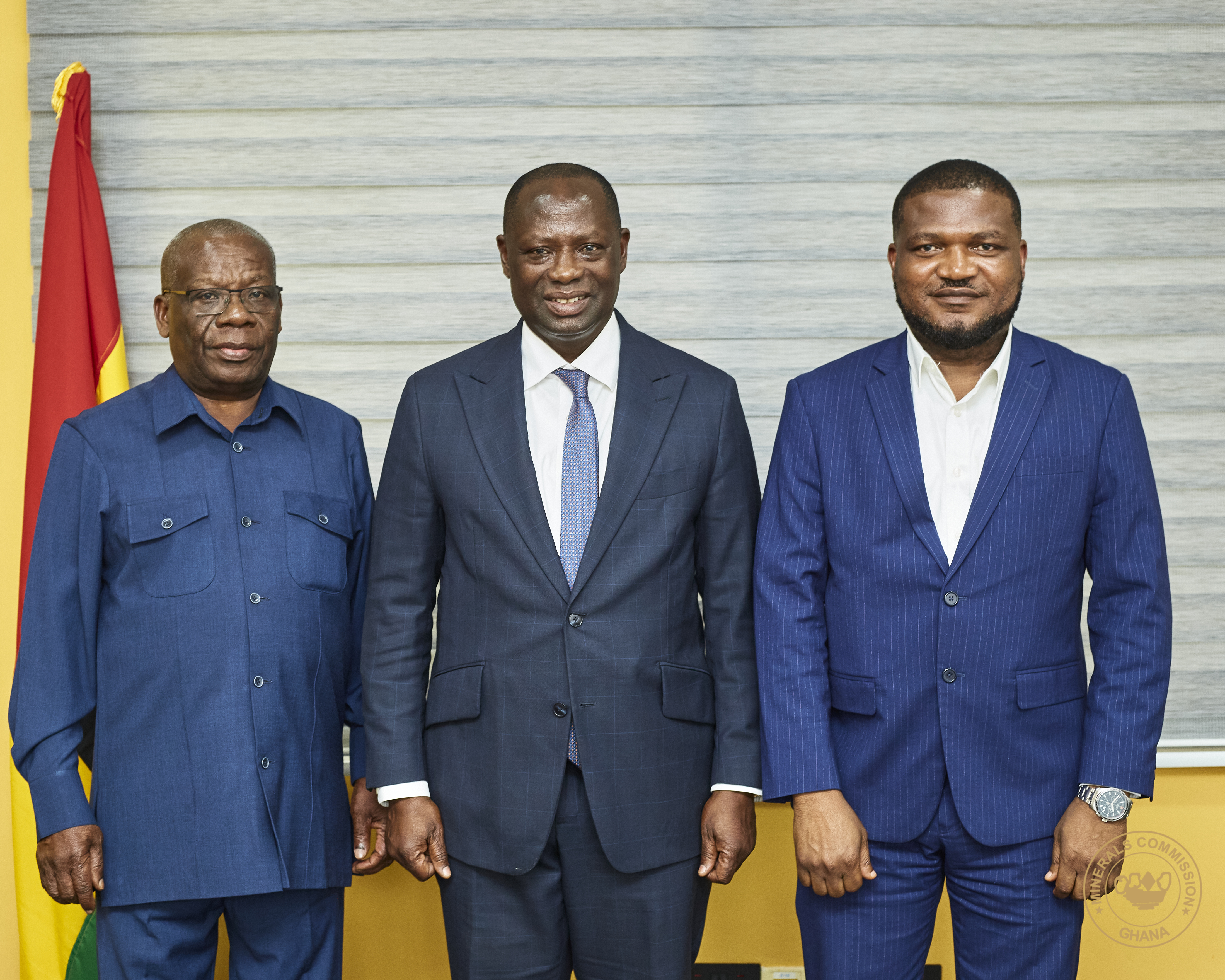
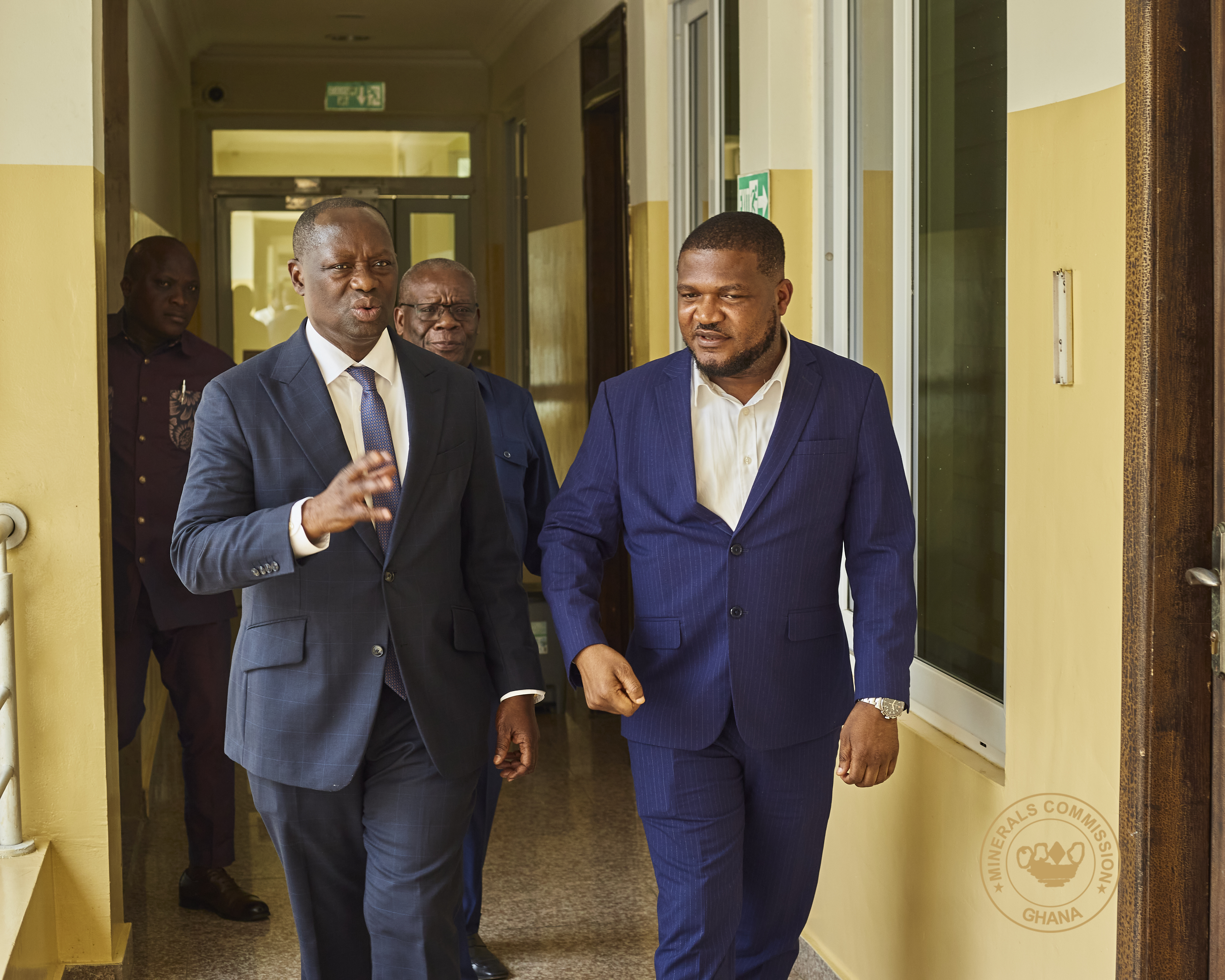
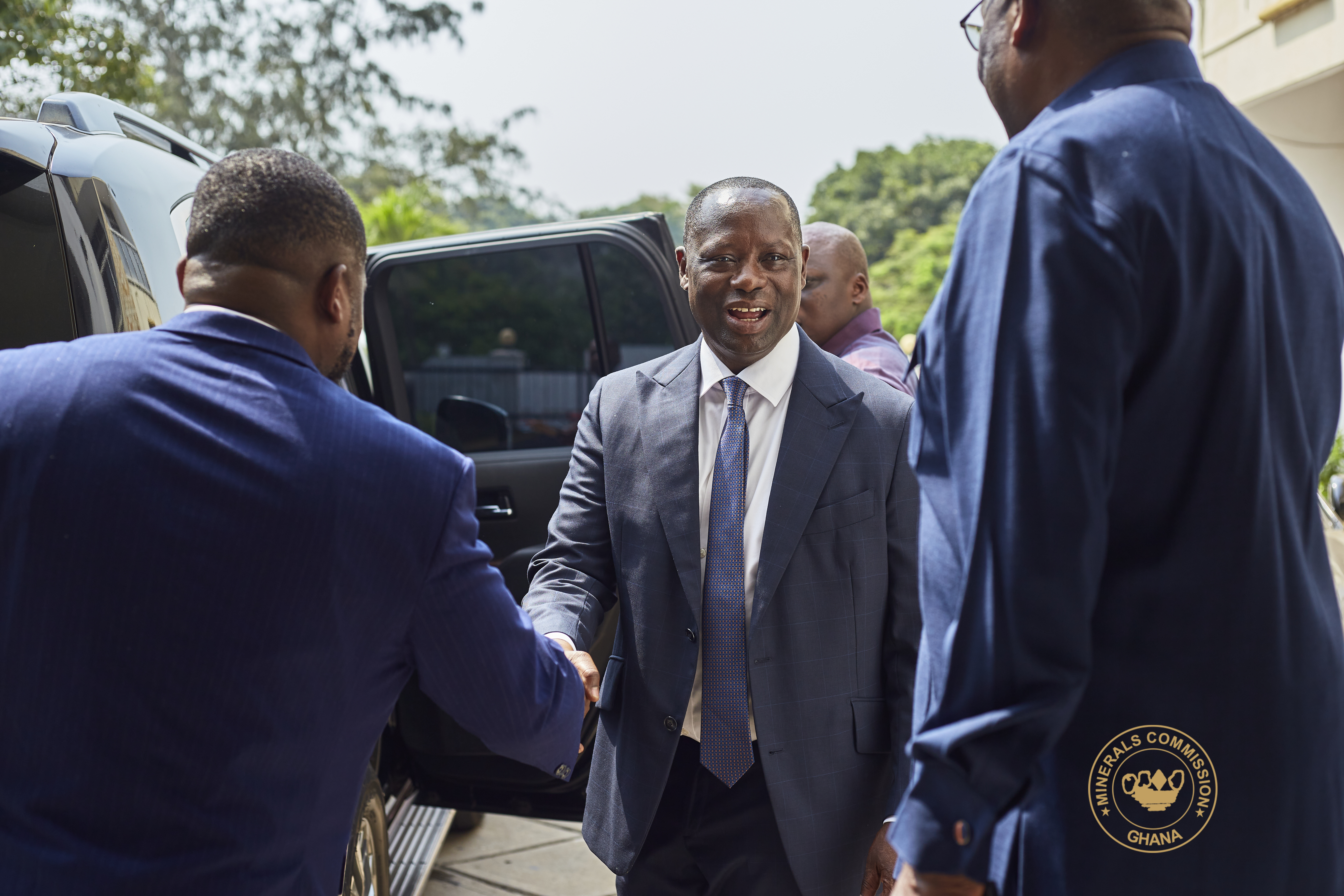
Lands Minister Commissions Third Batch of 636 Blue Water Guards to Intensify Fight Against Illegal Mining
Lands Minister Commissions Third Batch of 636 Blue Water Guards to Intensify Fight Against Illegal Mining
________________________________________________________________
On December 20, 2025 – The Minister for Lands and Natural Resources, Hon. Emmanuel Armah-Kofi Buah (MP) in a decisive step towards strengthening government’s fight against illegal mining activities, including environmental destruction, has commissioned the third cohort of 636 Blue Water Guards. The move significantly bolsters the national campaign against illegal mining and the restoration of the country’s water bodies.
The passing-out ceremony which took place at the Ezinlibo Naval Base in Jomoro, brought together government officials, regional leaders, and the security agencies of Ghana. The new guards, drawn predominantly from the Ashanti, Central, and Eastern Regions, will be deployed to key illegal mining (galamsey) hotspots to enhance surveillance and enforcement.
Addressing the parade, Hon. Armah-Kofi Buah underscored environmental protection as a top government priority. “The protection of Ghana’s environment and water bodies remains central to our national development,” he stated. “The expanded Blue Water Guards initiative will complement existing efforts and send a clear message that we will not relent in our fight against galamsey.” He emphasized that the guards will work closely with the Ghana Navy, the National Anti-Illegal Mining Operations Secretariat (NAIMOS), and other agencies to monitor rivers, detect illegal activities, and safeguard vital water resources.
With this third batch, the total number of trained Blue Water Guards operating nationwide rises to approximately 1,700, marking a substantial reinforcement of Ghana’s frontline environmental protection force.
Echoing the Minister’s call, the Minerals Commission emphasized the need for a collective national response. In a speech delivered on behalf of the Acting CEO, Mr. Isaac Tandoh, by Acting Deputy CEO in charge of Small-Scale Mining & Industrial Minerals, Mr. Maxwell Klu, the Commission described illegal mining as a severe threat to public health, livelihoods, and the nation’s future. Mr. Klu highlighted the extensive damage caused by galamsey, including the pollution of rivers that has turned critical sources of drinking water into contaminated systems. He noted that the impact extends beyond environmental degradation, crippling farming, fishing, and access to clean water in many communities.
Mr. Klu asserted that “While government leadership remains critical, the fight against illegal mining cannot be left to state institutions alone”. “It requires the active involvement of citizens, traditional authorities, civil society, and local communities.” He further outlined the essential actions required going forward, including sustained public education on the dangers of illegal mining, support for responsible mining practices, and the prompt reporting of illegal activities. He also urged citizens to hold public officials accountable for enforcing laws and to support initiatives such as the Blue Water Initiative.
The Commission further called for increased investment in innovative solutions and alternative livelihood programmes to help individuals engaged in illegal mining transition into sustainable, lawful economic activities.
The Blue Water Guard initiative forms part of a wider government strategy that includes:
• Revoking legislations that previously permitted mining in ecologically sensitive areas, reinforcing a strict no-mining stance in forest reserves.
• Implementing reforestation efforts and water restoration programmes to reverse environmental degradation.
• Ensuring coordinated enforcement and community participation through collaboration with the Minerals Commission, security agencies, and community leaders.
The newly commissioned guards will serve as frontline defenders of Ghana’s rivers, with responsibilities ranging from daily surveillance and reporting illegal activities to community education and supporting national anti-galamsey operations.
On his part, the Ashanti Regional Minister, Dr. Frank Amoakohene pledged continued support for the initiative, reaffirming government’s commitment to protecting natural resources and promoting responsible and sustainable mining practices.
Hon. Armah-Kofi Buah charged the recruits to uphold the highest standards of professionalism, integrity, and patriotism in their national assignment. On his part, Mr. Klu concluded with a powerful reminder: “Protecting water resources is a national responsibility. Let us remain united in this fight to ensure Ghana’s rivers and lakes remain clean and capable of supporting present and future generations.”
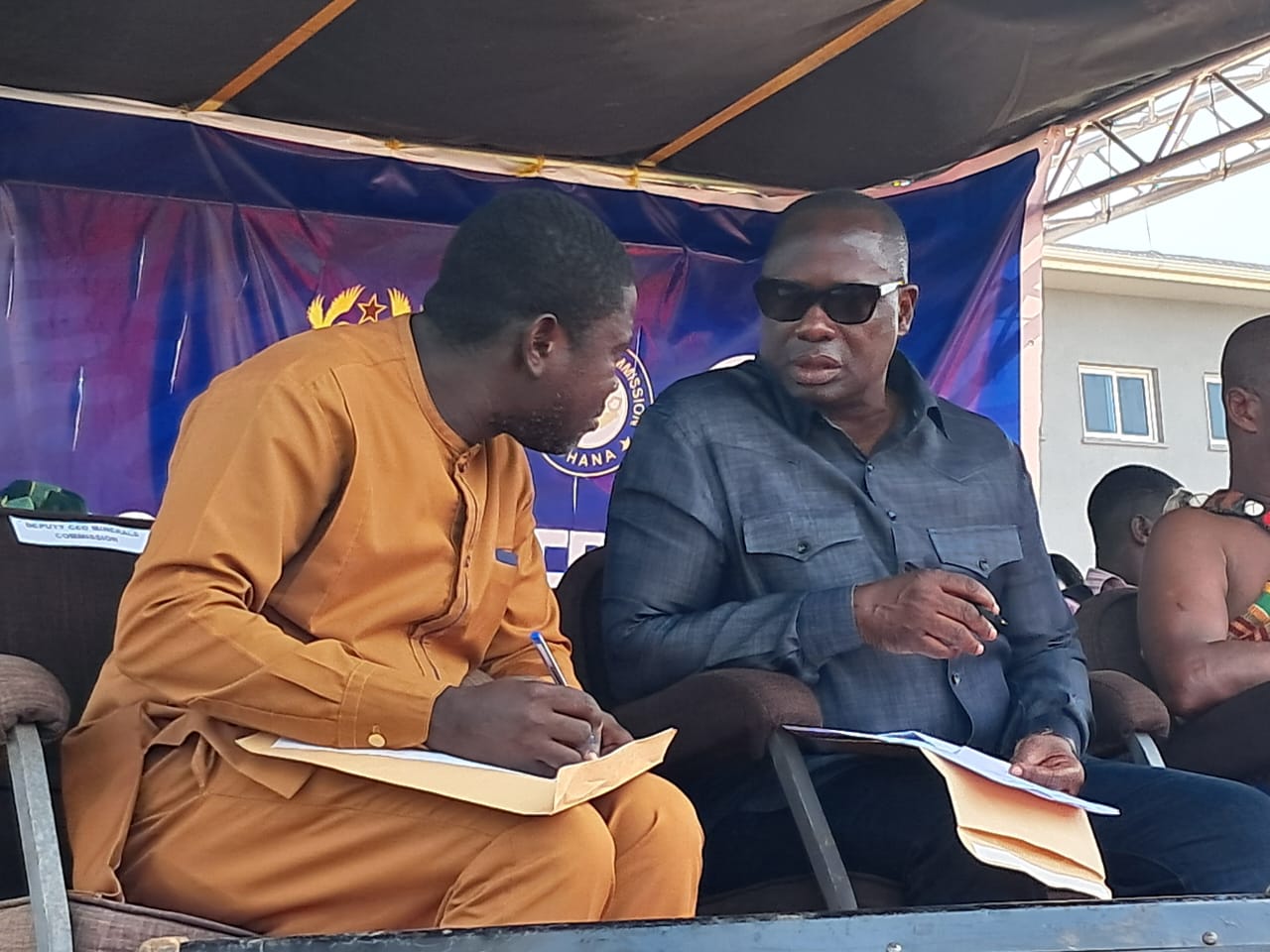
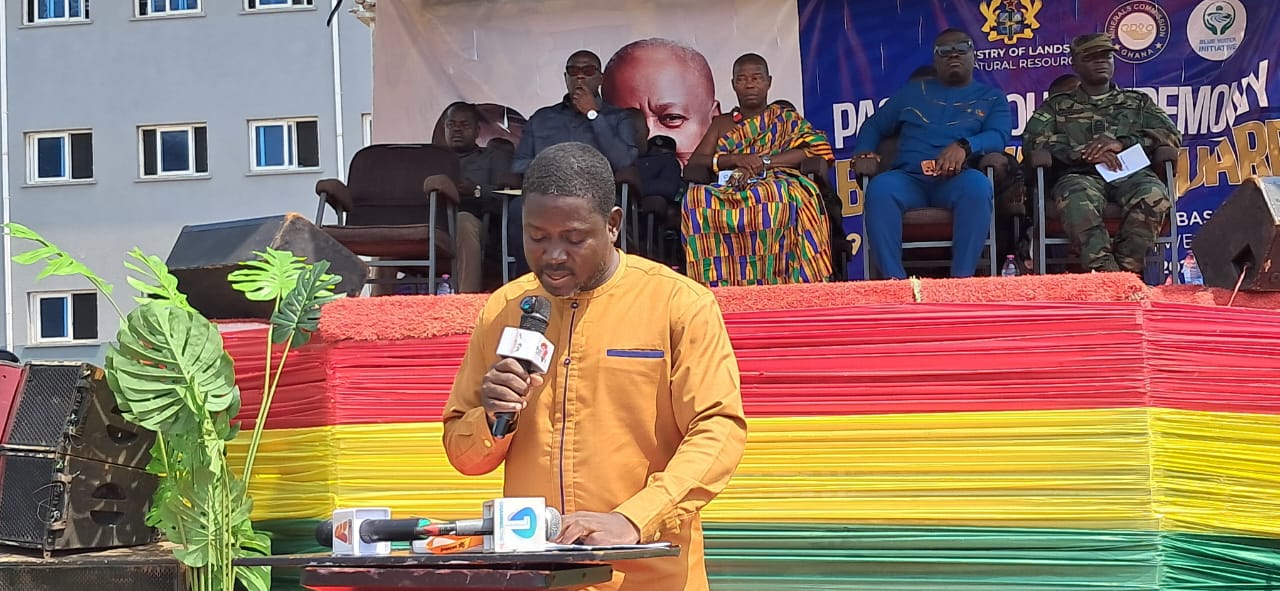
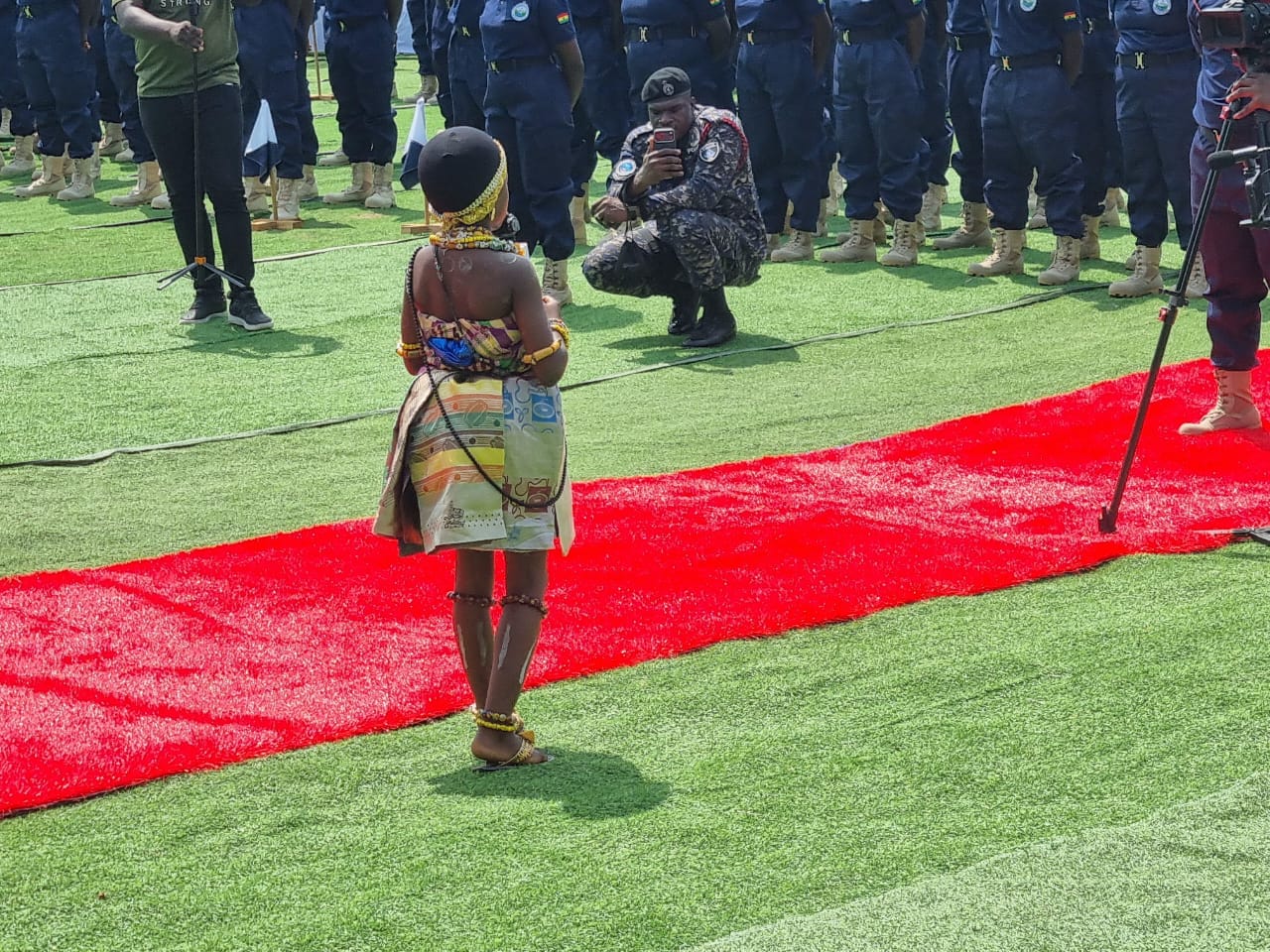
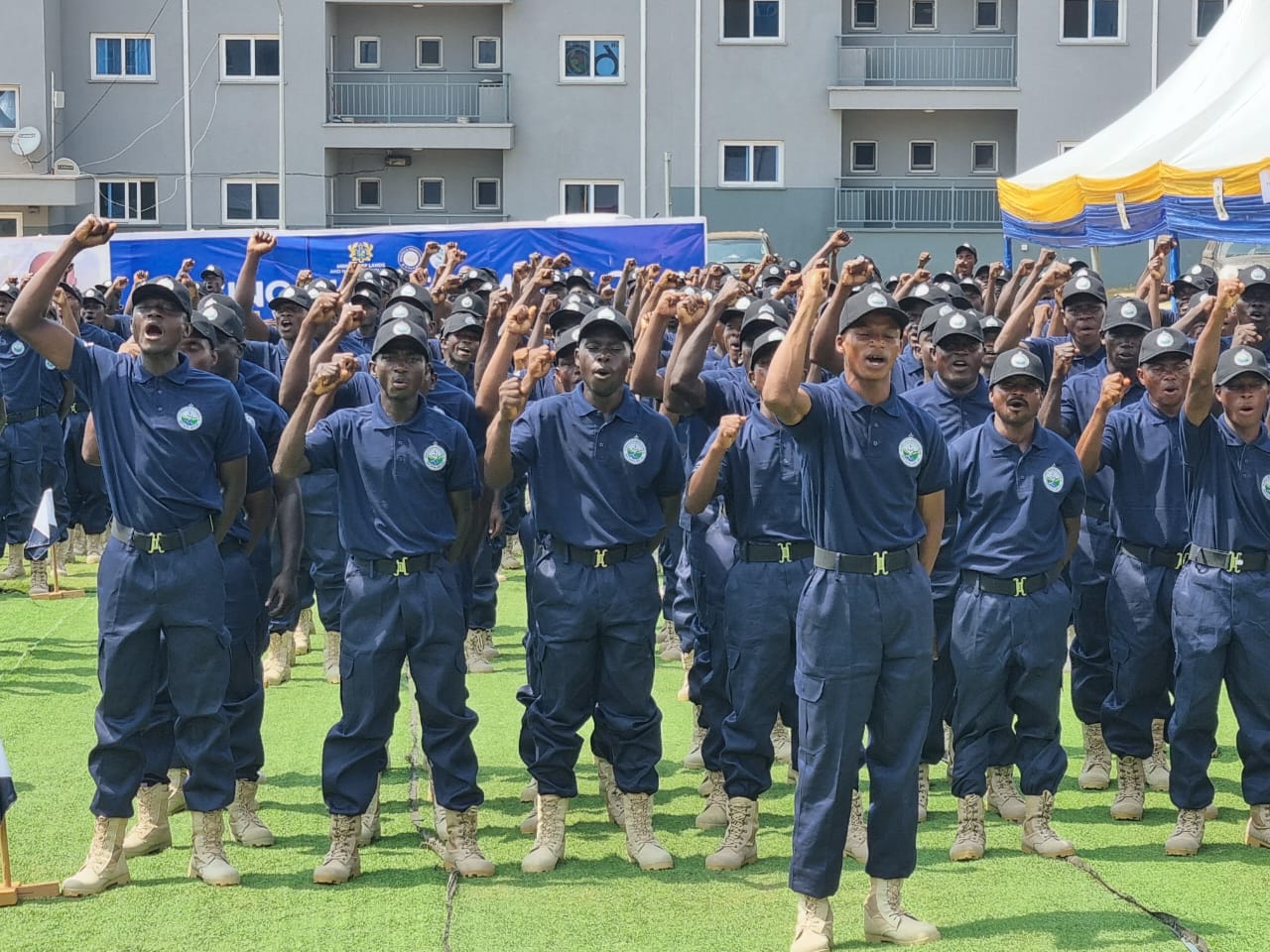
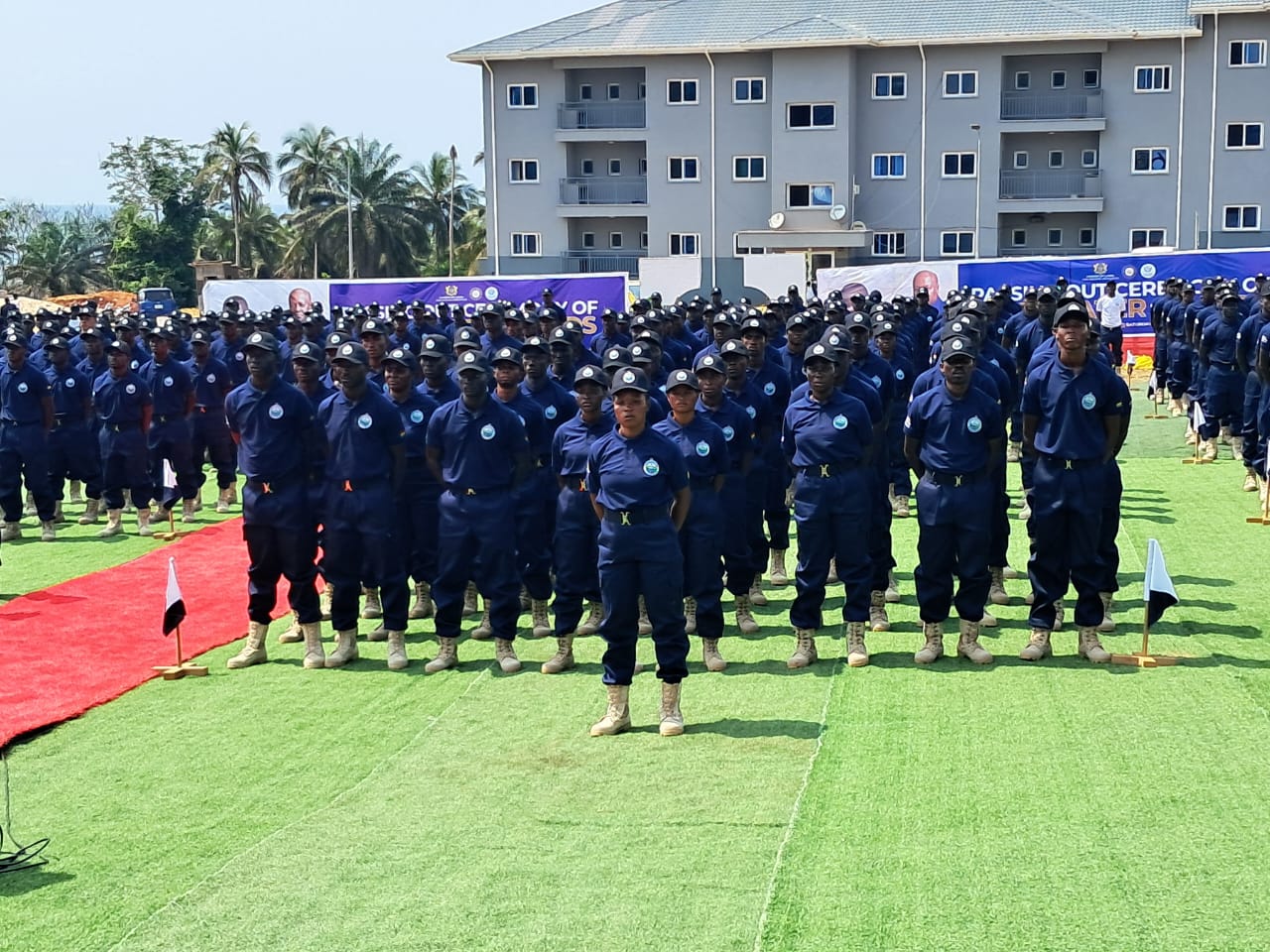
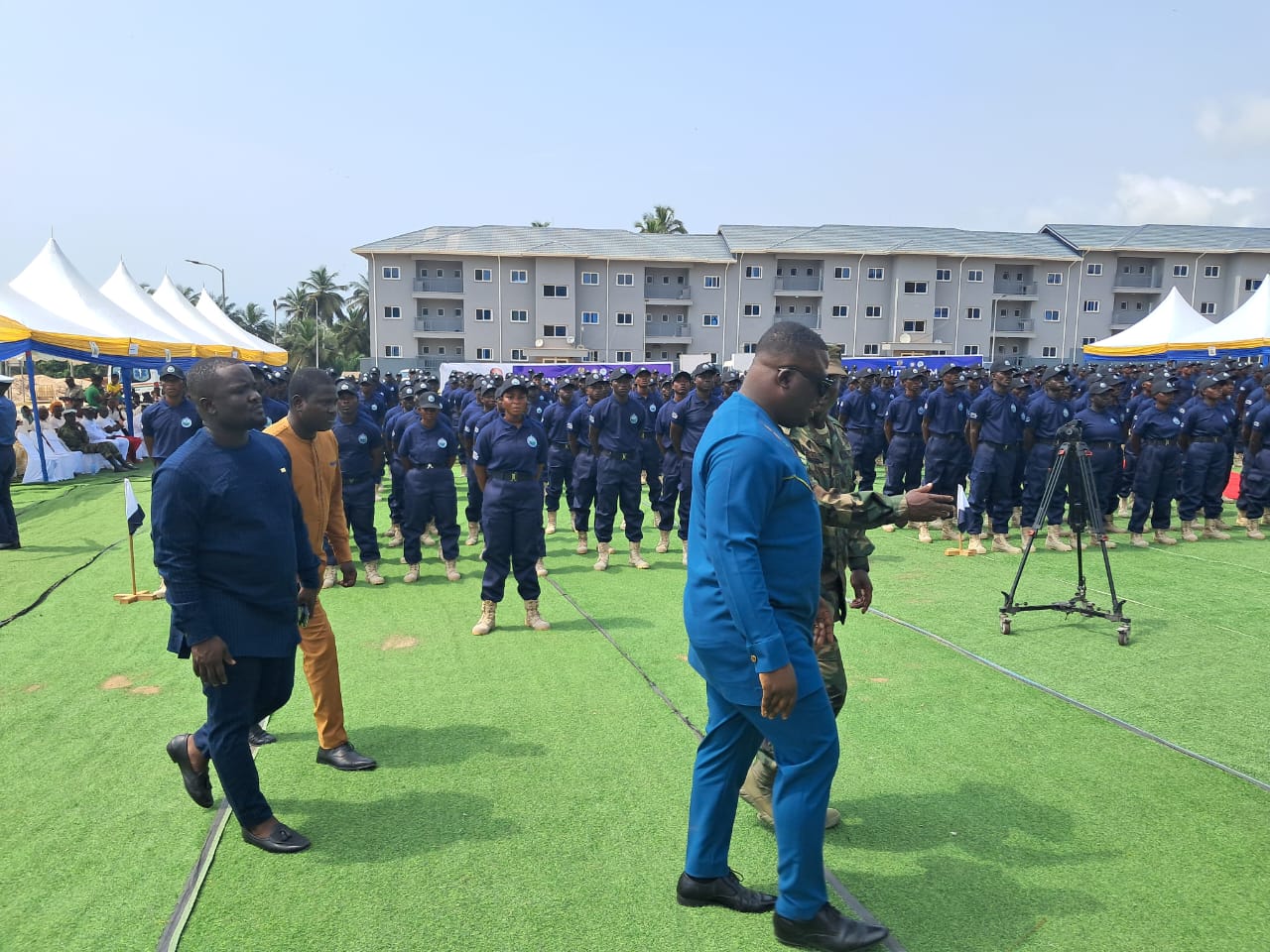
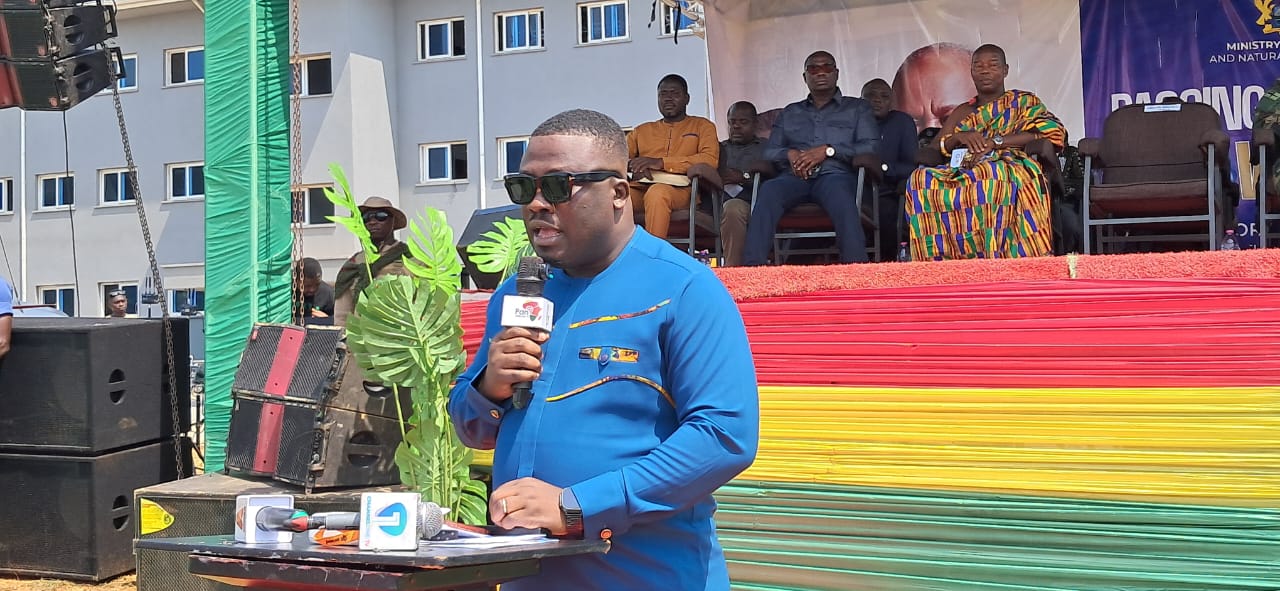
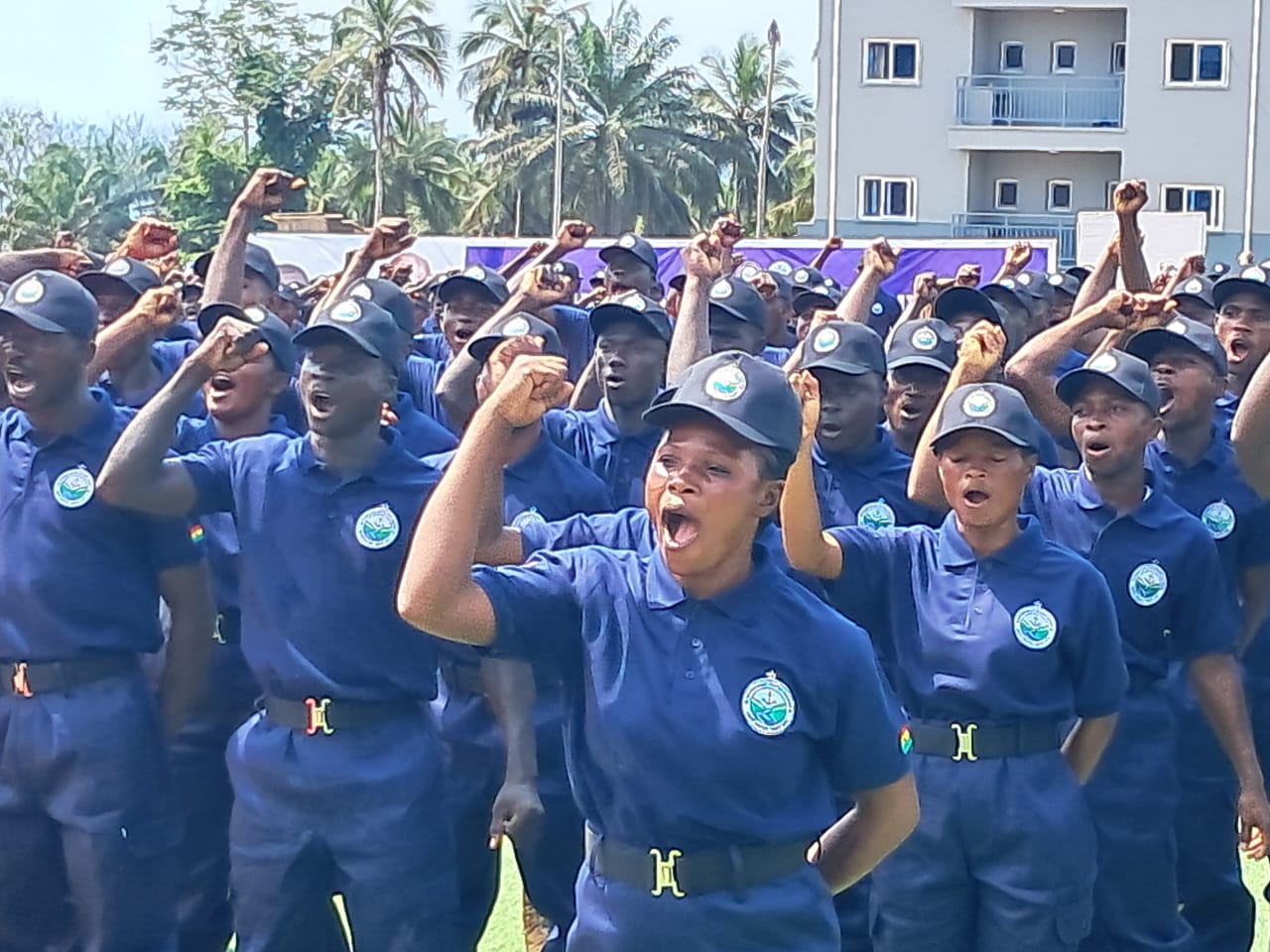

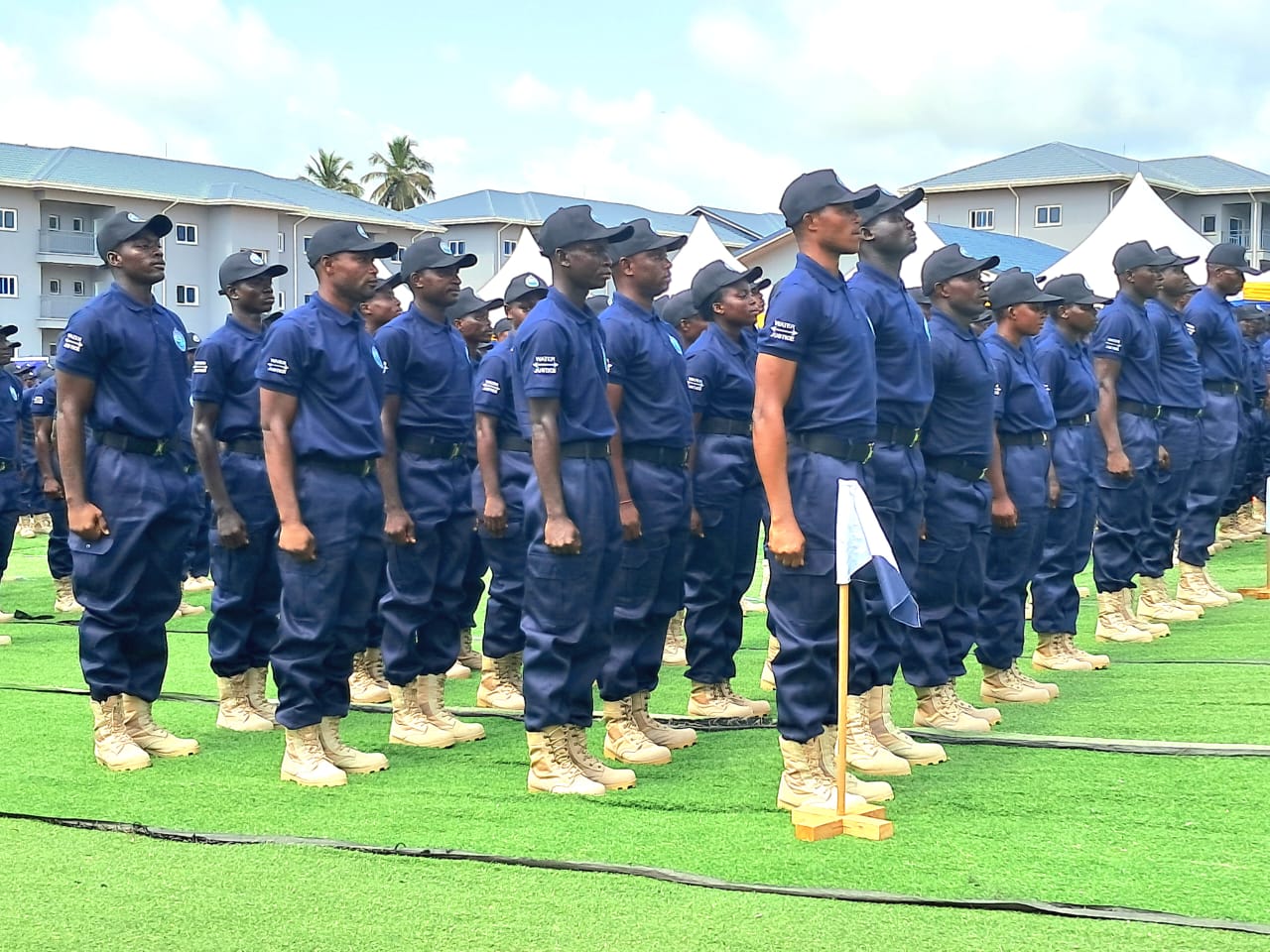

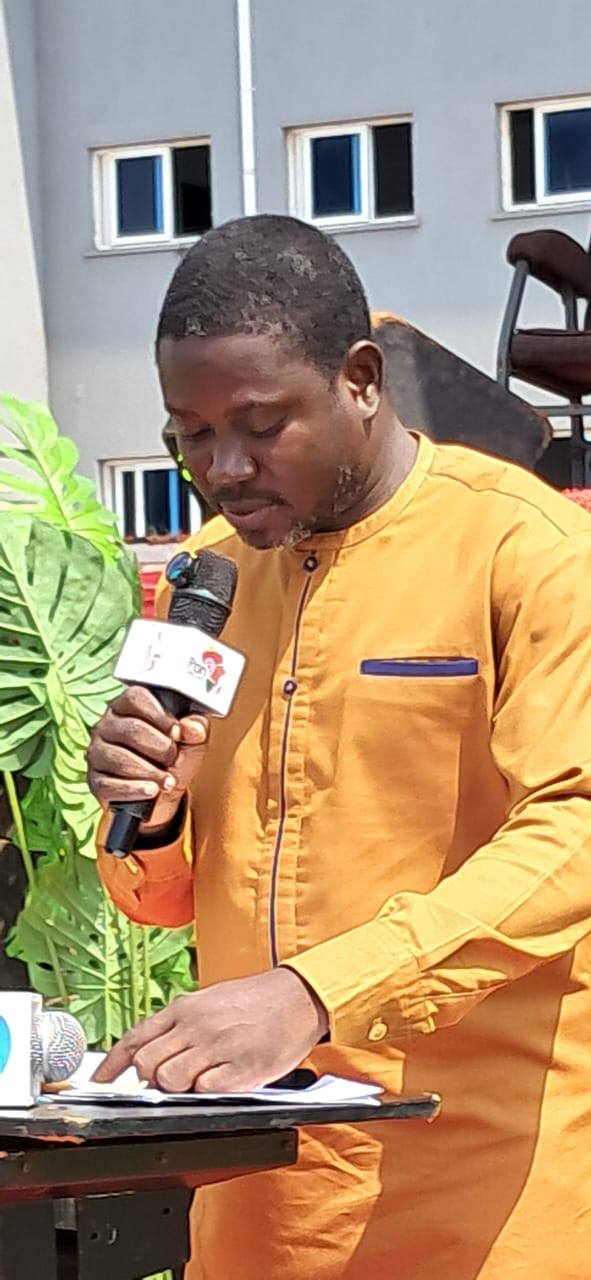
TERMINATION OF SMALL-SCALEMINING LICENSES FOR REGULATORYBREACHES AND EXPIRATION
TERMINATION OF SMALL-SCALE
MINING LICENSES FOR REGULATORY
BREACHES AND EXPIRATION
Traditional Authorities Get Boost in Ghana’s Mining Sector Reforms
Traditional Authorities Get Boost in Ghana’s Mining Sector Reforms
Addressing the Greater Accra Regional House of Chiefs, Mr. William Ntow Boahene, Esq., Chairman of the Minerals Commission Board, underscored the government’s commitment to aligning Ghana’s mining regulatory framework with contemporary challenges and opportunities through a comprehensive review process.
The Board Chairman stated that Stakeholder engagement, particularly with traditional authorities and community leaders, is paramount in this endeavor, ensuring that policies and frameworks are informed by the lived experiences of our people.
He noted that as custodians of land and culture, chiefs play a pivotal role in shaping legislative instruments that govern the utilization and conservation of our natural resources. While our current mining legislation has served us well, the pressing challenges of environmental degradation, water pollution, and illegal mining necessitate a bold and visionary review of our legal architecture, he added.
The stark reality is that our rivers are drying up, farmlands are being ravaged, and ecosystems are being irreparably damaged, imperiling the prospects of future generations. Therefore, this review must be forward-thinking and proactive.
King Professor Odaifio Welentsi III, President of the Greater Accra Regional House of Chiefs, commended the Minerals Commission for convening the engagement, highlighting the vital role of traditional authorities in the mining sector.
He noted that while the Constitution vests mineral ownership in the President, traditional authorities play a crucial role in land administration and benefit sharing.
The law requires notification of chiefs before granting mineral rights and mandates payment of annual ground rents on school lands.
However, revenue due to traditional authorities and stools is often negligible, underscoring the need for a more conscious partnership between stakeholders.
Odaifio Welentsi III, noted that the law also provides for traditional authority representation in compensation negotiations and resettlement monitoring committees, as well as appointment of traditional rulers to the Minerals Development Fund governing board.
King Welentsi III commended the Commission’s achievements, particularly the introduction of a nine-year limit on prospecting licenses, which will promote responsible mining practices through an ‘use it or lose it’ approach. Kudos to the Commission for this initiative.
Mr. Josef Iroko, Manager of Legal, provided an in-depth analysis of the current state of Ghana’s mining laws and regulations, as well as administrative and regulatory guidelines. He emphasized the significance of Parliamentary ratification of mining leases, underscoring the critical role of legislative oversight in ensuring accountability and transparency in the mining sector.
Additionally, Mr. Iroko highlighted the rights and responsibilities of District Mining Committees in overseeing mining activities within their jurisdictions, ensuring that local communities are engaged and involved in the decision-making process. Notably, he stressed the crucial role of Chiefs and traditional leaders as allodial owners of the land, entitled to compensation as stipulated in Ghana’s mining laws.
Mr. Iroko also presented a comprehensive overview of the Minerals and Mining Law, Act 2006 (Act 703), and outlined significant amendments to Ghana’s mining laws, providing valuable insights into the evolution of the country’s mining regulatory framework.
Mr. Benjamin Aryee, former Chief Executive Officer of the Minerals Commission and Advisor to the Minister, presented a comprehensive review of the 2014 Mining Policy, highlighting salient new provisions. Notably, he emphasized the integration of the Green/Critical Minerals Policy, which underscores the imperative of sustainable mining practices in the face of burgeoning global demand for critical minerals.
Furthermore, Mr. Aryee discussed the impact of emerging global trends, including climate change and the increasing importance of Environment, Social, and Governance (ESG) standards, on Ghana’s mining sector.
He also highlighted key government policies, such as the introduction of Cooperative Mining and the recategorization of mining, which includes the creation of a medium-scale category. ‘Emerging global trends, such as climate change and the growing significance of transition minerals, coupled with challenges arising from implementation over the past decade and the strategic importance of small-scale mining to Ghana’s economy, necessitate a paradigm shift in our approach,’ the statement asserted.
This review underscores the need for a forward-thinking and adaptive mining policy framework that addresses the complexities of the modern mining landscape.
END

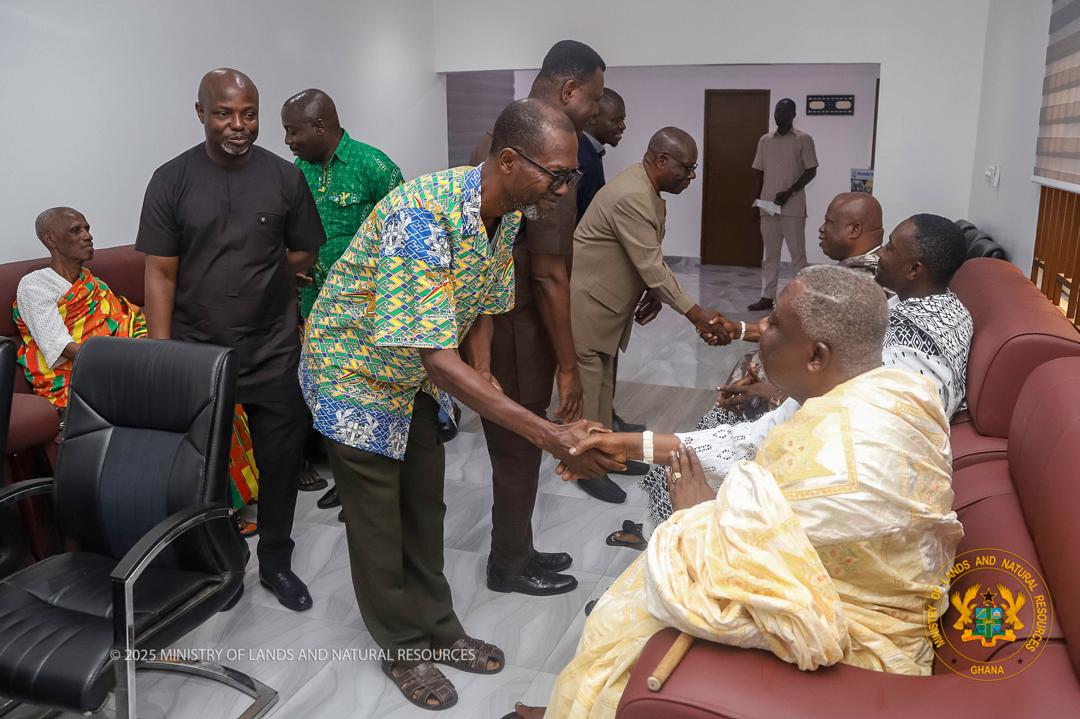
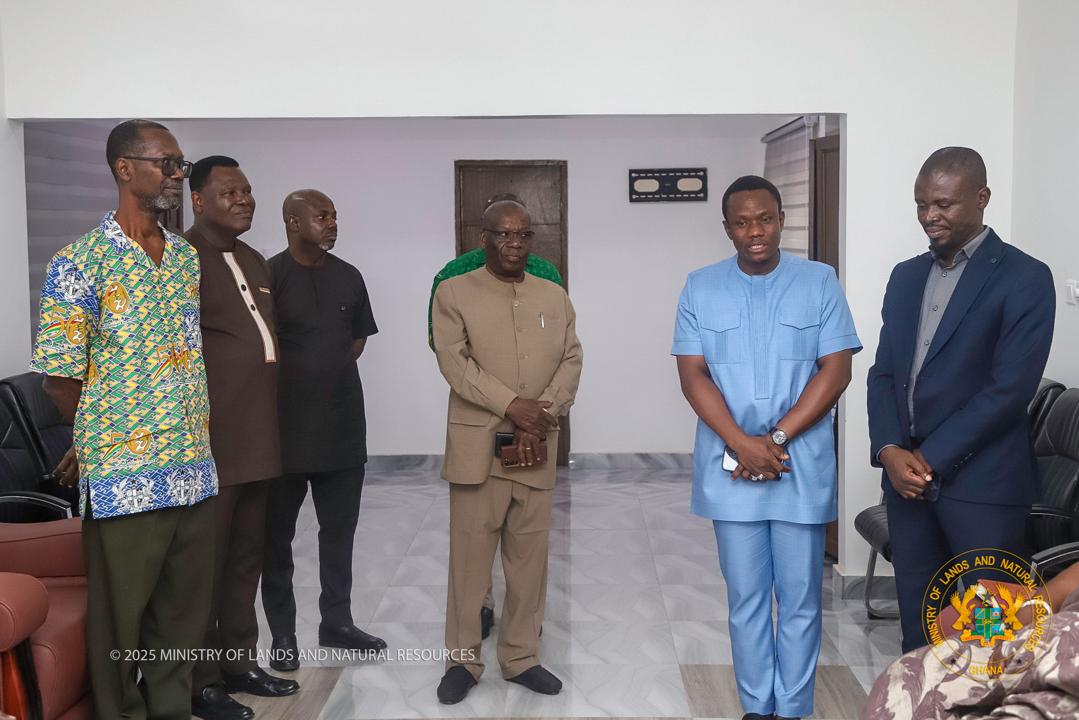
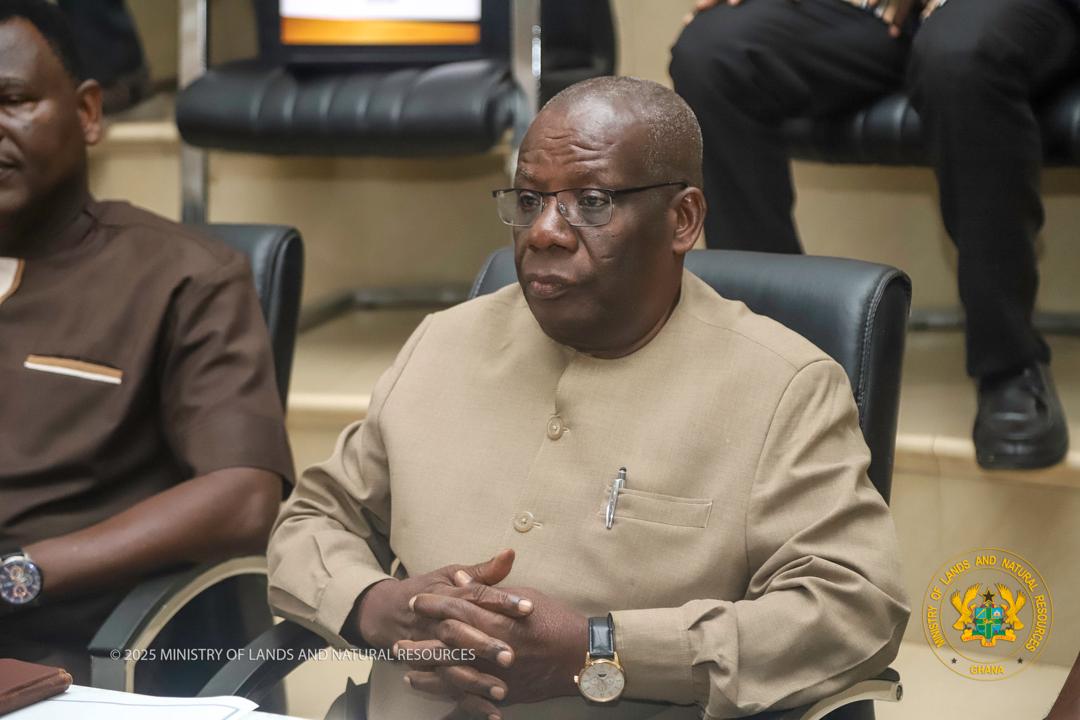
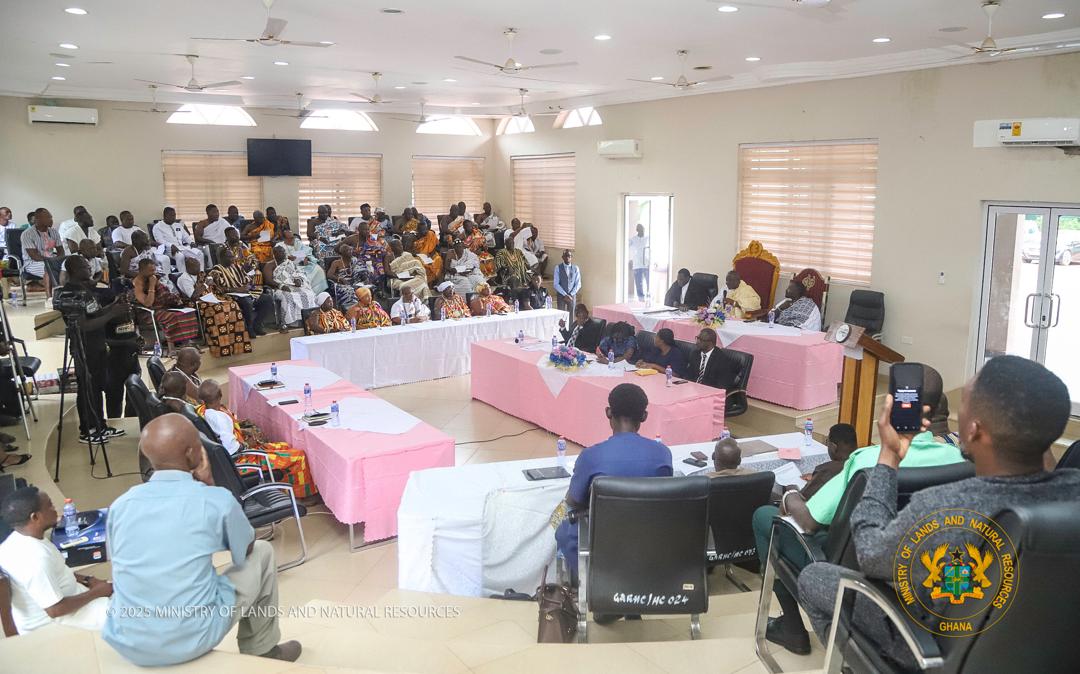
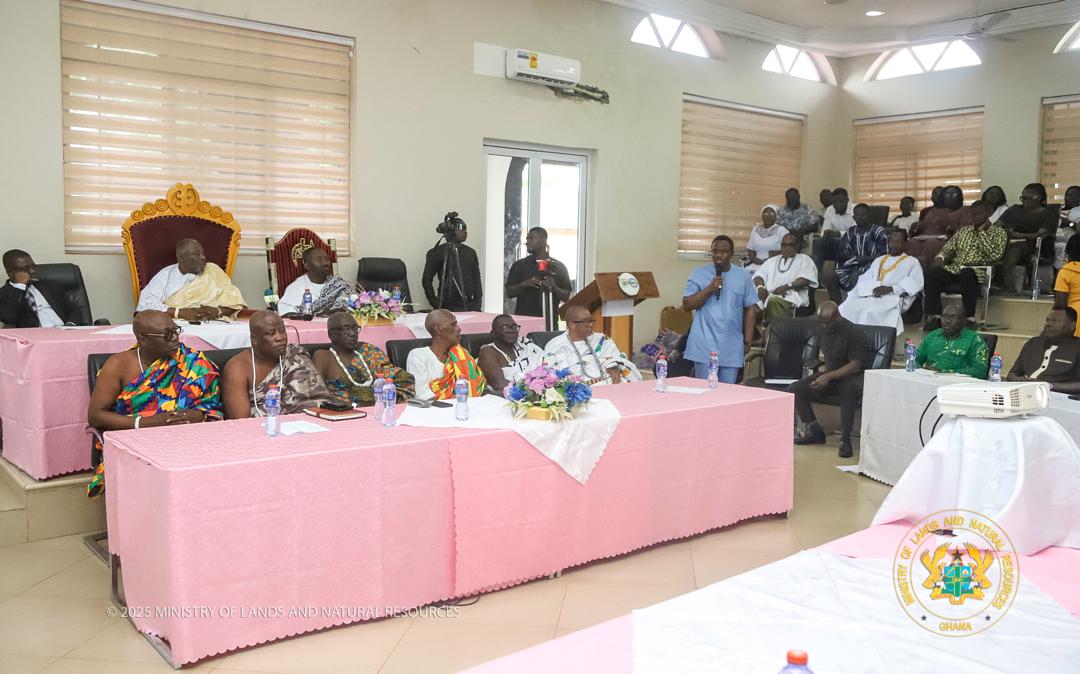
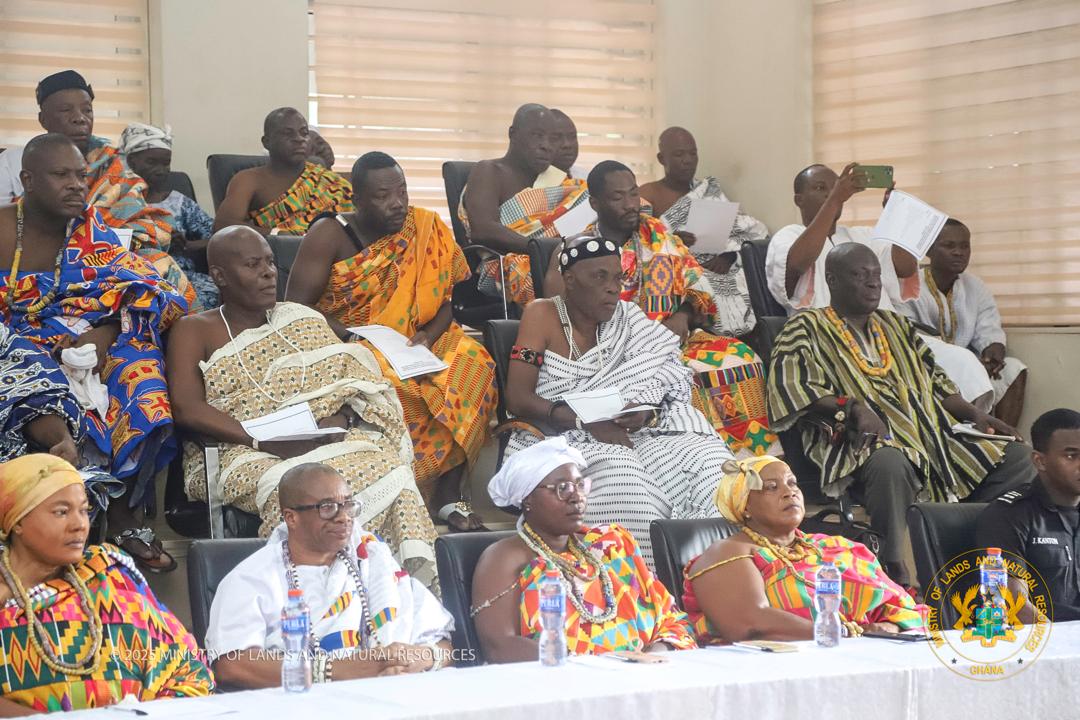
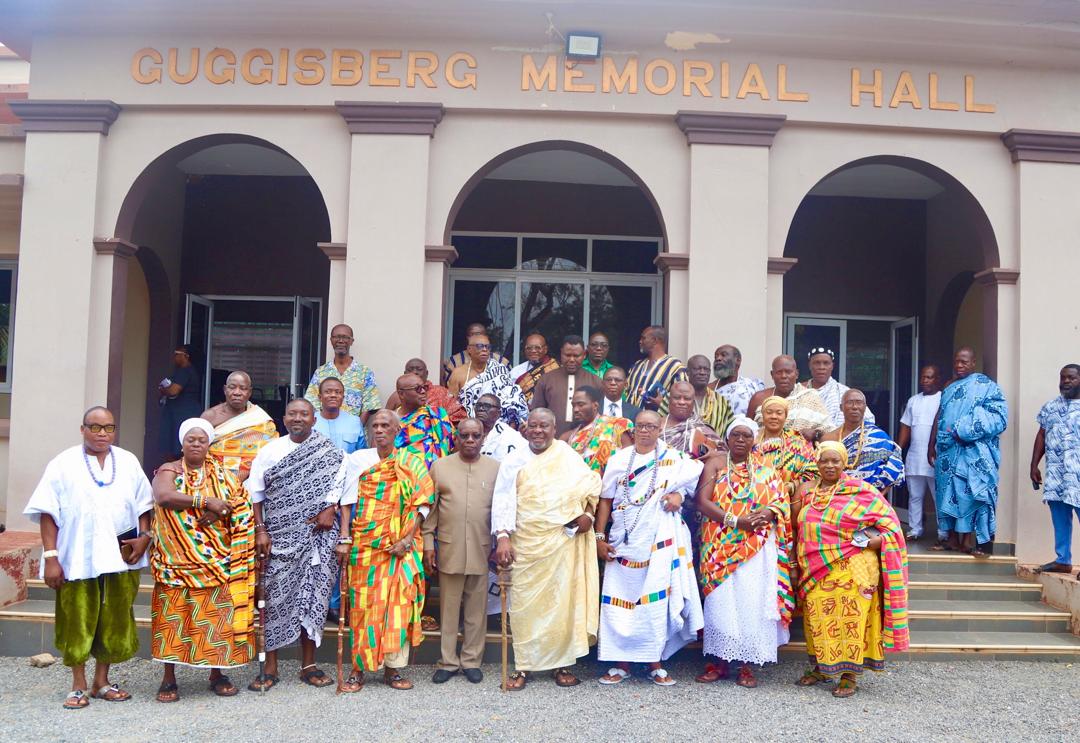
400-River-Guards-Recruited-to-Boost-Ecological-Conservation-in-Western-Region
400 River Guards Recruited to Boost Ecological Conservation in Western Region
Monday, March 17, 2025, the Minister of Lands and Natural Resources, Hon. Emmanuel Armah-Kofi Buah, and Member of Parliament for the Ellembelle Constituency, inaugurated the Blue River Guards. The ceremony took place at the Naval Base, Ezinlibo in the Jomoro District of the Western Region.
In his opening remarks, Mr. Emmanuel Kwamena Anyimah, Deputy Chief Executive Officer for Support Services at the Minerals Commission, stated that the Blue Water Initiative aims to rehabilitate polluted water sources and transform affected areas into hubs of ecological and economic recovery. Mr. Anyimah emphasized that “Today’s gathering is not just a ceremony; it is a call to action. It is a reminder that our rivers-our-lifelines are under threat”. He noted that the inauguration of the Blue River Guards marks a significant milestone in Ghana’s efforts to sustainably preserve its natural resources for both present and future generations. He encouraged the Blue River Guards to be dedicated to duty and adhere to the training protocols. Highlighting the role of the Minerals Commission, Mr. Anyimah said, “We are to provide regulatory support, technical guidance, and oversight to ensure the Blue River Guard programme succeeds.”
The Minister, Hon. Buah, emphasized that the Blue River Guards are a crucial component of the Blue Water Initiative. Hon. Buah, admonished the beneficiaries to remain committed to protecting Ghana’s water bodies from pollution arising from the activities of illegal mining. He stressed that the Blue Water Initiative of President John Dramani Mahama, is spearheaded by the Ministry of Lands and Natural Resources in collaboration with the Ministry of Water Resources, Works and Housing, and the Ministry of Environment, Science and Technology. This collaboration is expected to restore the river and water bodies from the menace of illegal mining. Hon. Buah mentioned that the goal is to recruit and train 2,000 Blue River Guards who will serve as the lifeguards and defenders, protecting and monitoring the health of the river bodies. He further stated that “this initiative is part of the government’s social contract with the citizens of Ghana” and bemoaned the turbidity levels of water bodies, reaching alarming proportions, endangering citizens wellbeing and aquatic lives. The Minister called on all stakeholders to join the fight against the pollution of the river bodies, the depletion of forests cover, and degradation of the environment.
On his part, the Western Regional Minister, Hon. Joseph Nelson, commended Hon. Buah for undertaking this initiative and pledged to support the successful rollout of the Blue River Guards programme, as it will play a vital role in monitoring and protecting rivers from environmental threats.
Commodore Emmanuel Ayesu Kwafo, Flag Officer Commanding the Western Naval Command, expressed joy and emphasized that collective effort is required to combat environmental degradation. He praised the Minerals Commission for the support and urged the 400 recruited Blue River Guards to work hard, discharge their duties with honesty and dedication, and protect Ghana’s water bodies and forest areas.
In his closing remarks, Awulae Agyevi Kwame, Paramount Chief of Nsein Traditional Area, expressed excitement about the initiative and highlighted the need for citizens to rally behind the Ministry to resolve the menace of environmental degradation.
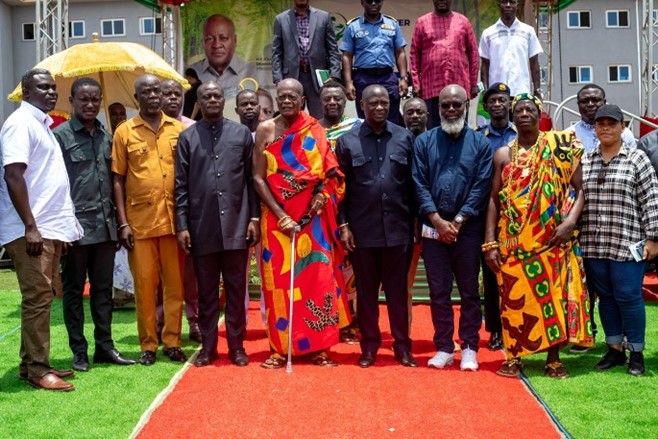
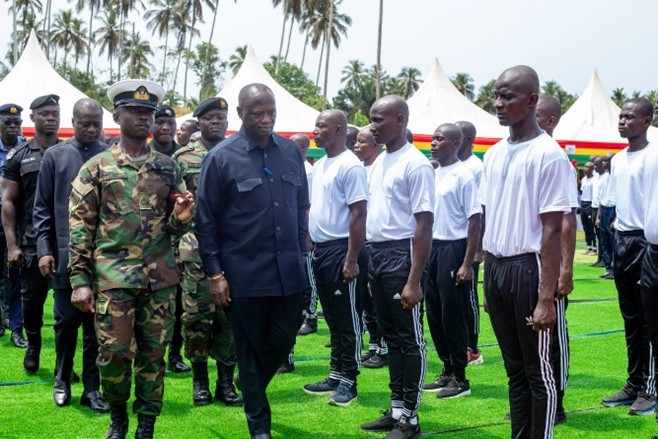
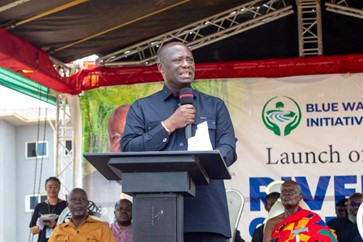
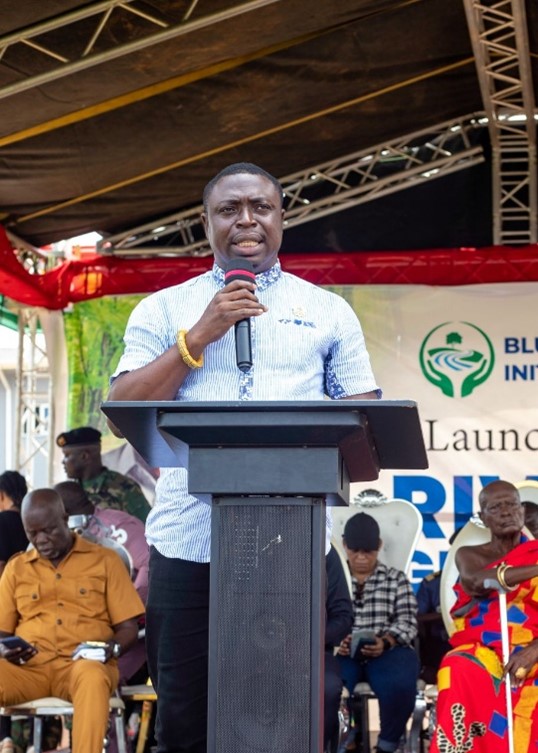
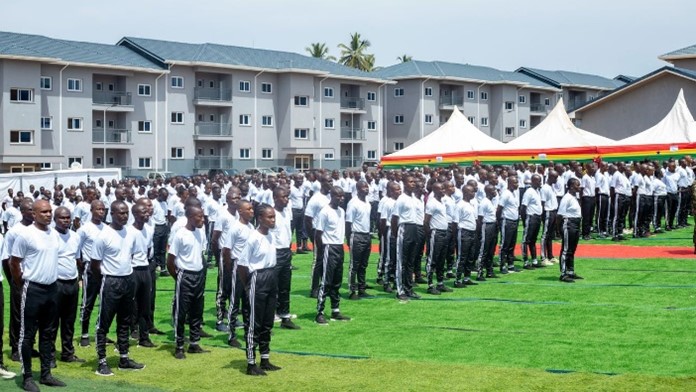
From-Degradation-to-Restoration-Story-of-Reclaimed-Lands-at-Adansi-Fomena-and-Dompoase-In-Ashanti-Region
From Degradation To Restoration: Story Of Reclaimed Lands At Adansi Fomena And Dompoase In Ashanti Region
March 4, 2025, the Minerals Commission organised handing over ceremonies at Adansi Fomena and Dompoase, aimed at the restoration of devastated mined out lands at selected communities in Adansi South District Assembly in the Ashanti Region.
In total, eight reclaimed sites across three locations covering 160.33 hectares (approximately 396.18 acres) of degraded lands was restored. The locations are Domeabra I & II, Adansi Kenya I, II & III at Adansi Fomena, and Nkrankese I, II & III at Dompoase.
The colourful events were held at the palaces of the Paramount Chiefs who chaired the function and accepted full responsibility of the reclaimed lands as custodians. In attendance were the District Coordinating Directors of the beneficiary Assemblies who pledged their support to ensuring that these lands are protected from devastation.
The events were climaxed with the signing of Project Handover Attestation document to officially return the lands to the Chiefs and people of the beneficiary communities.
